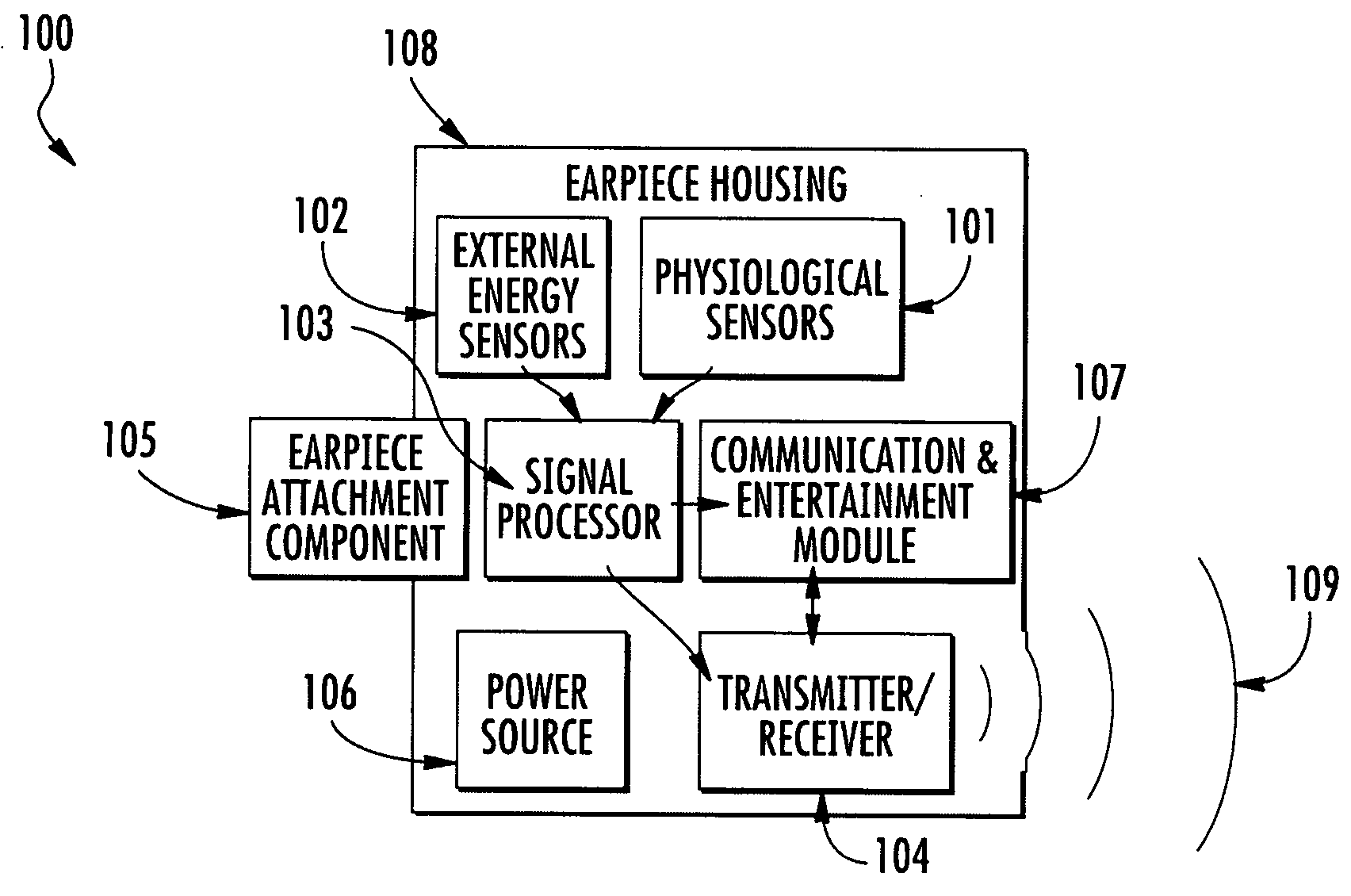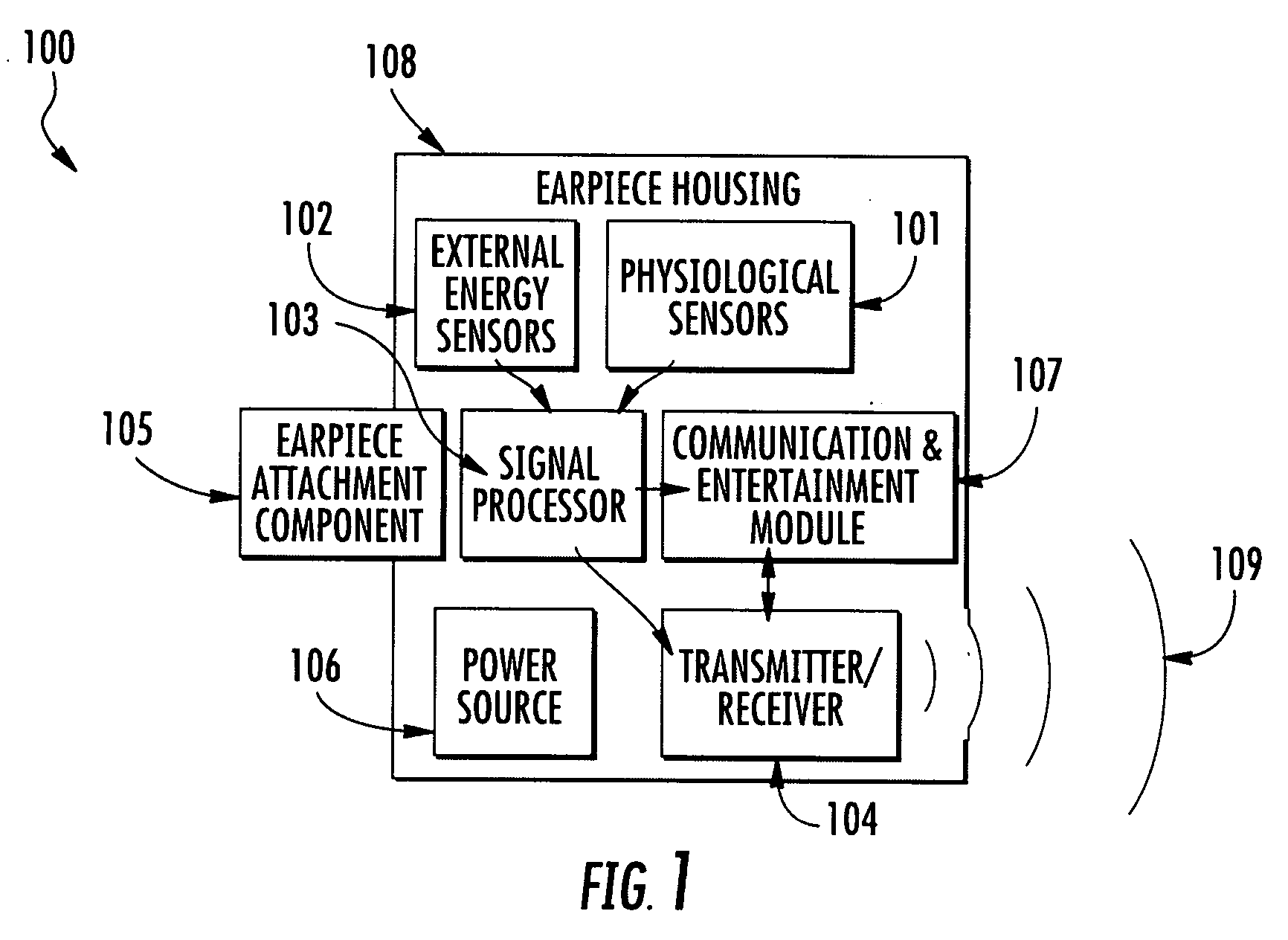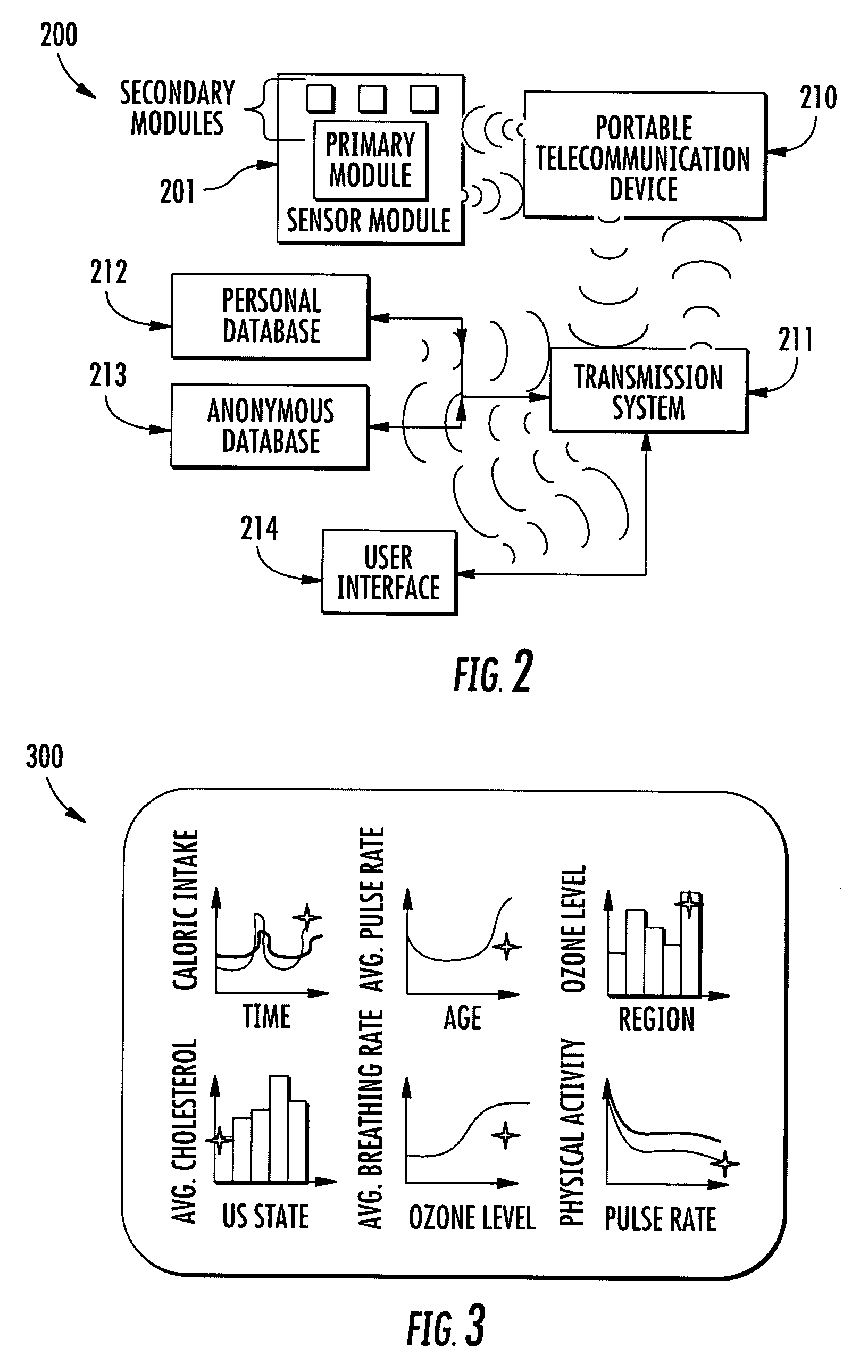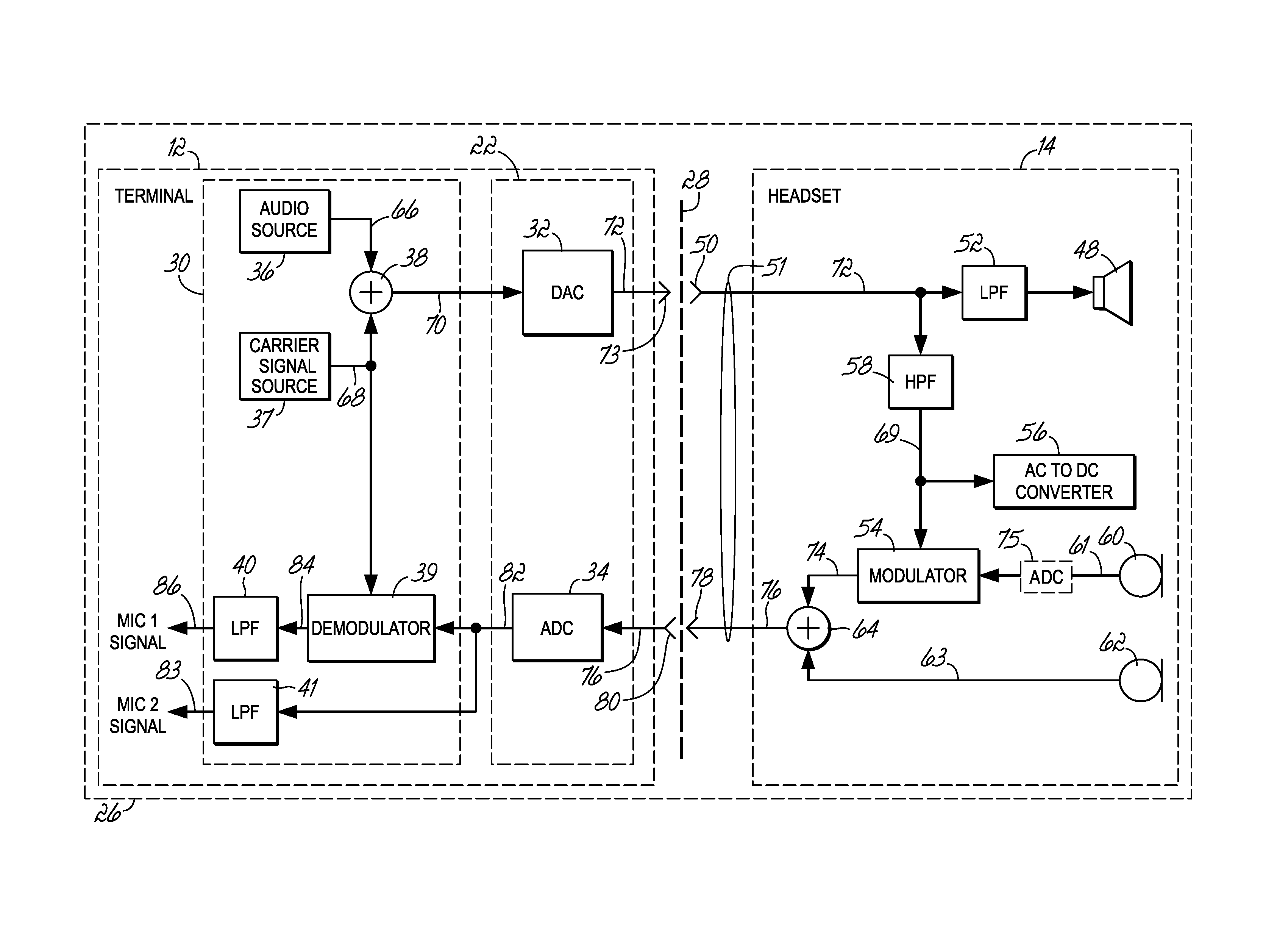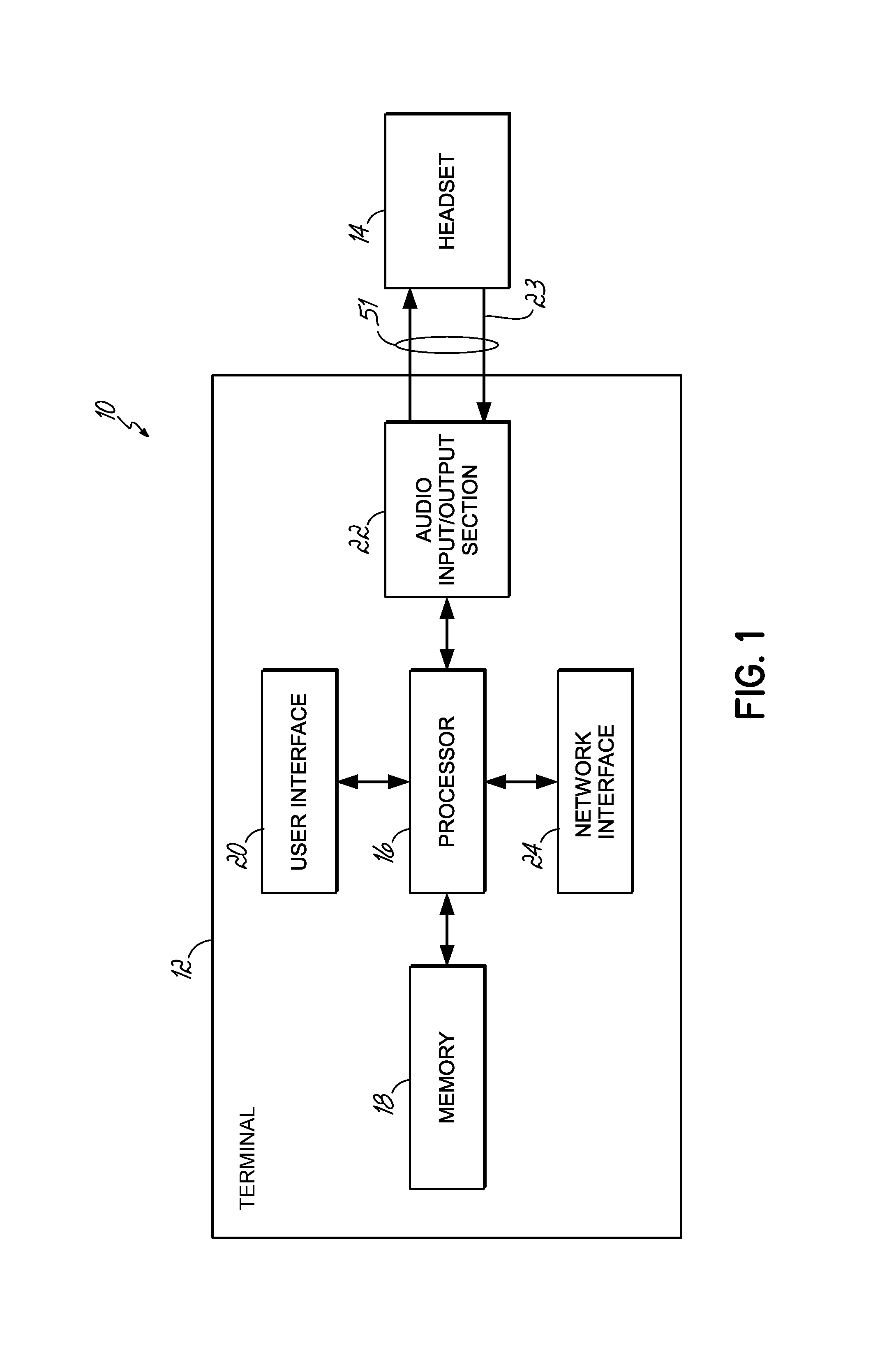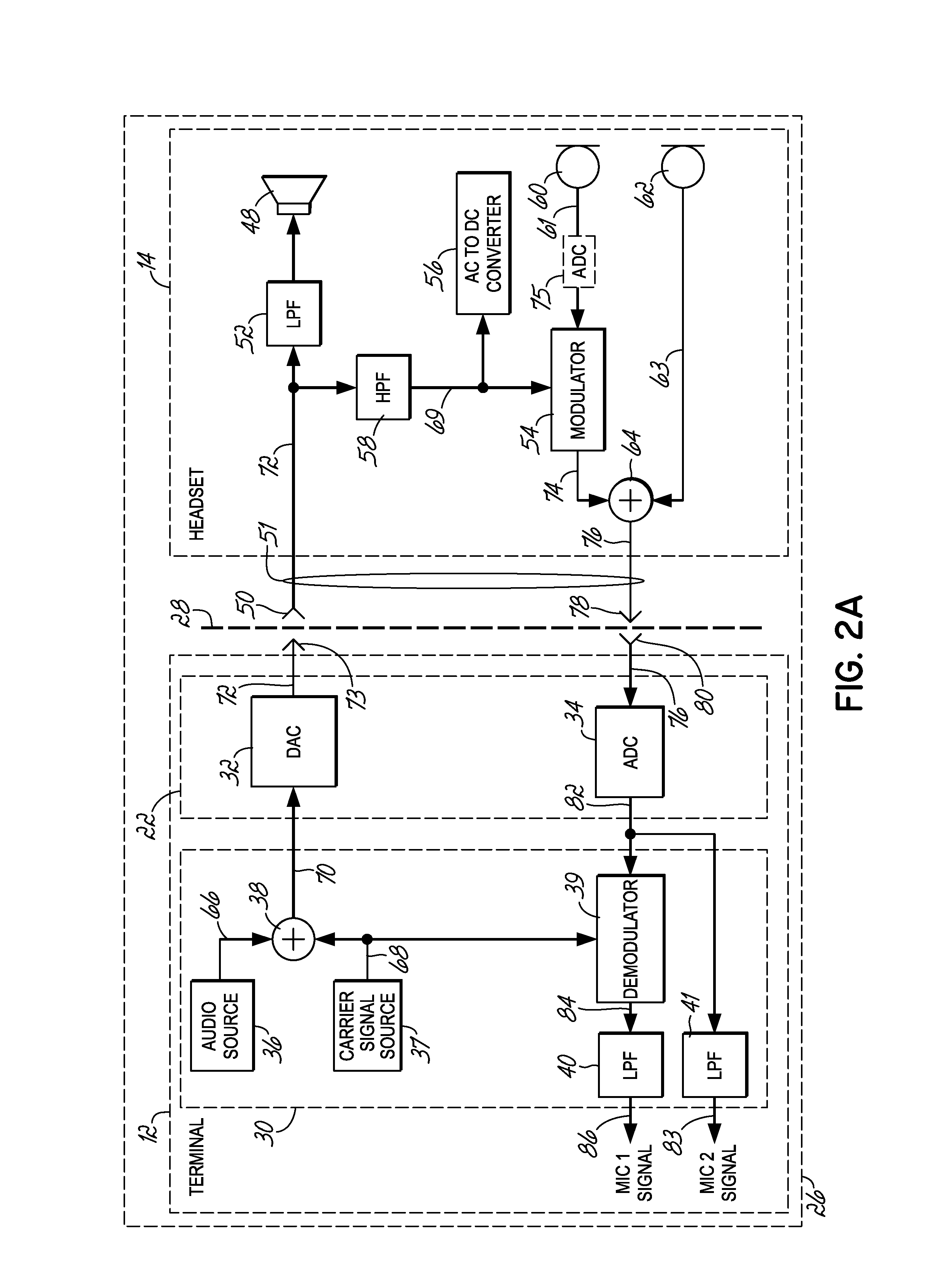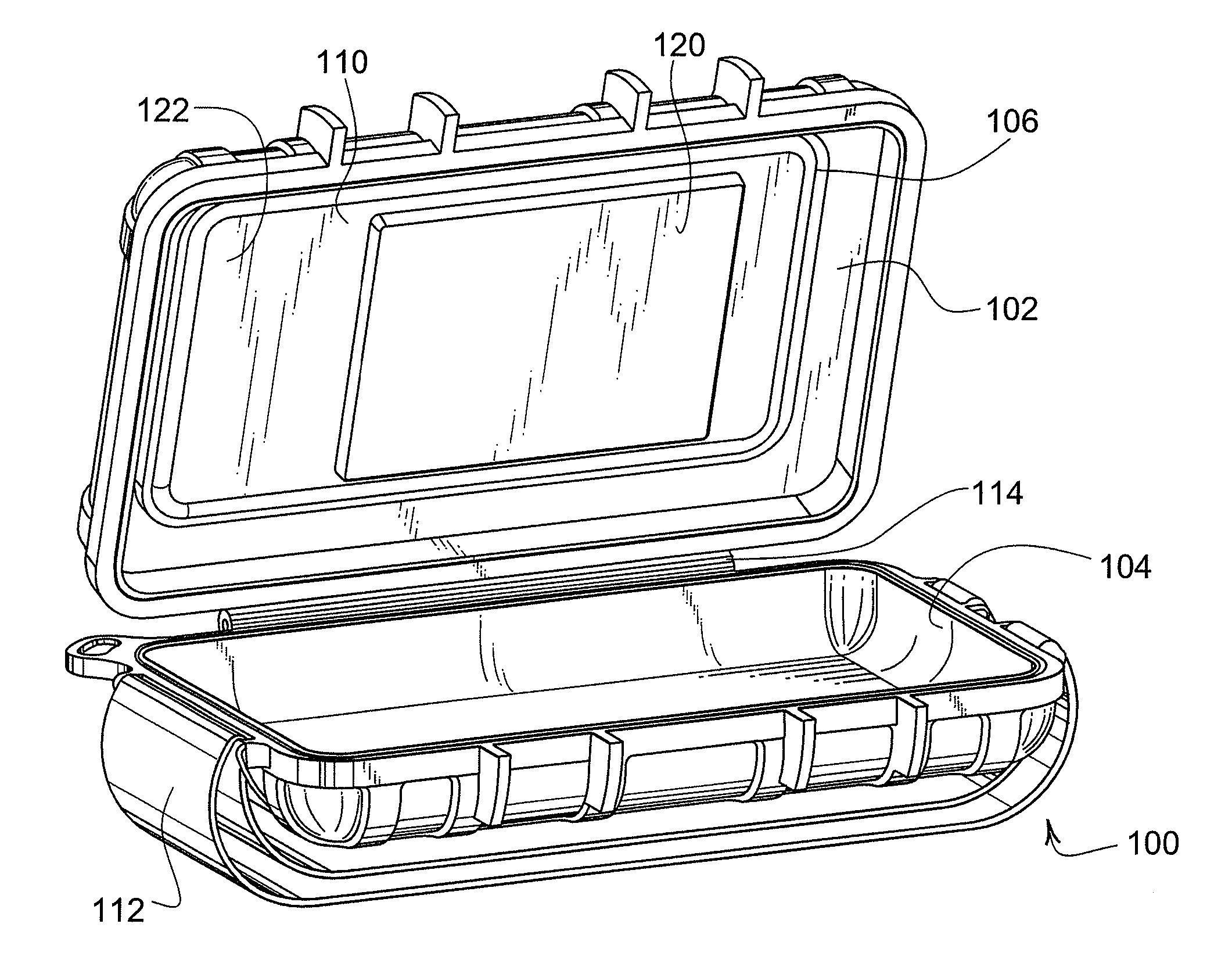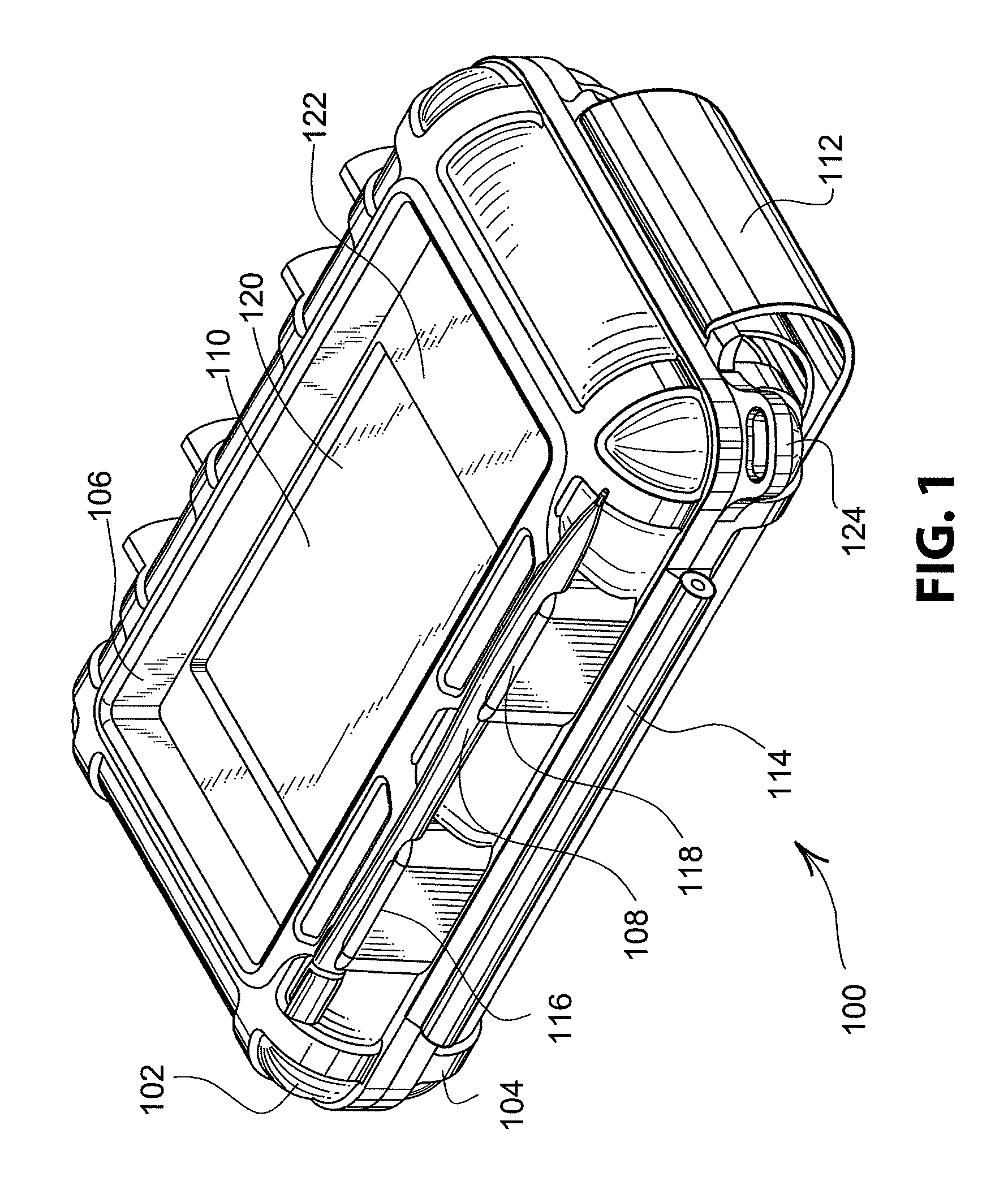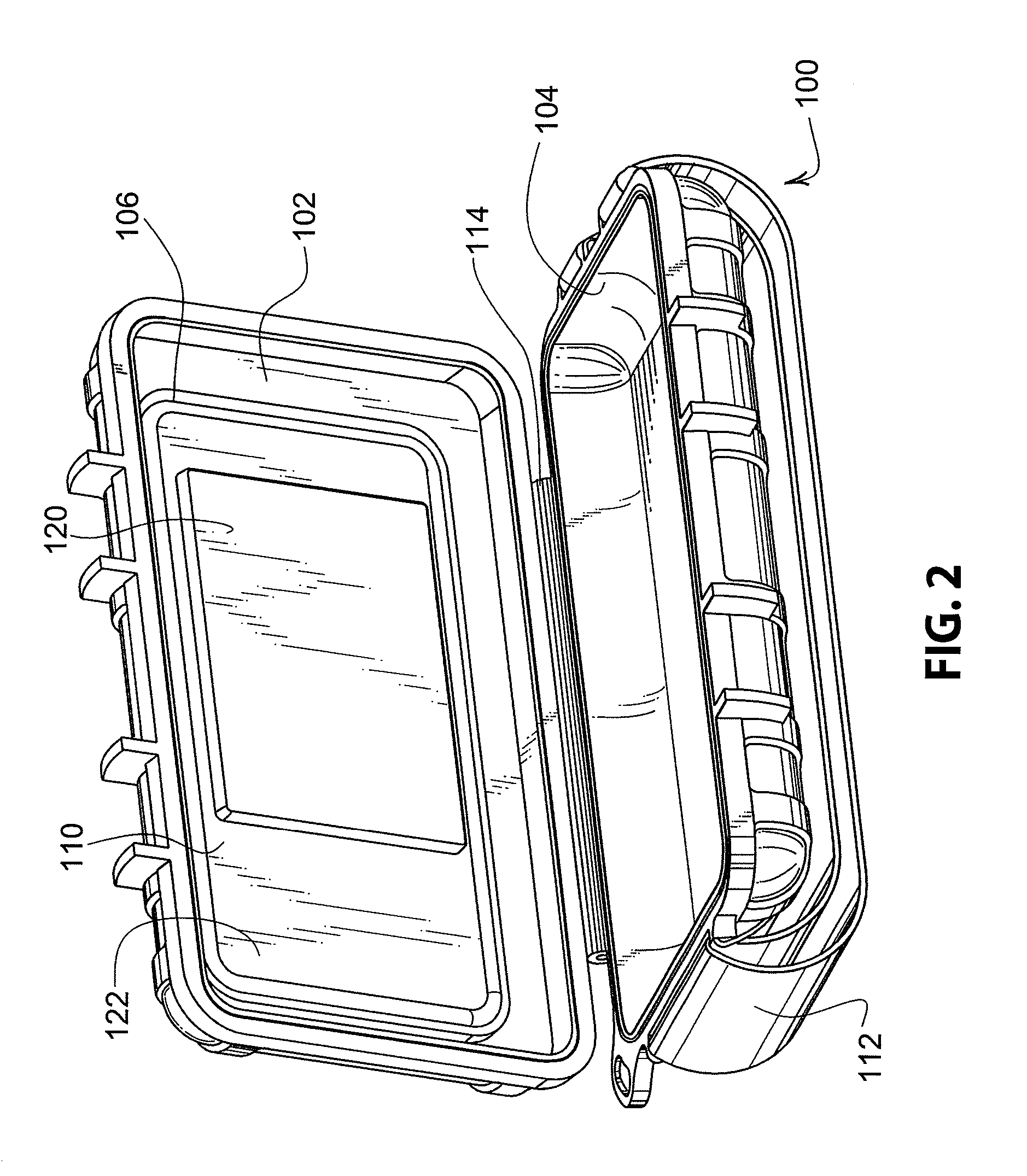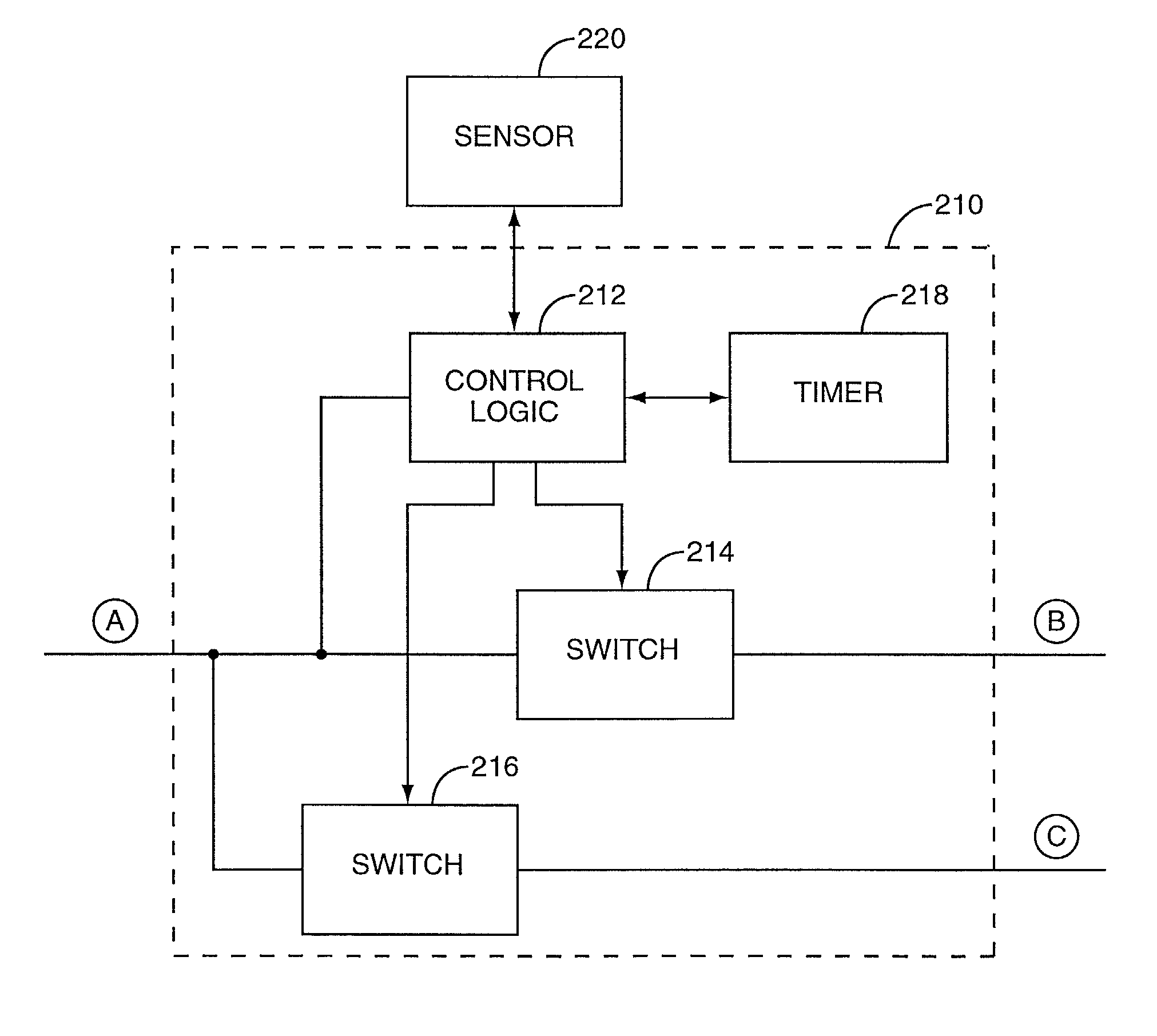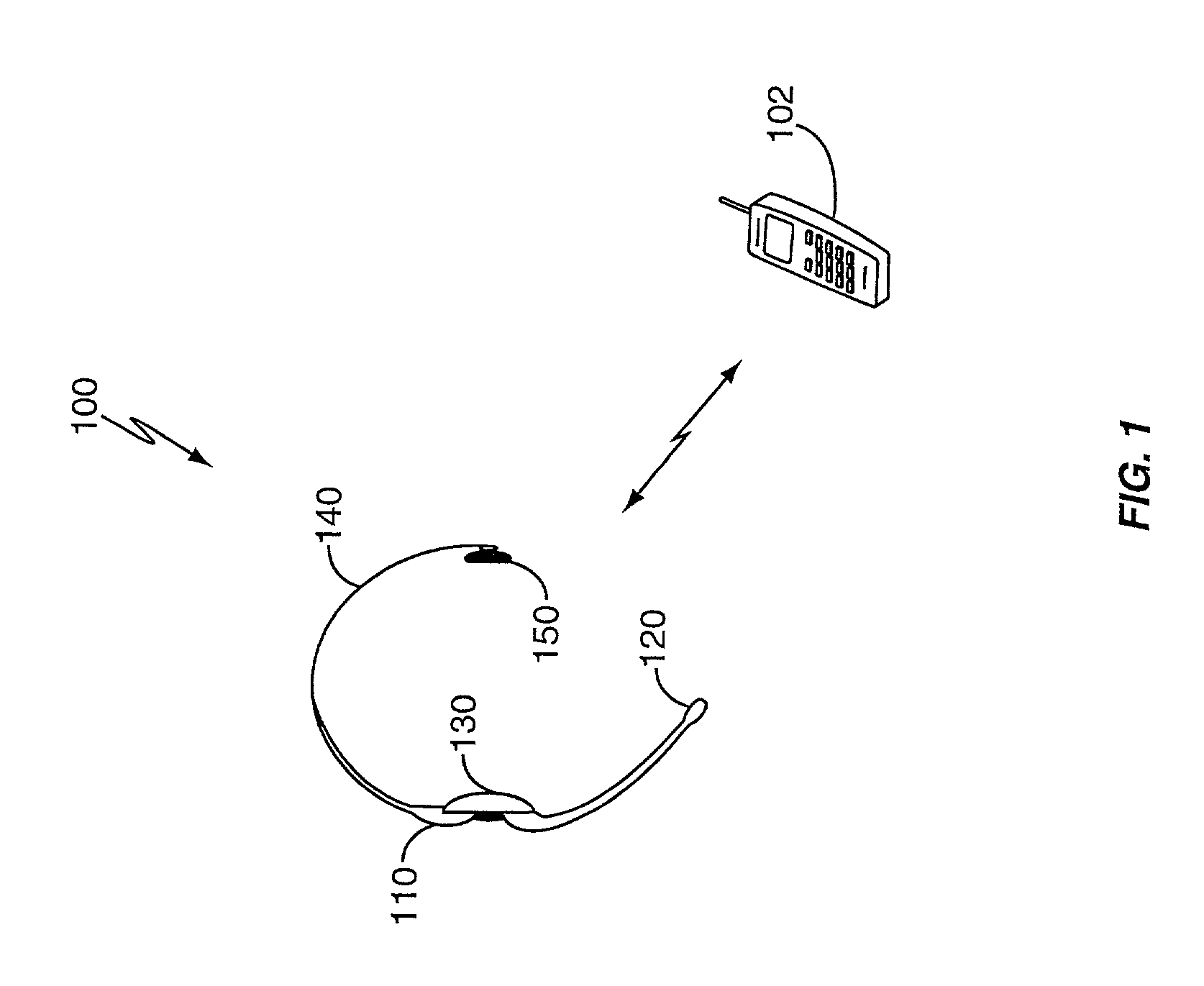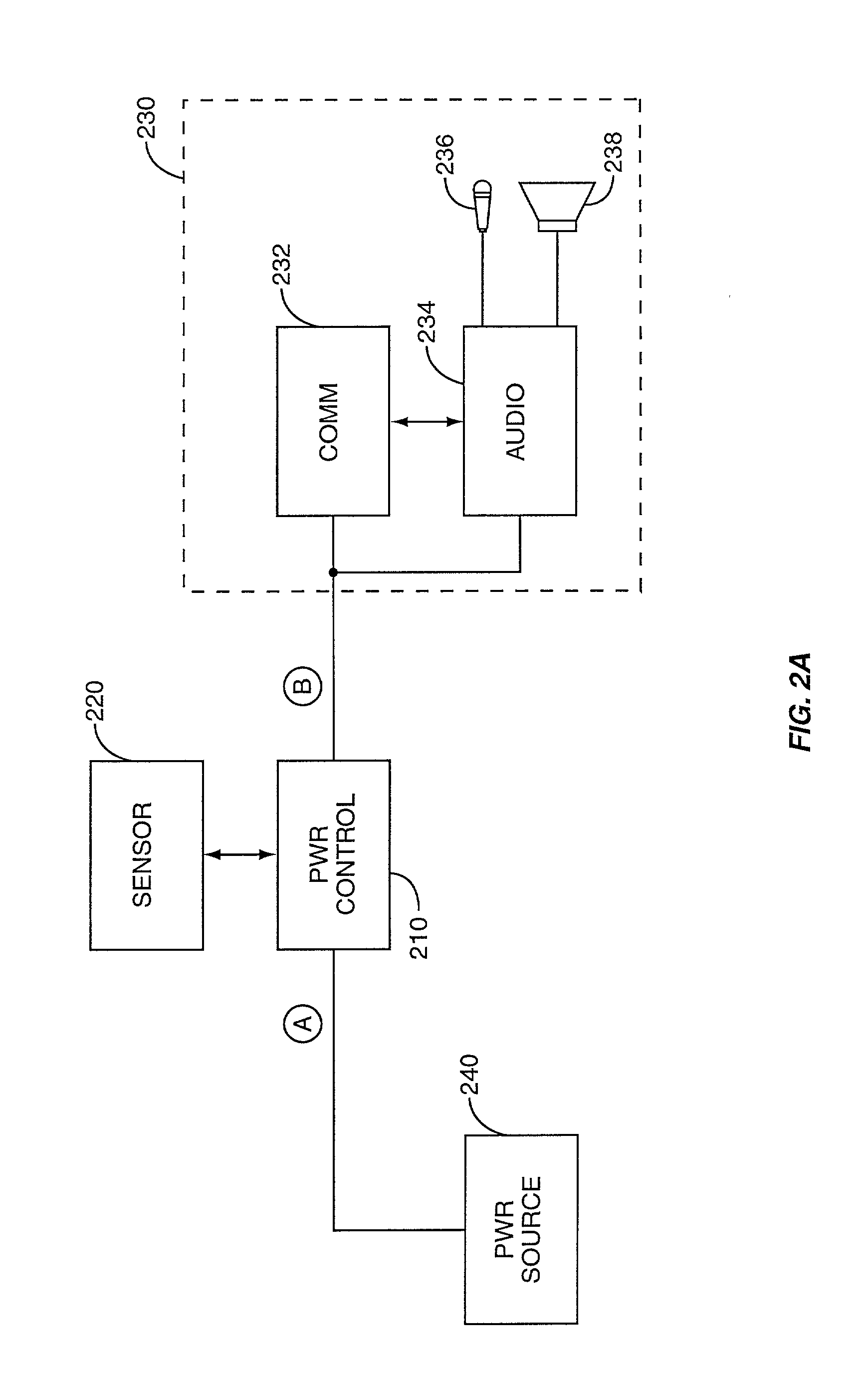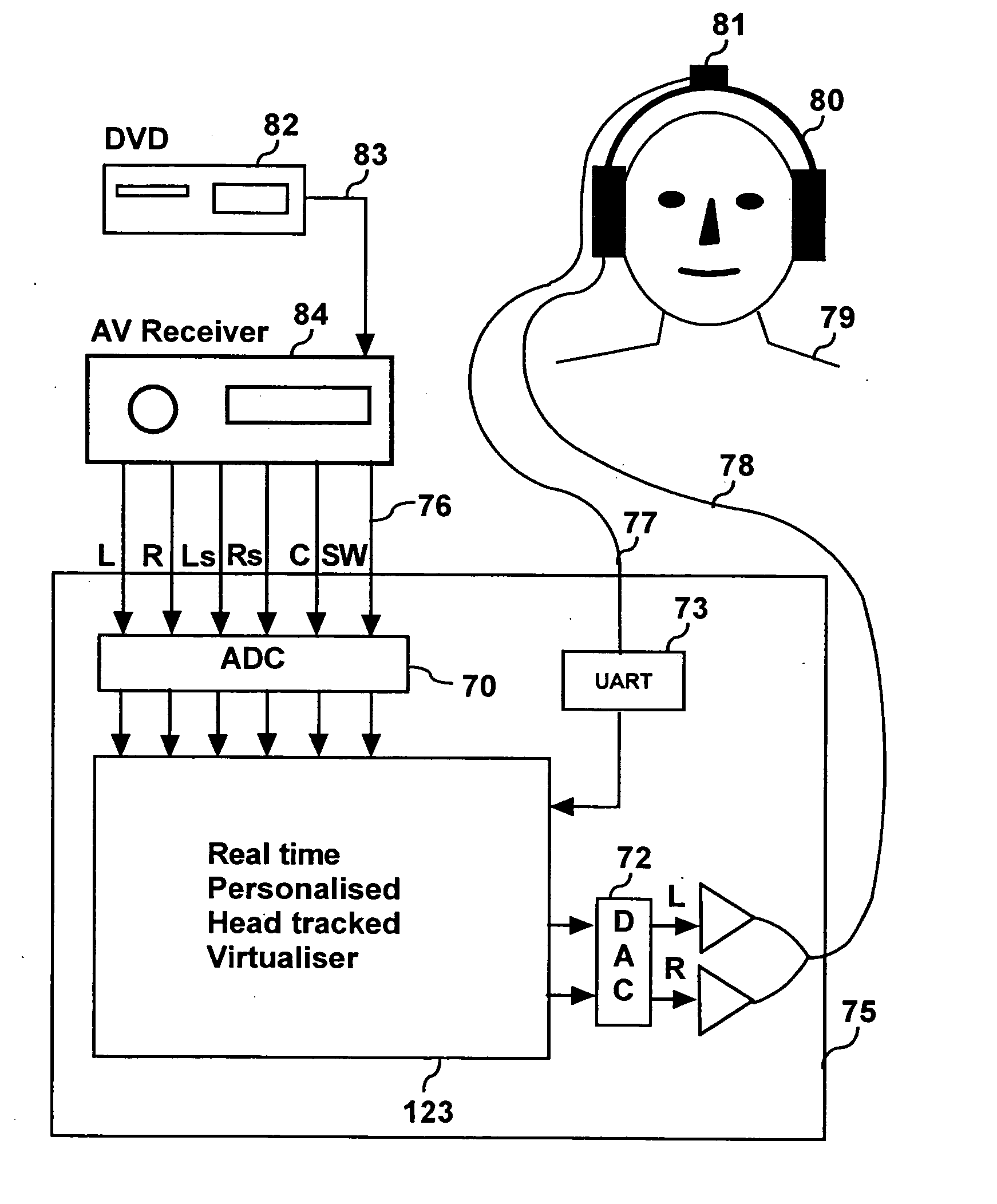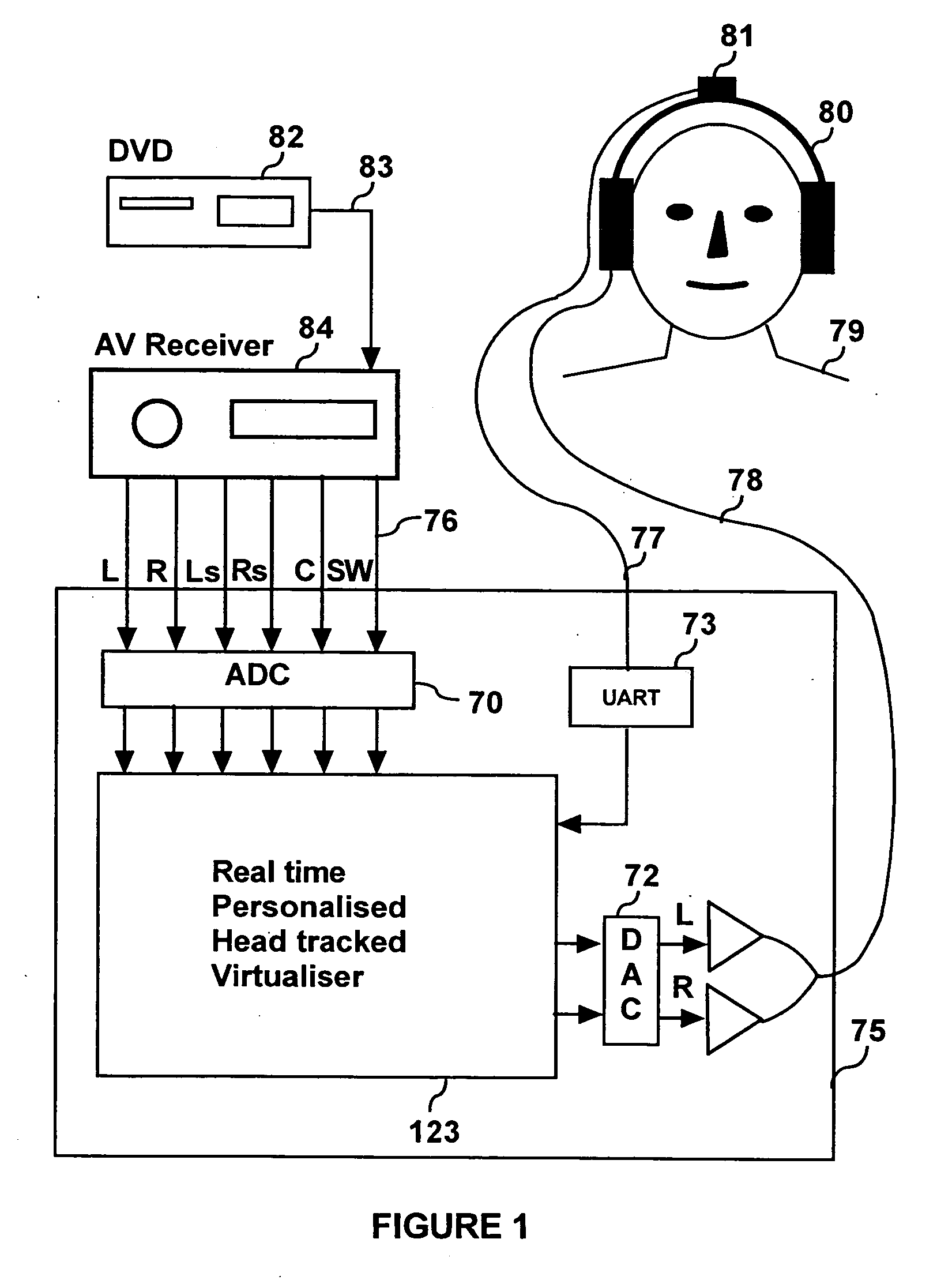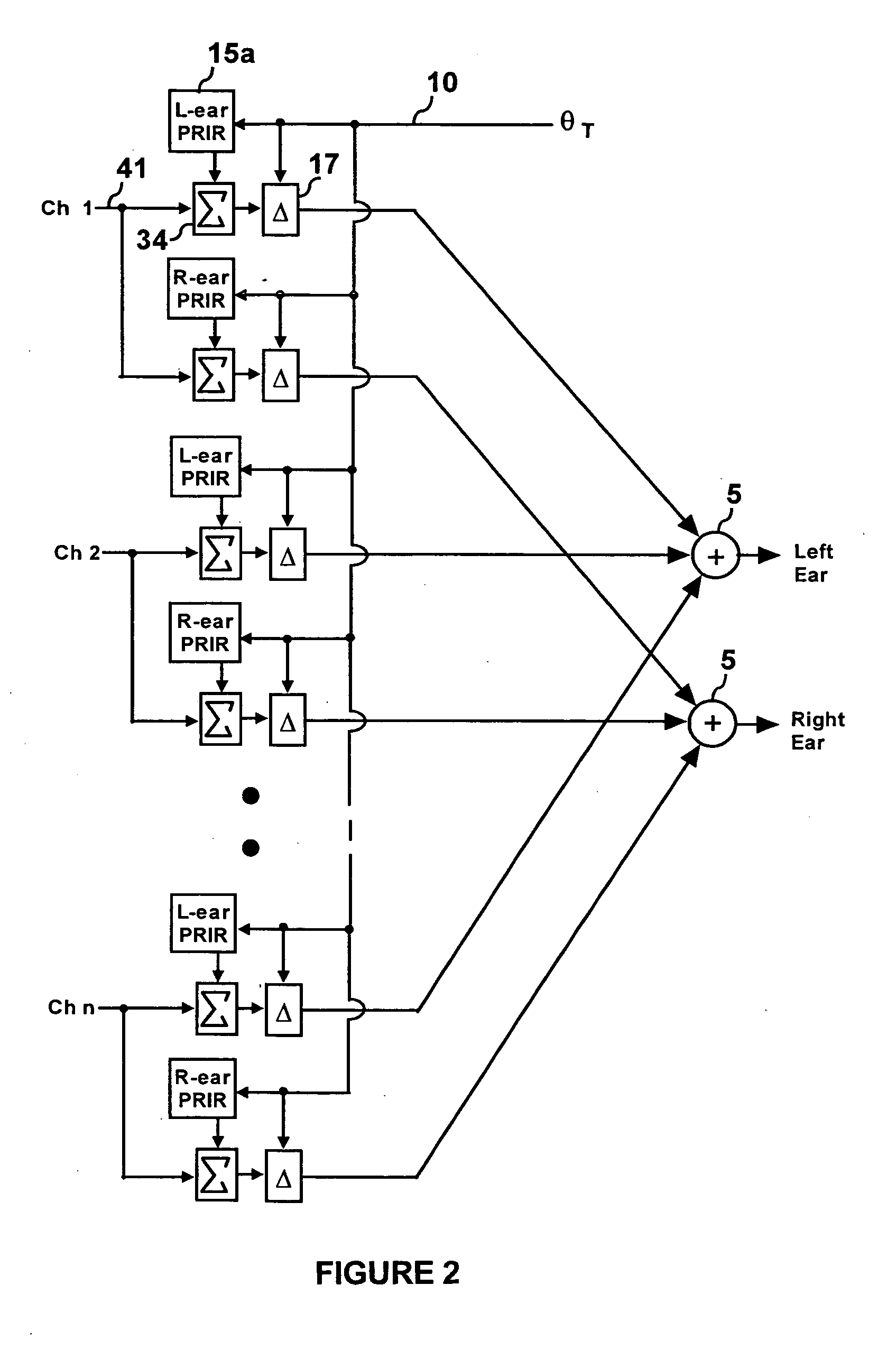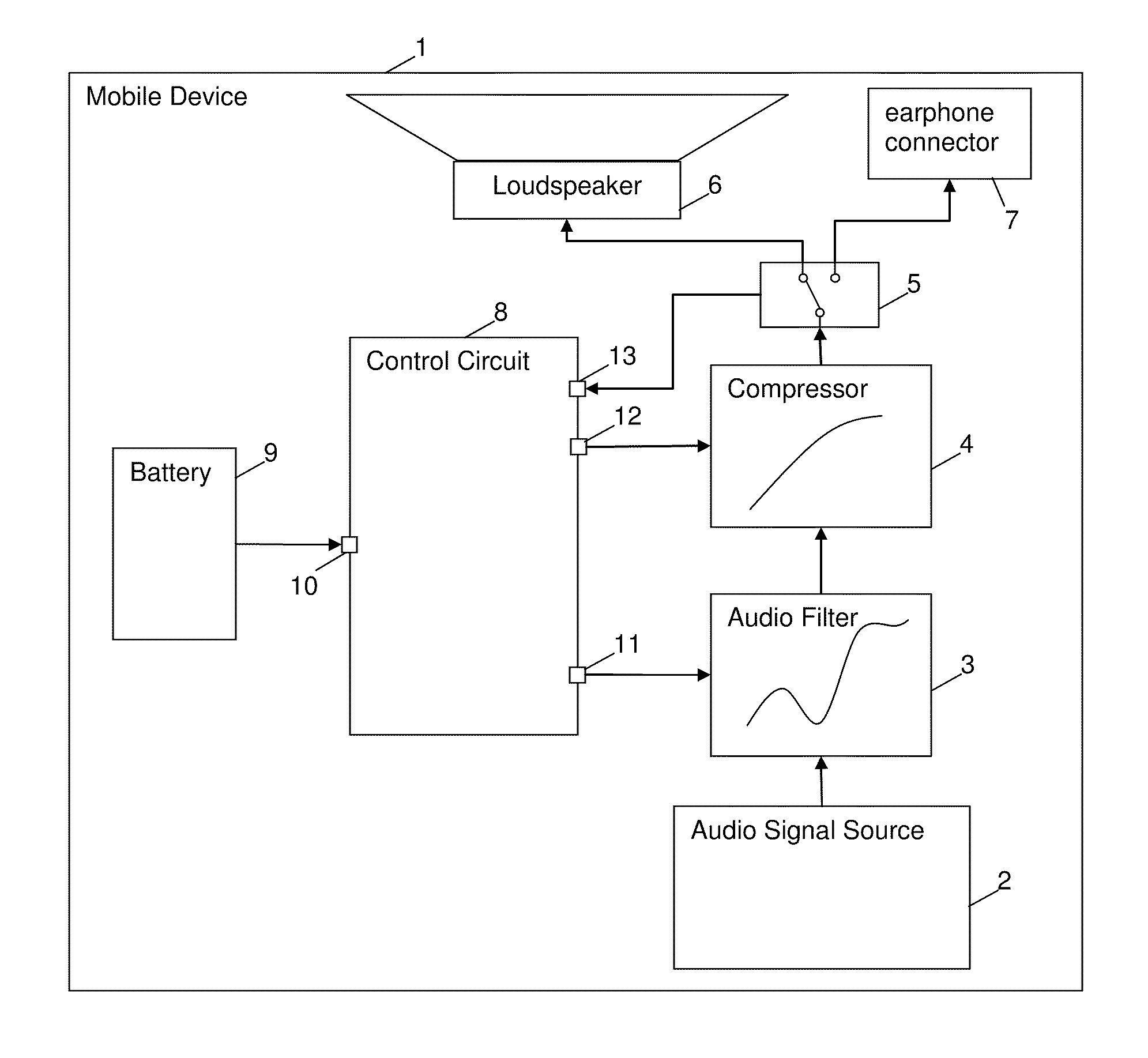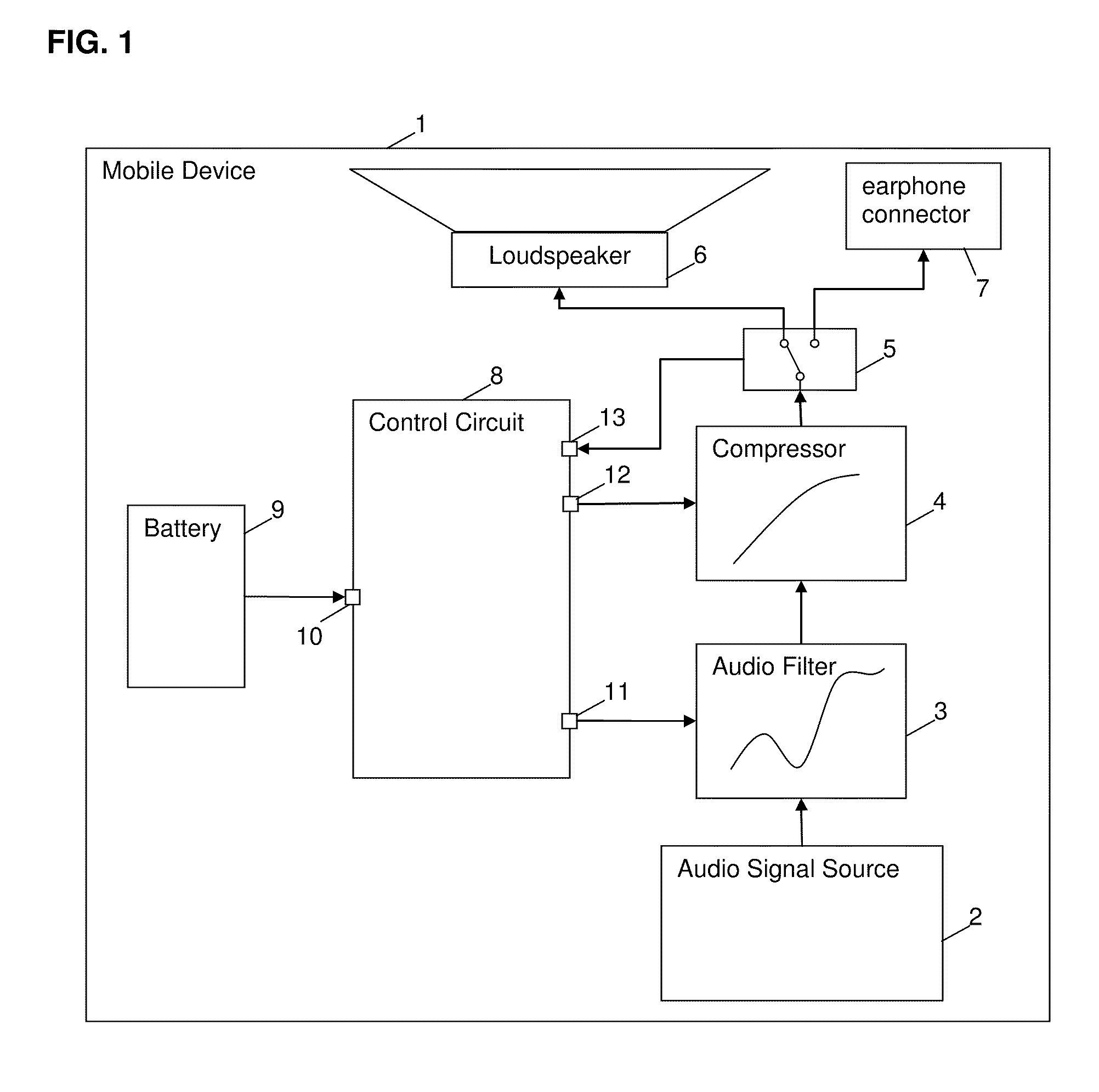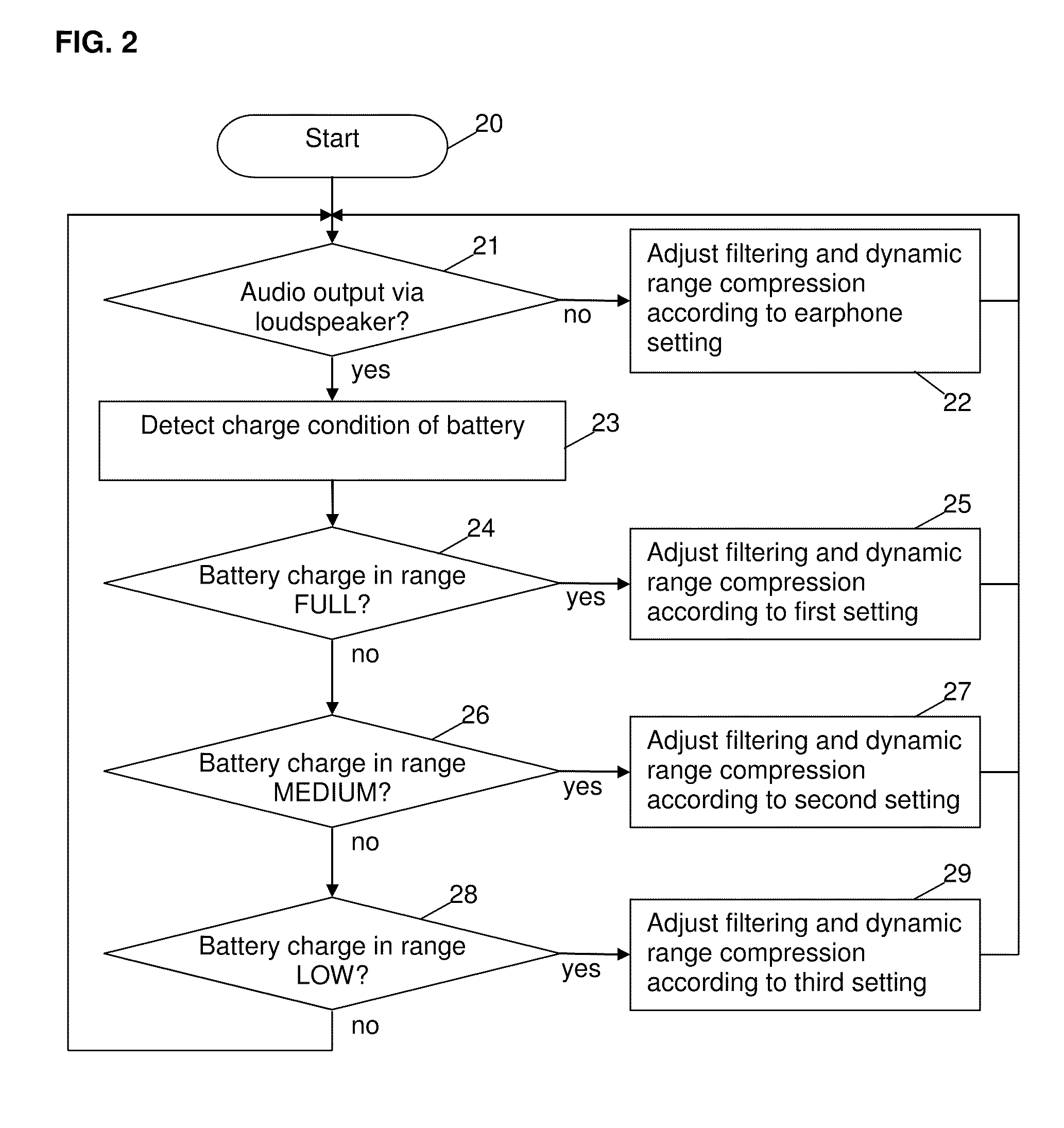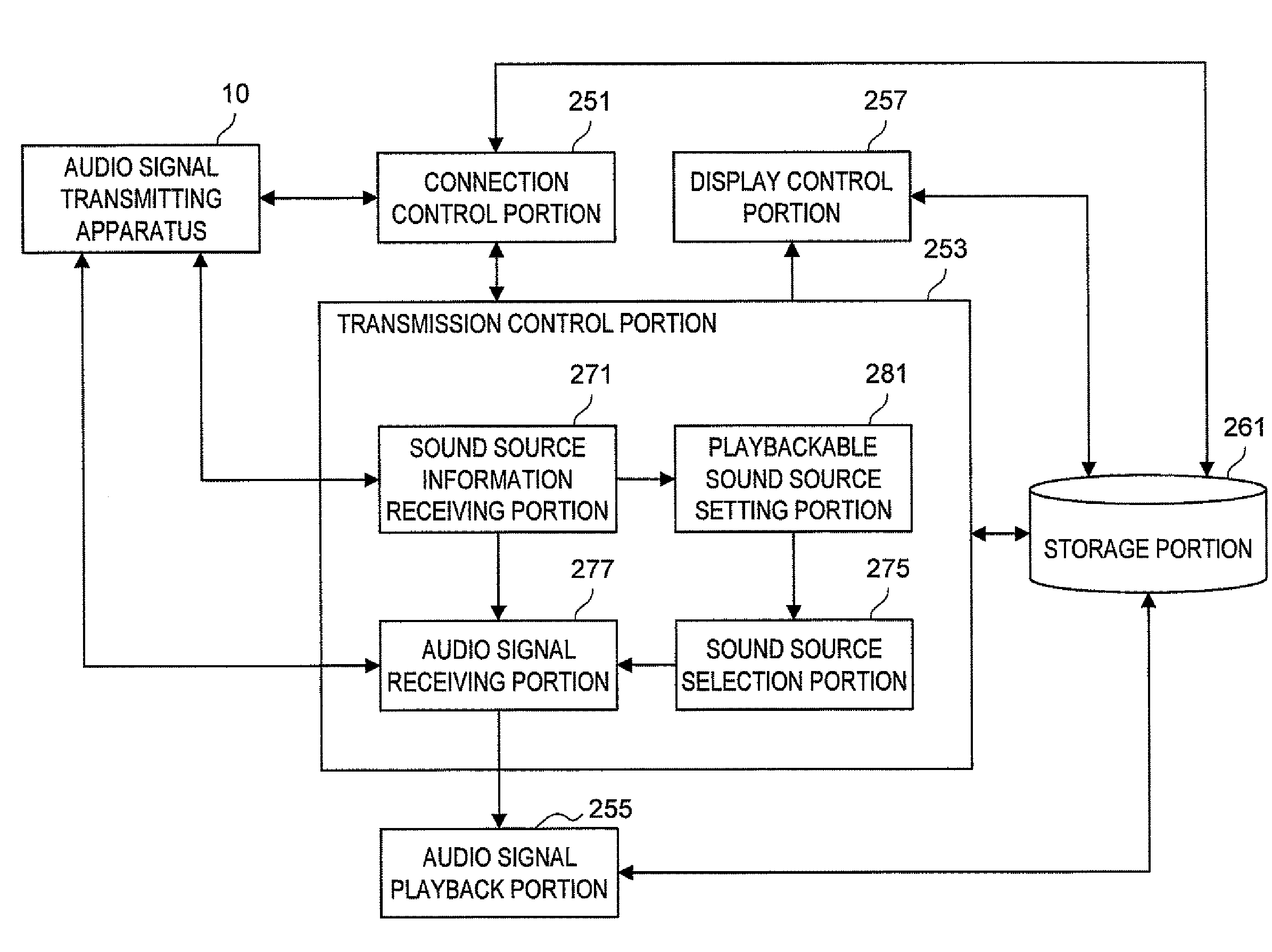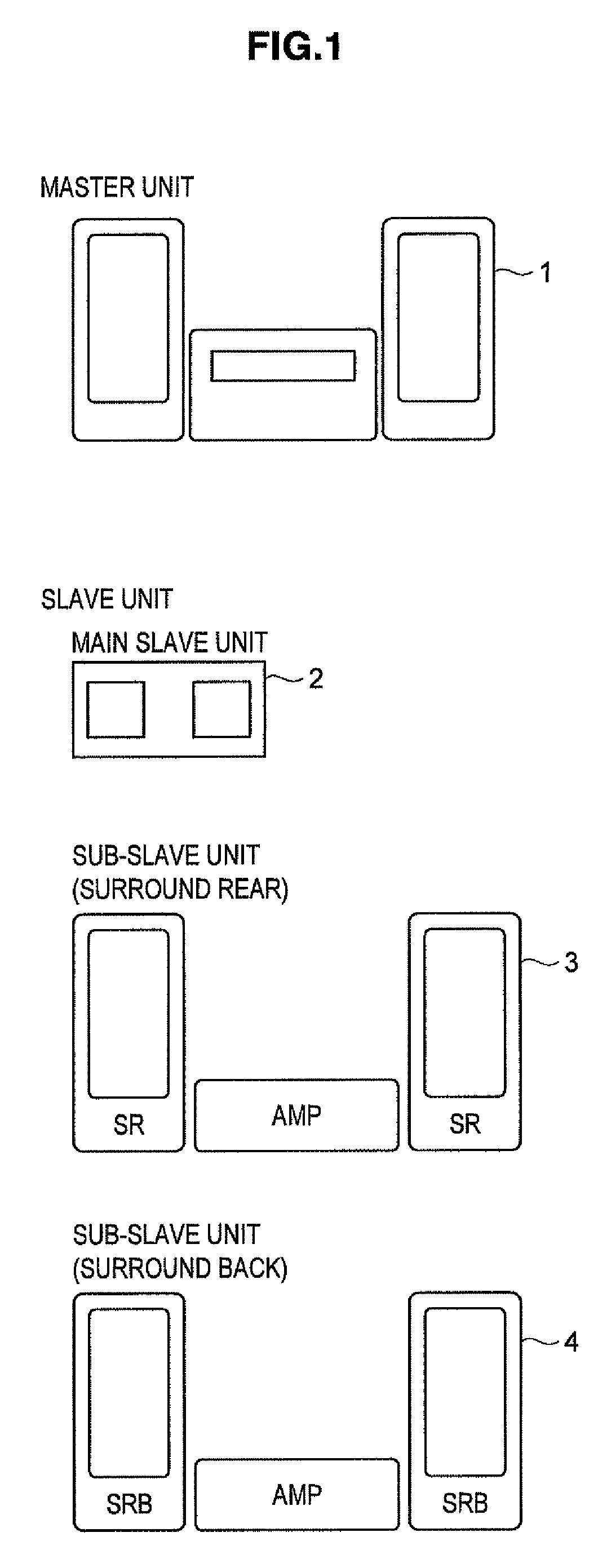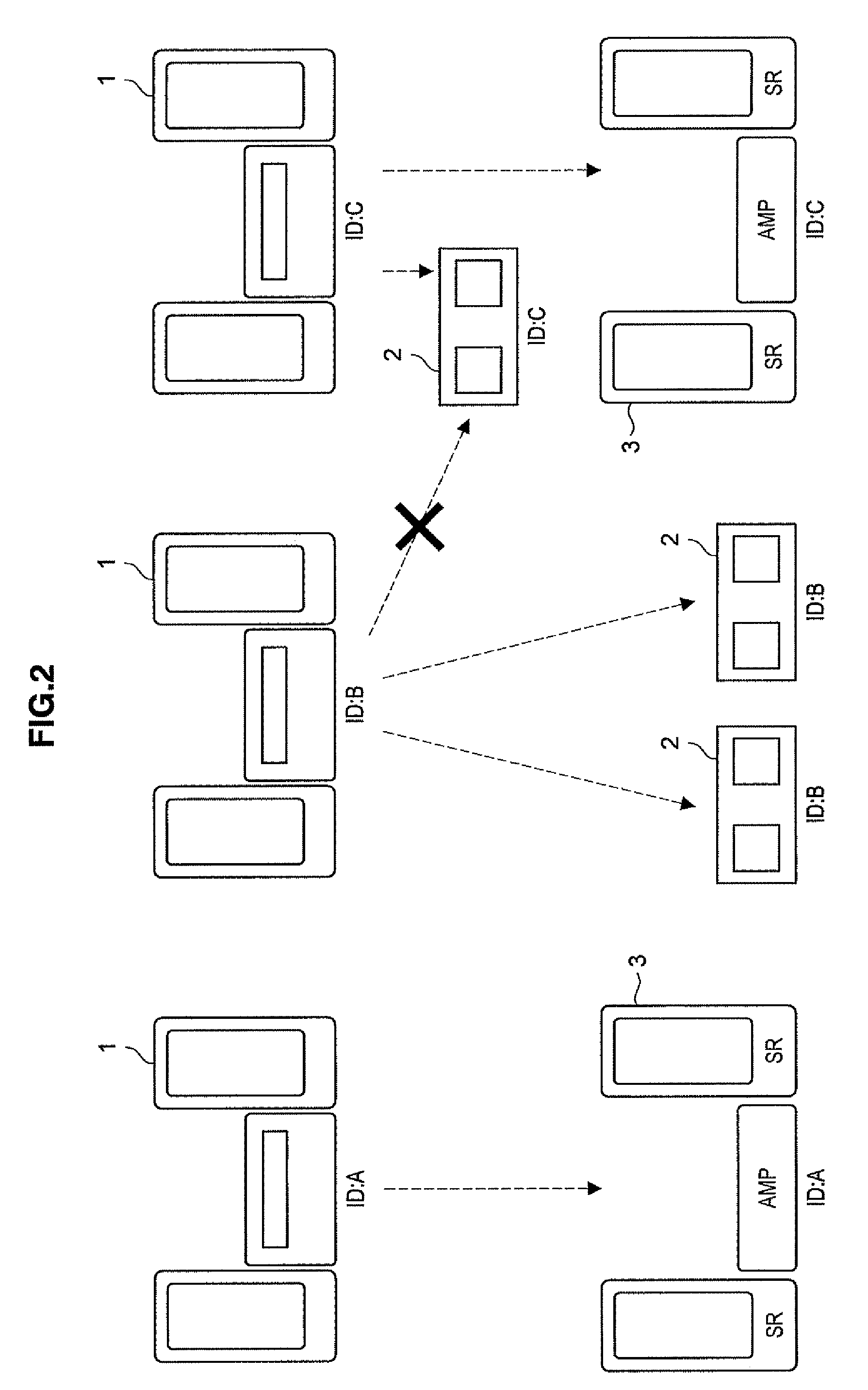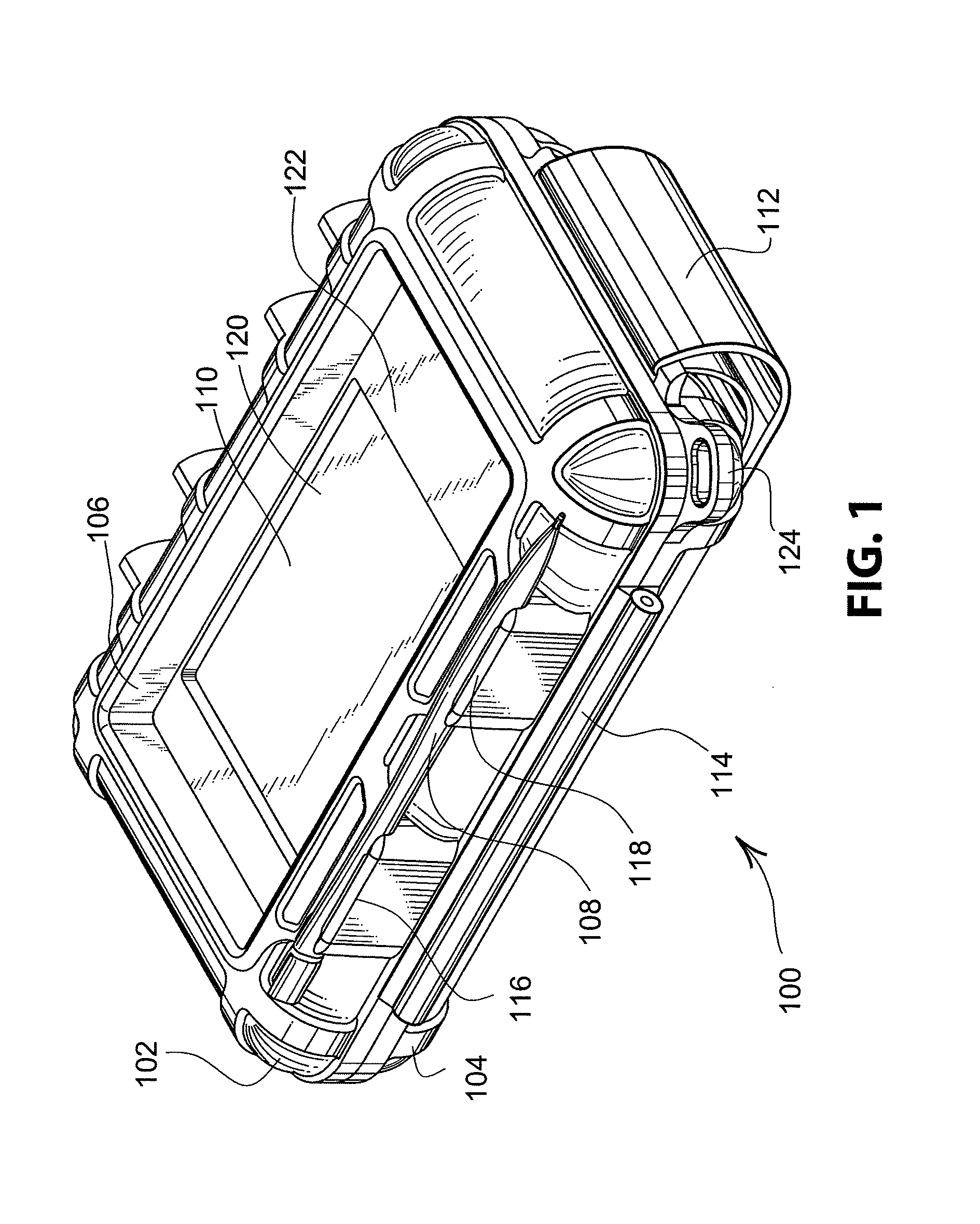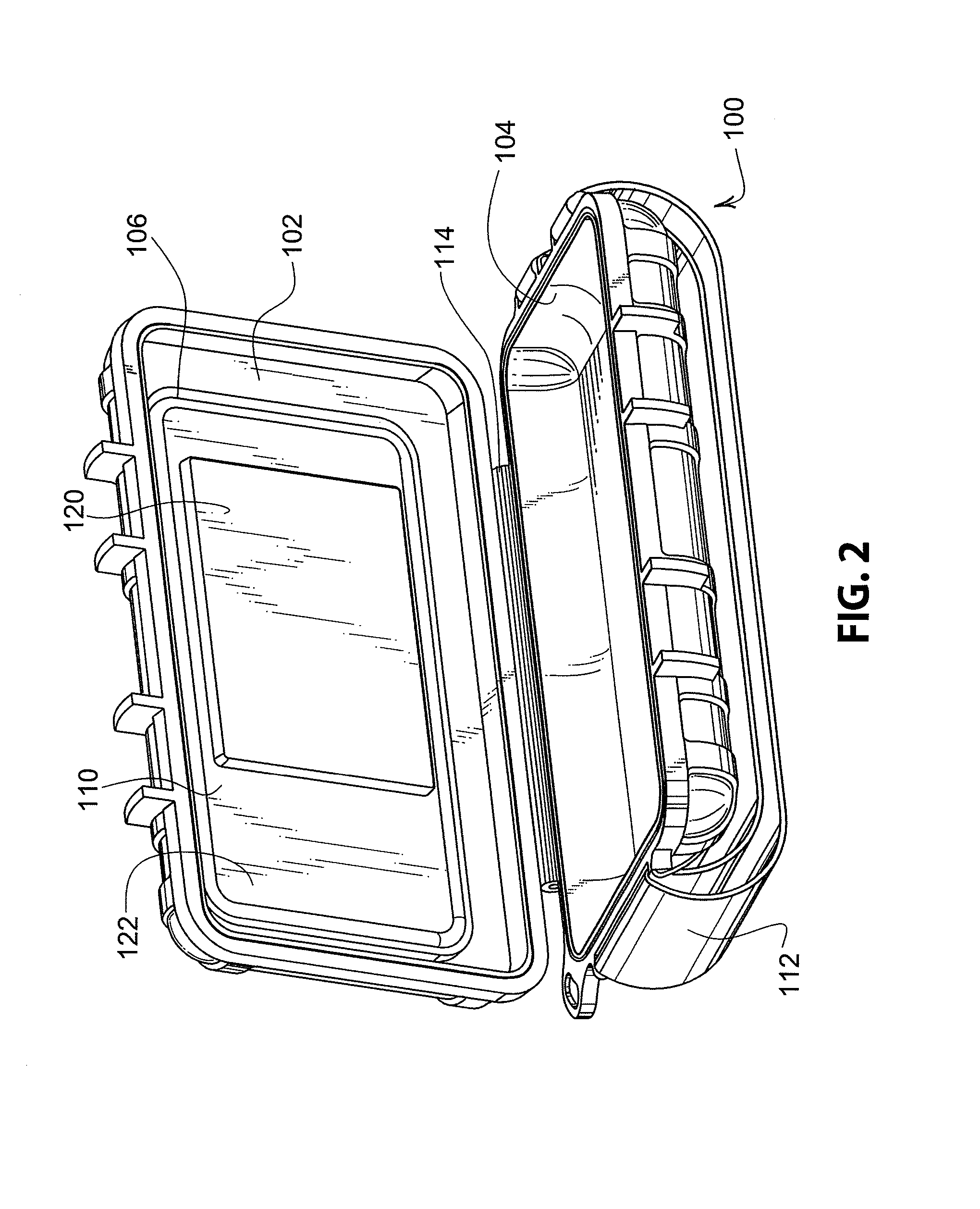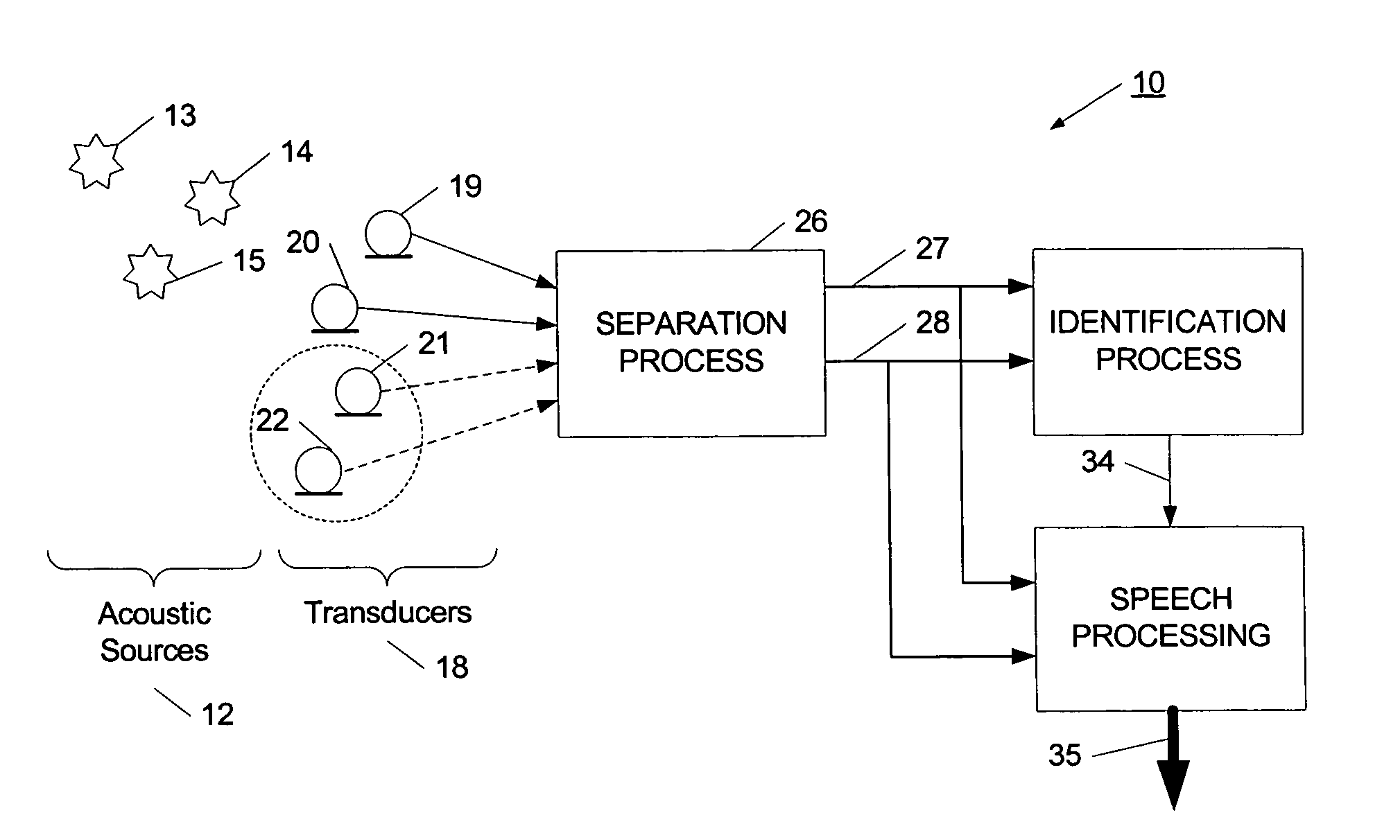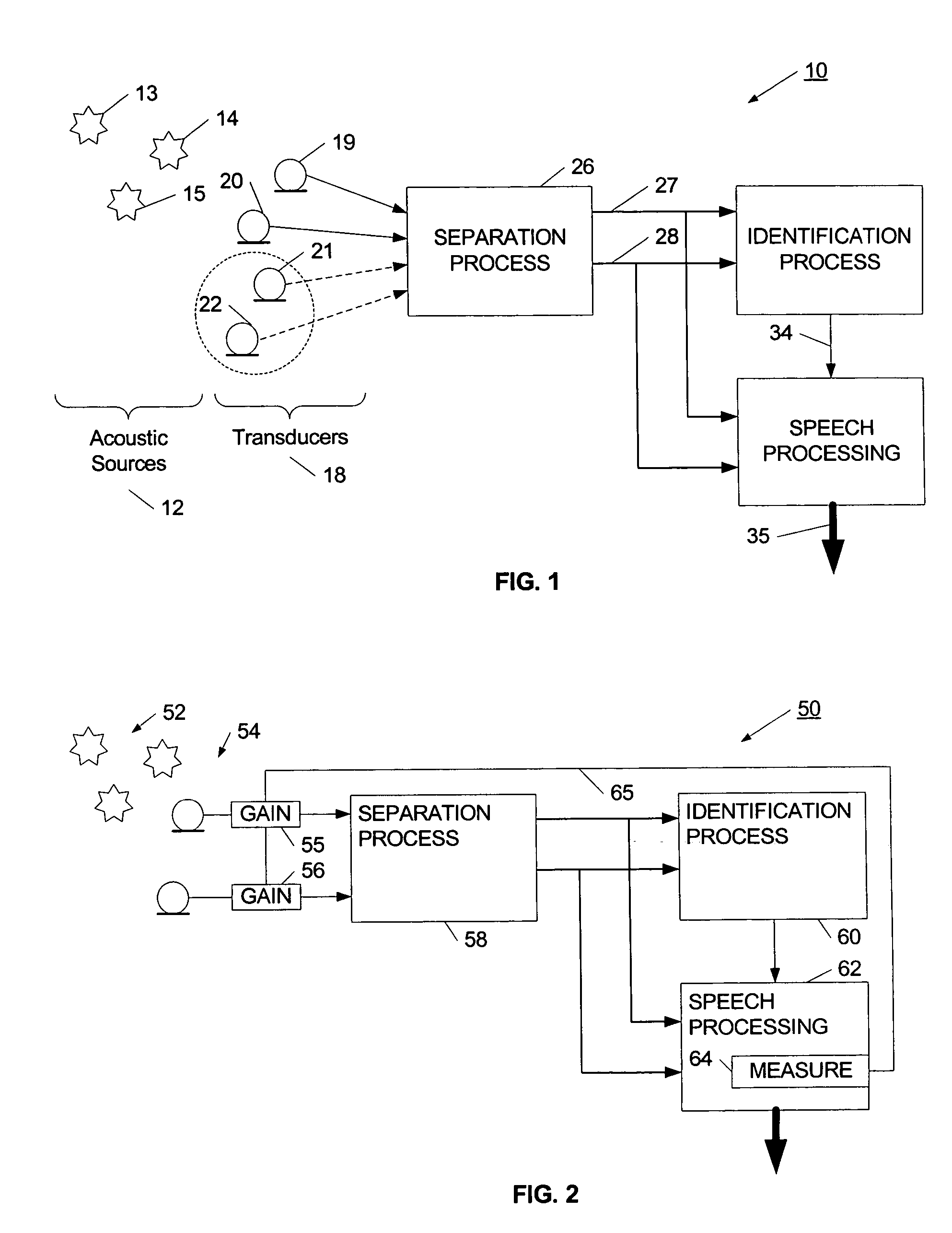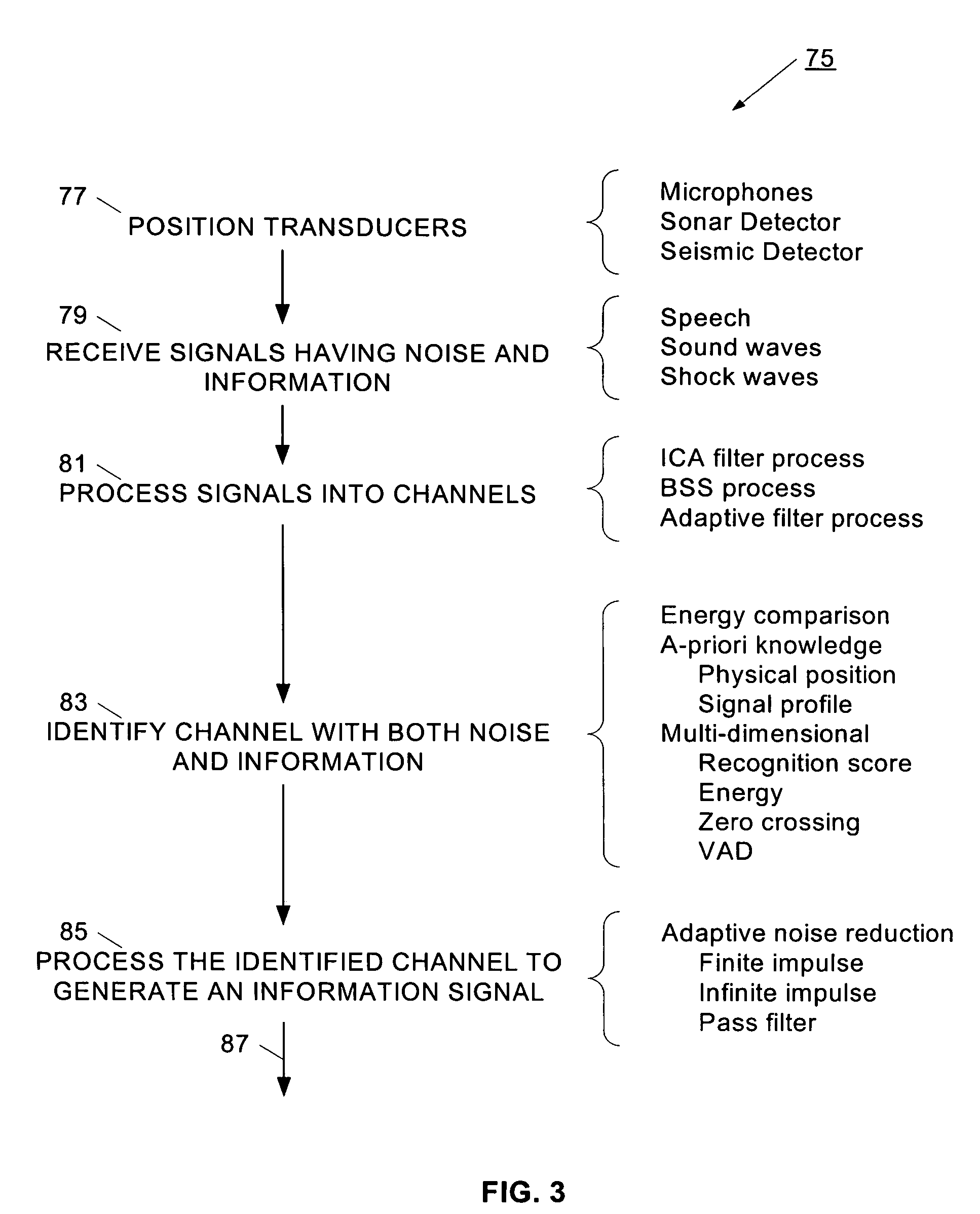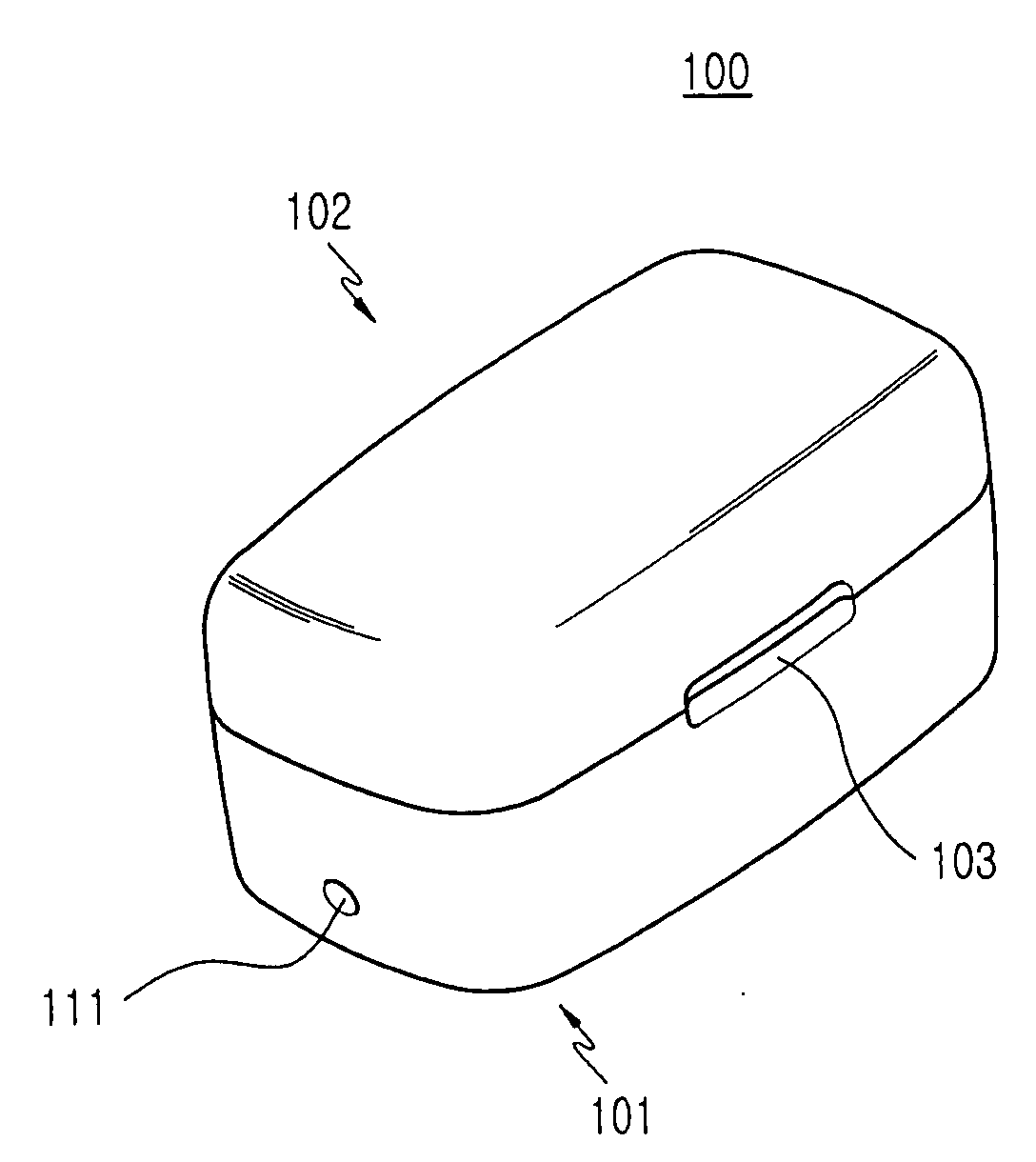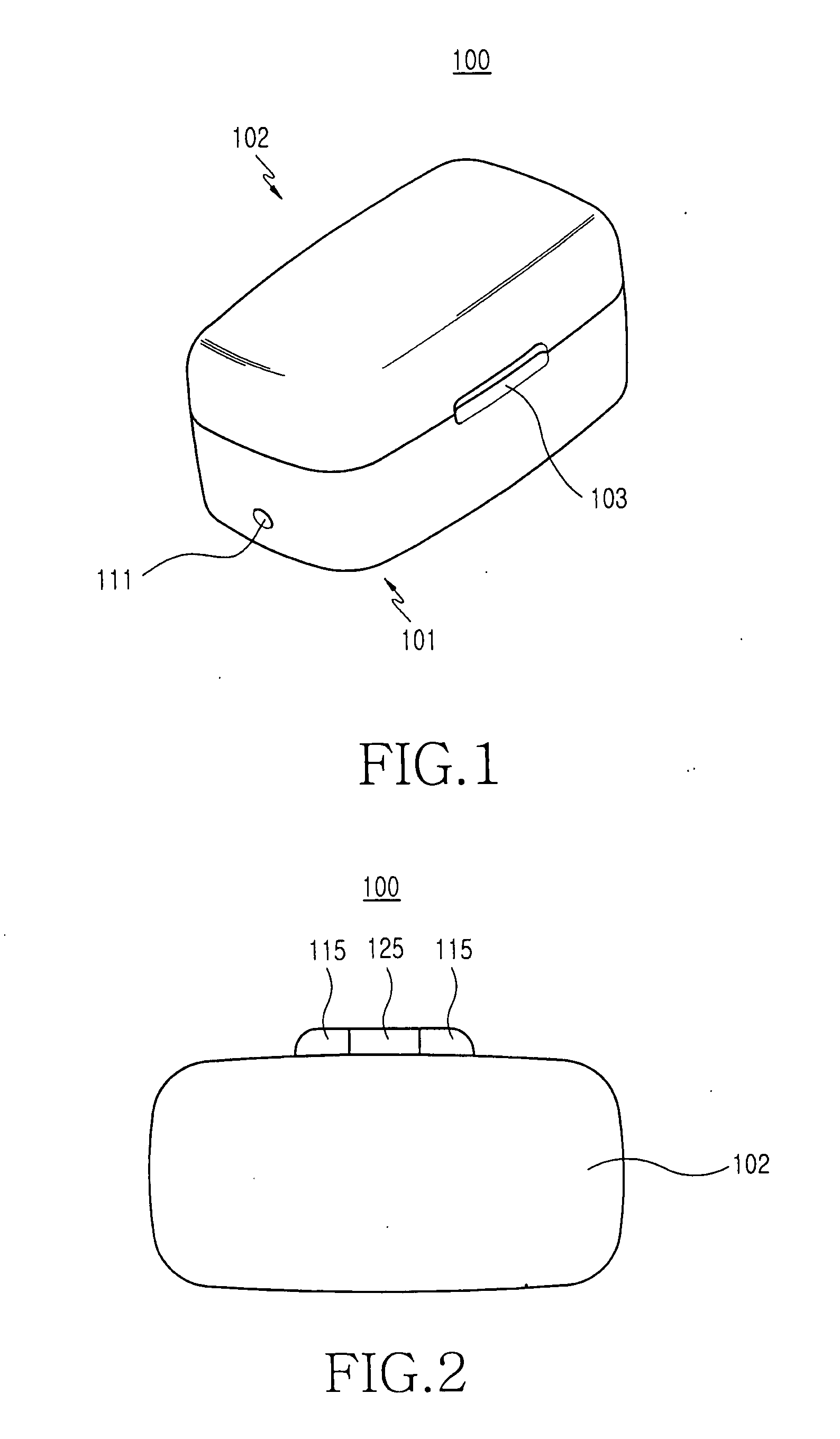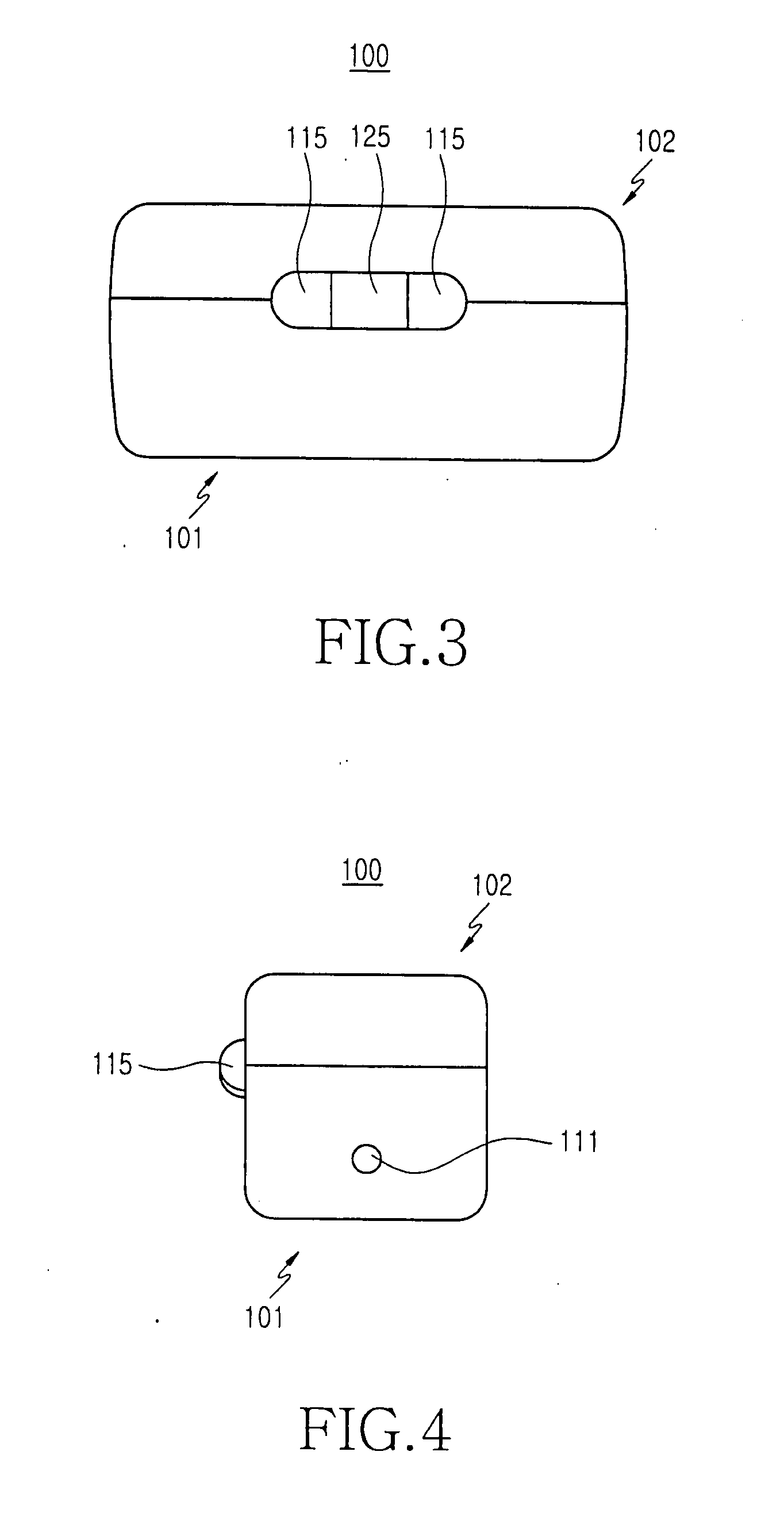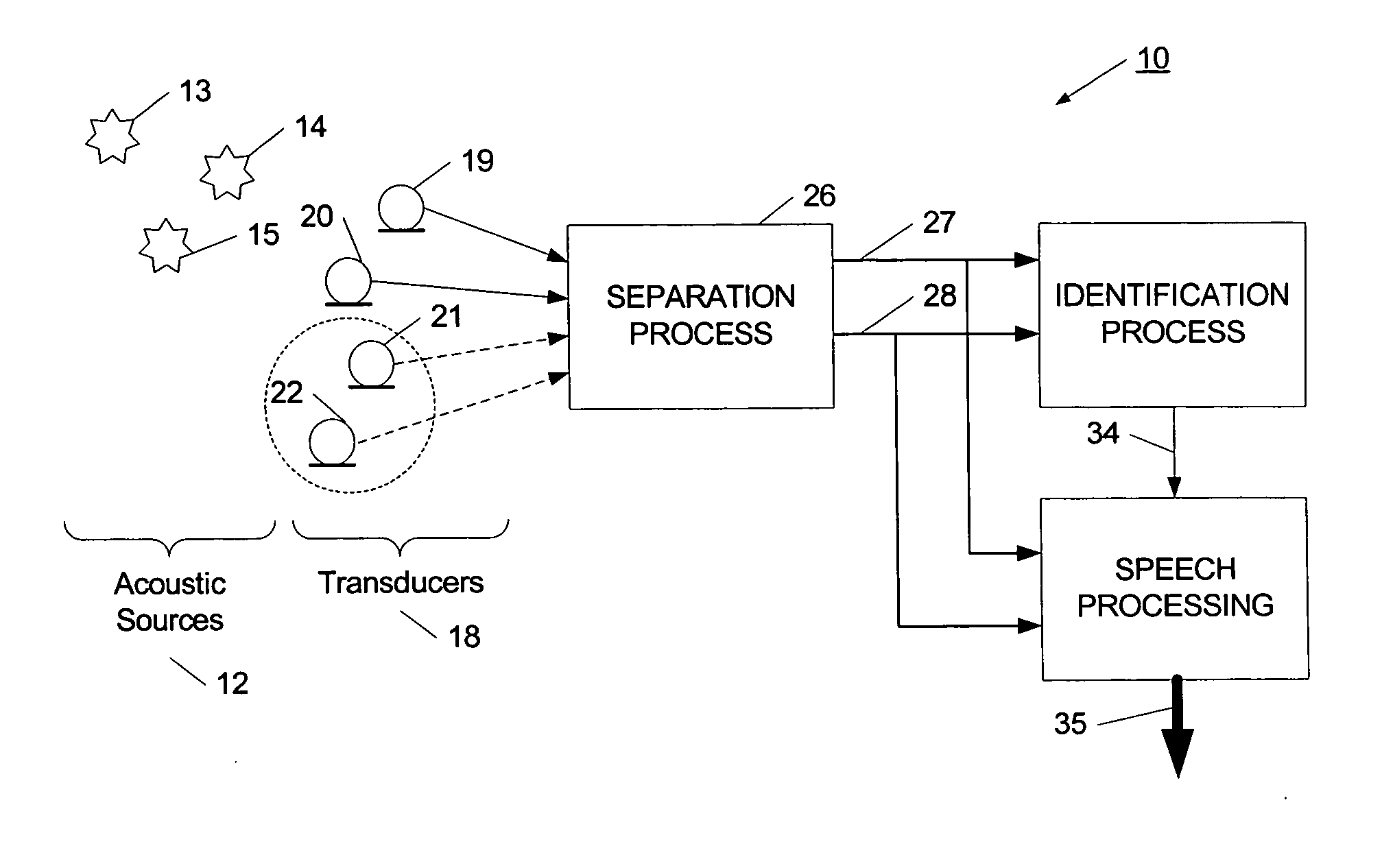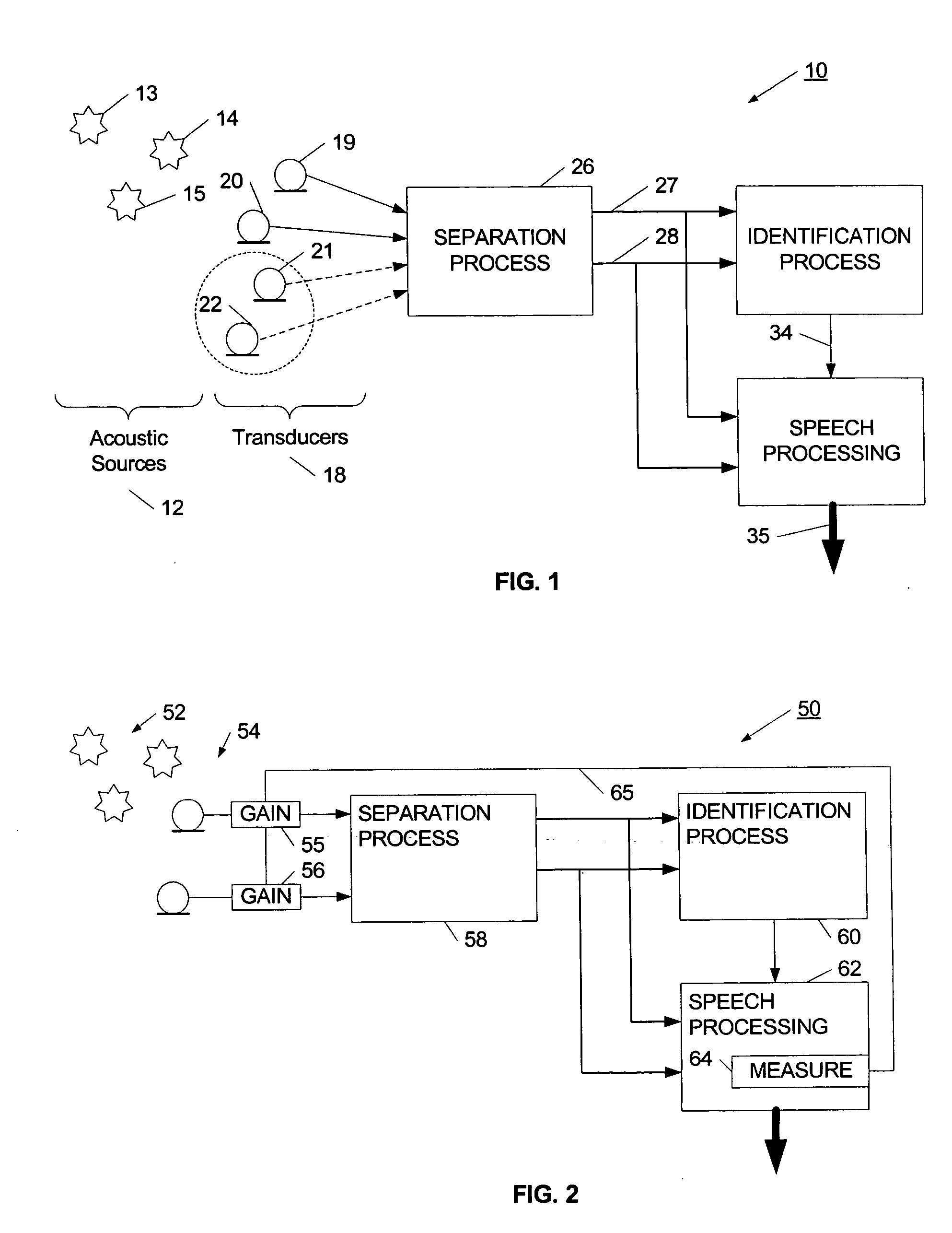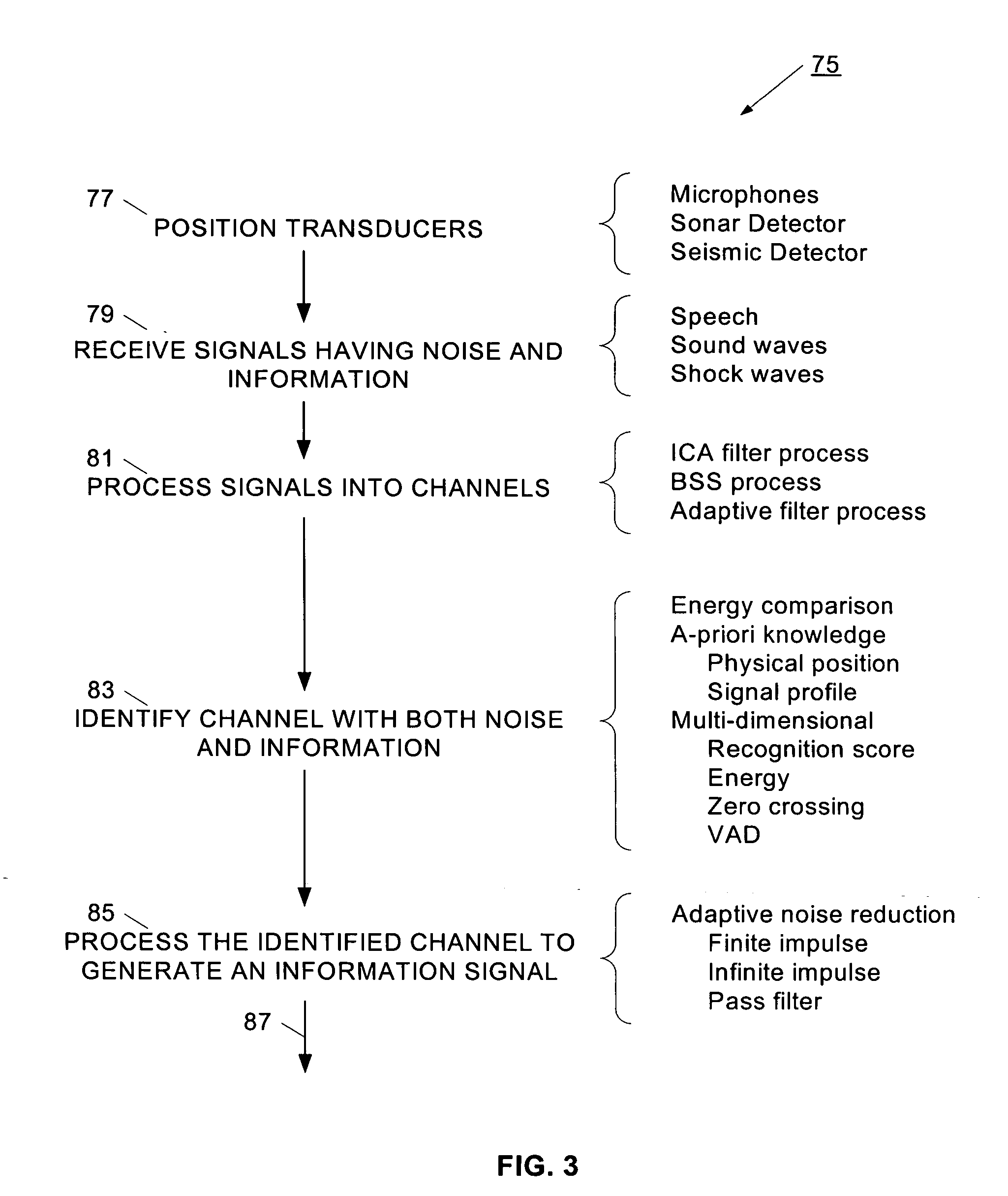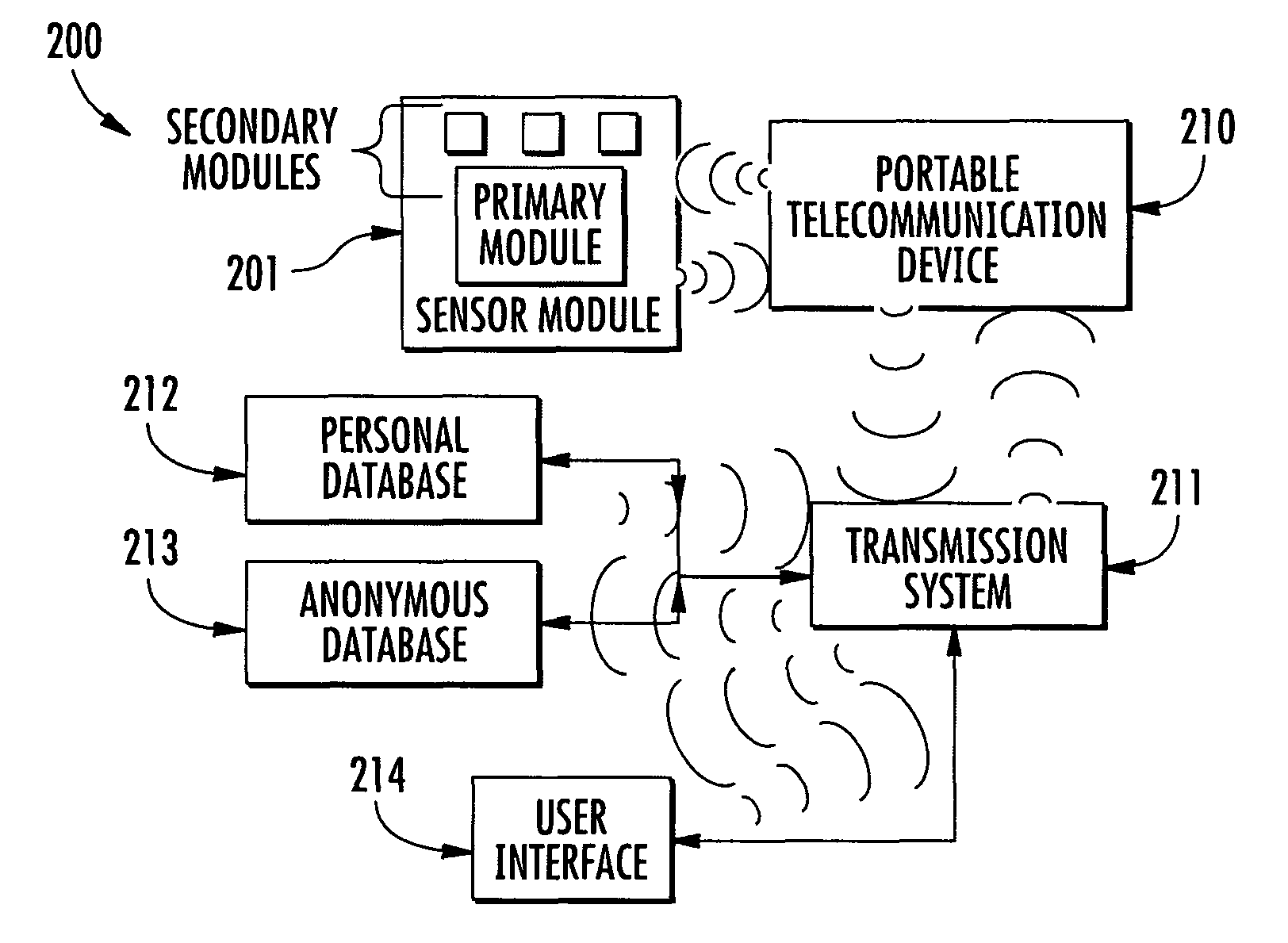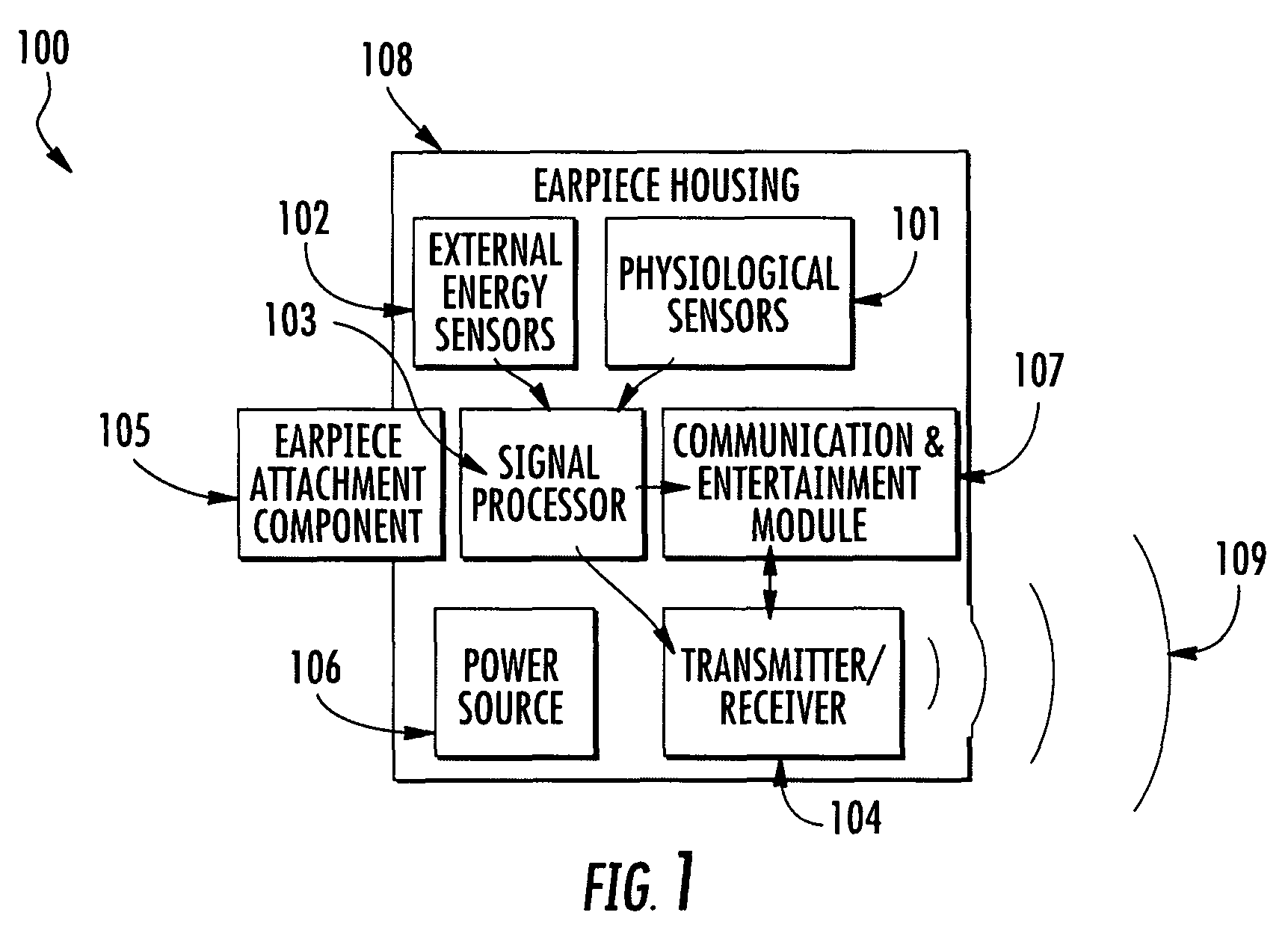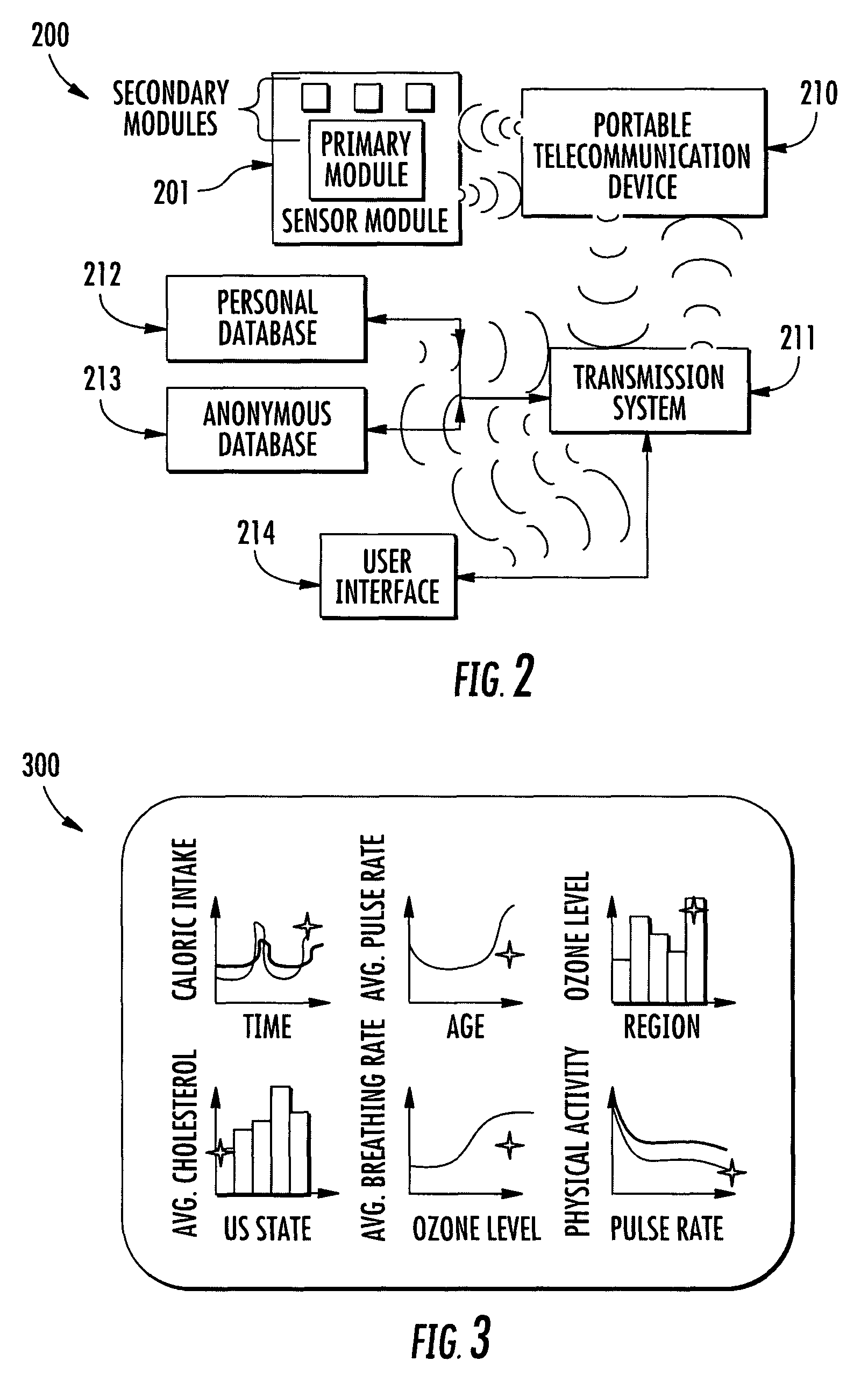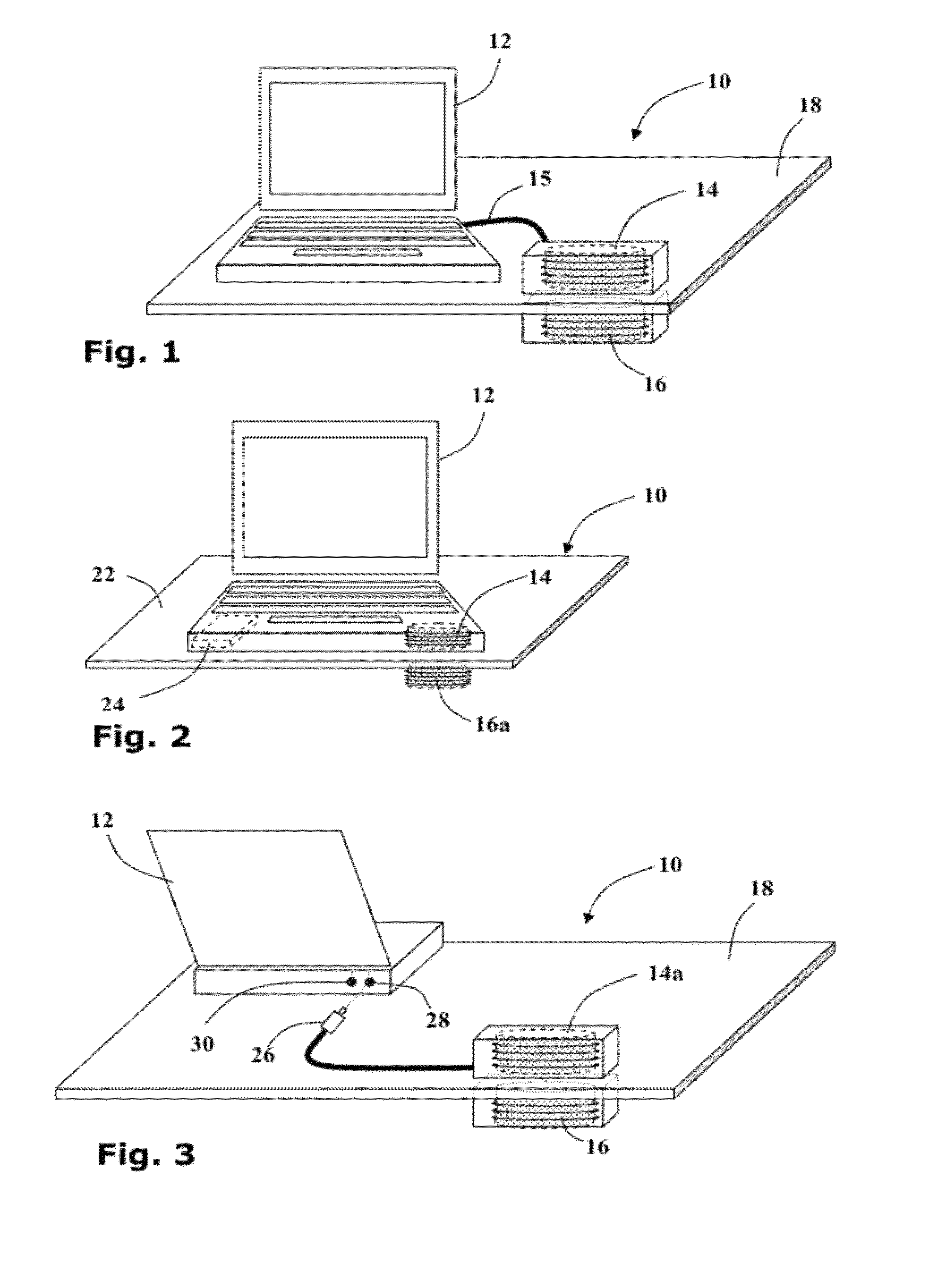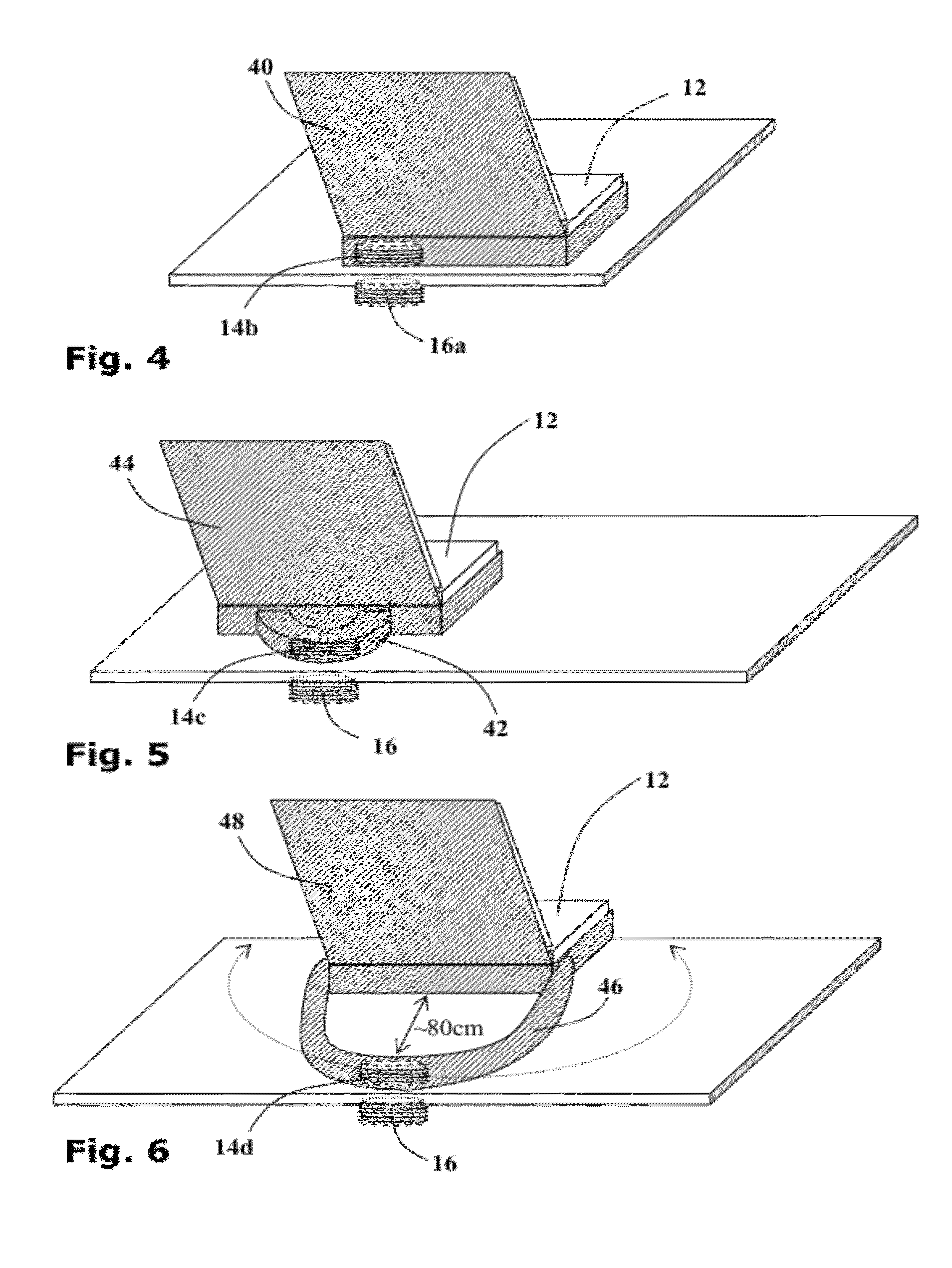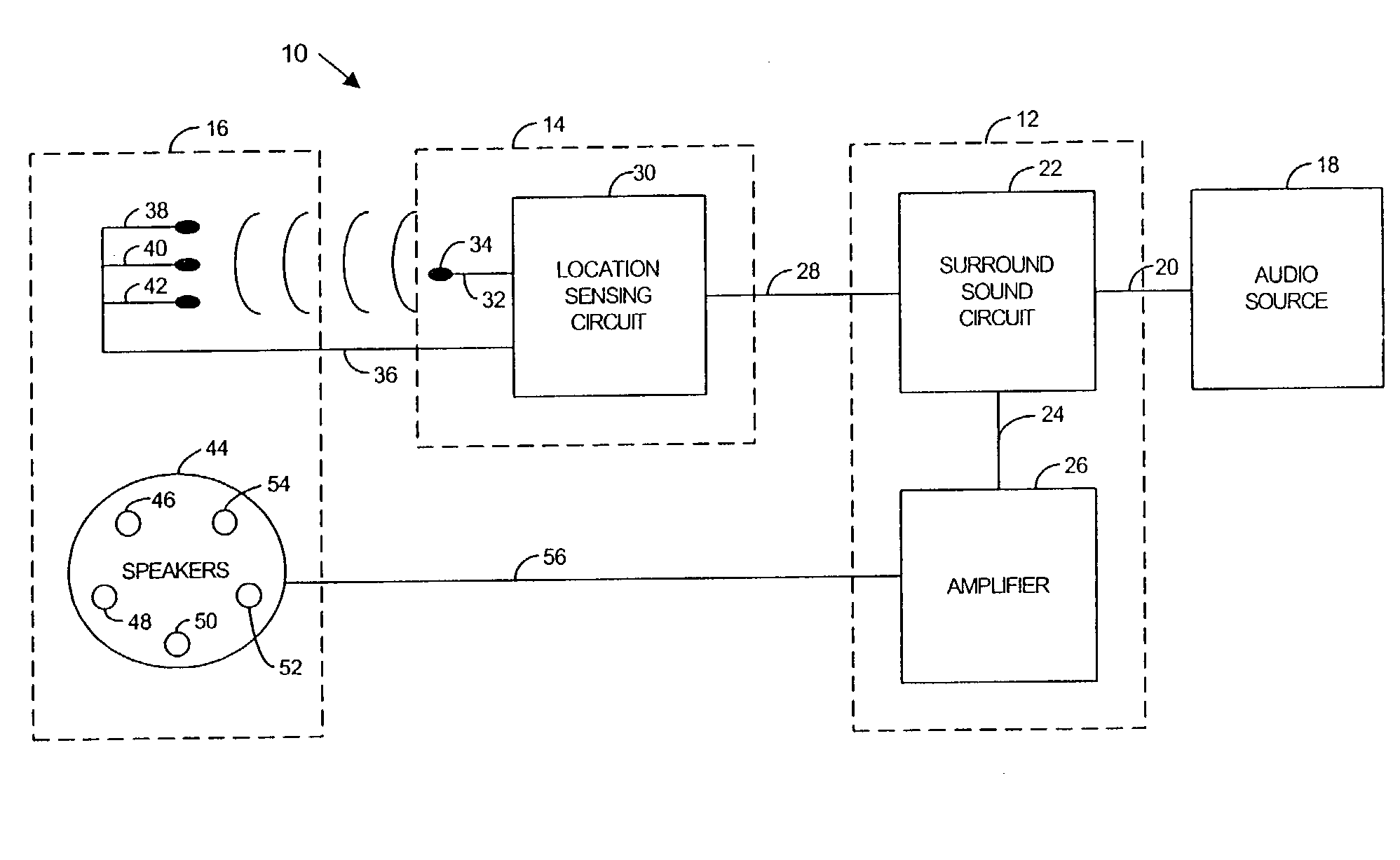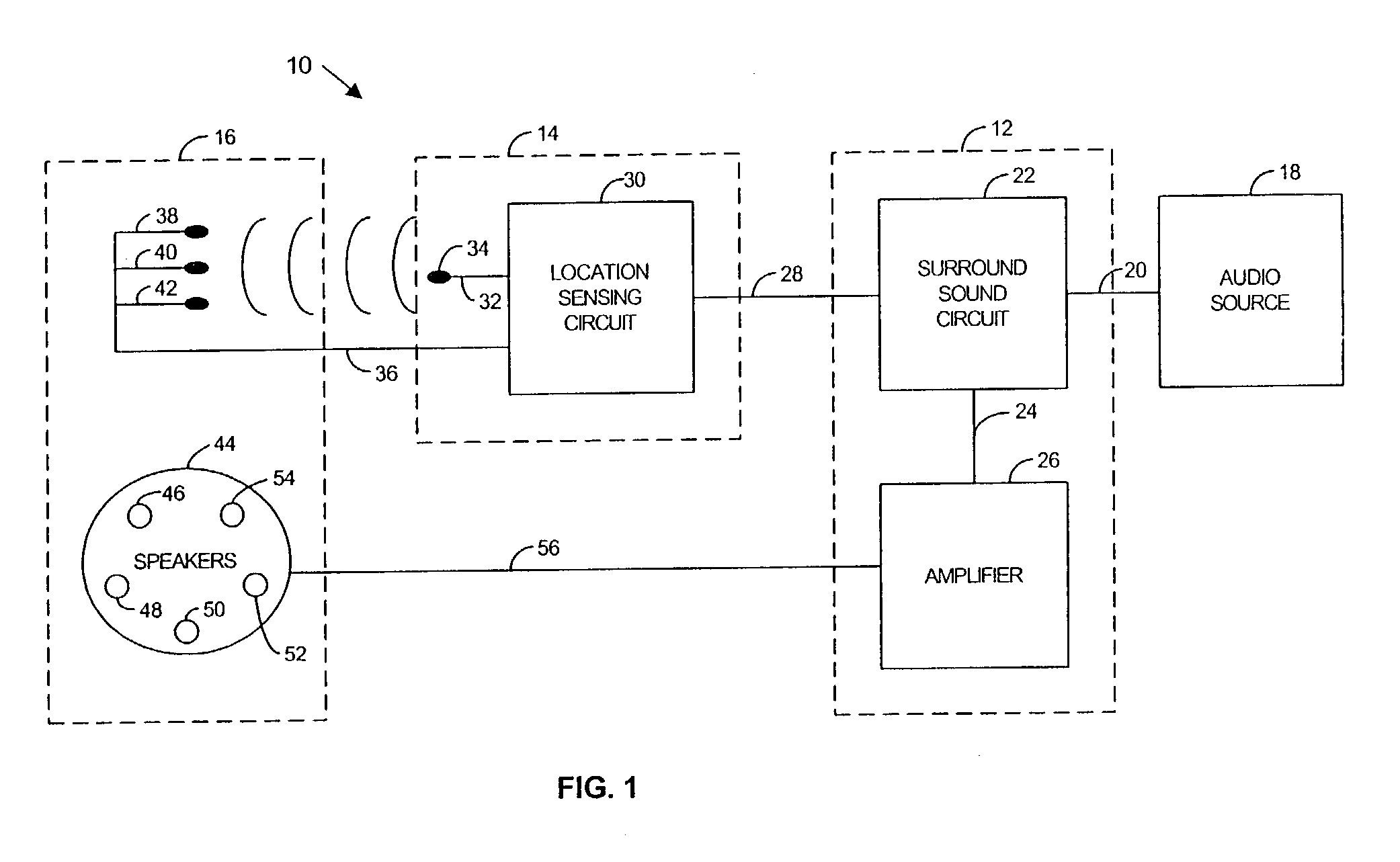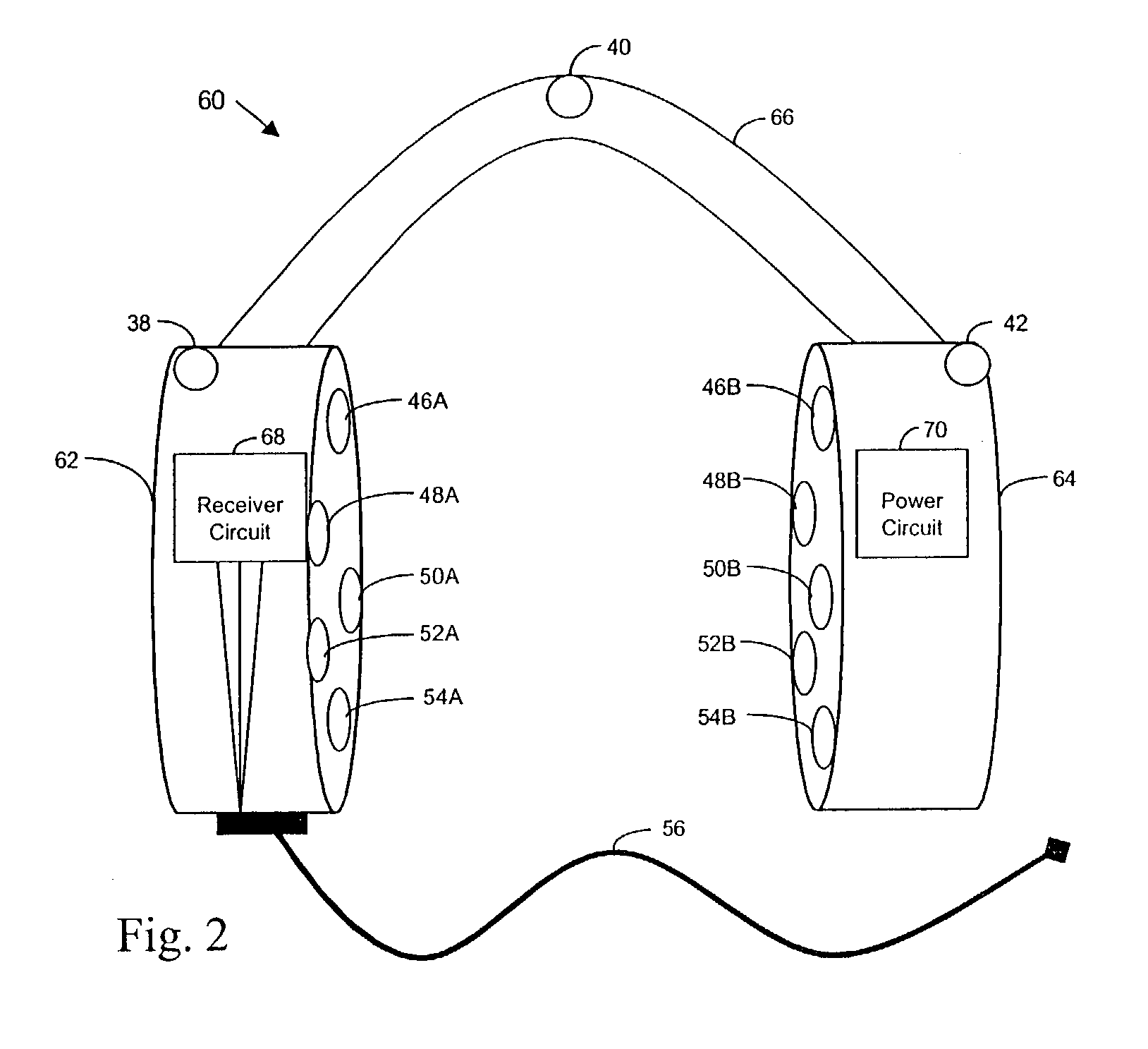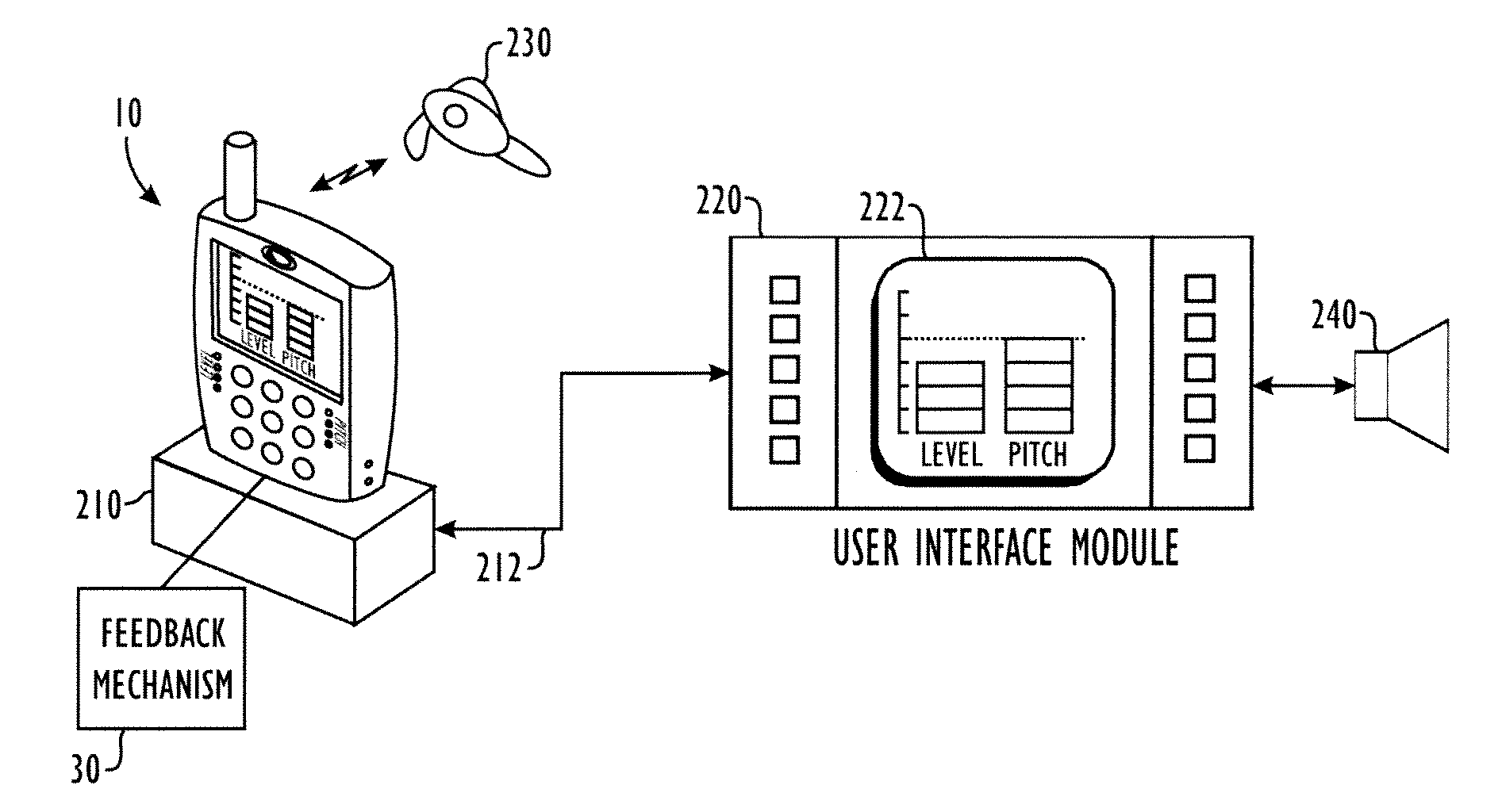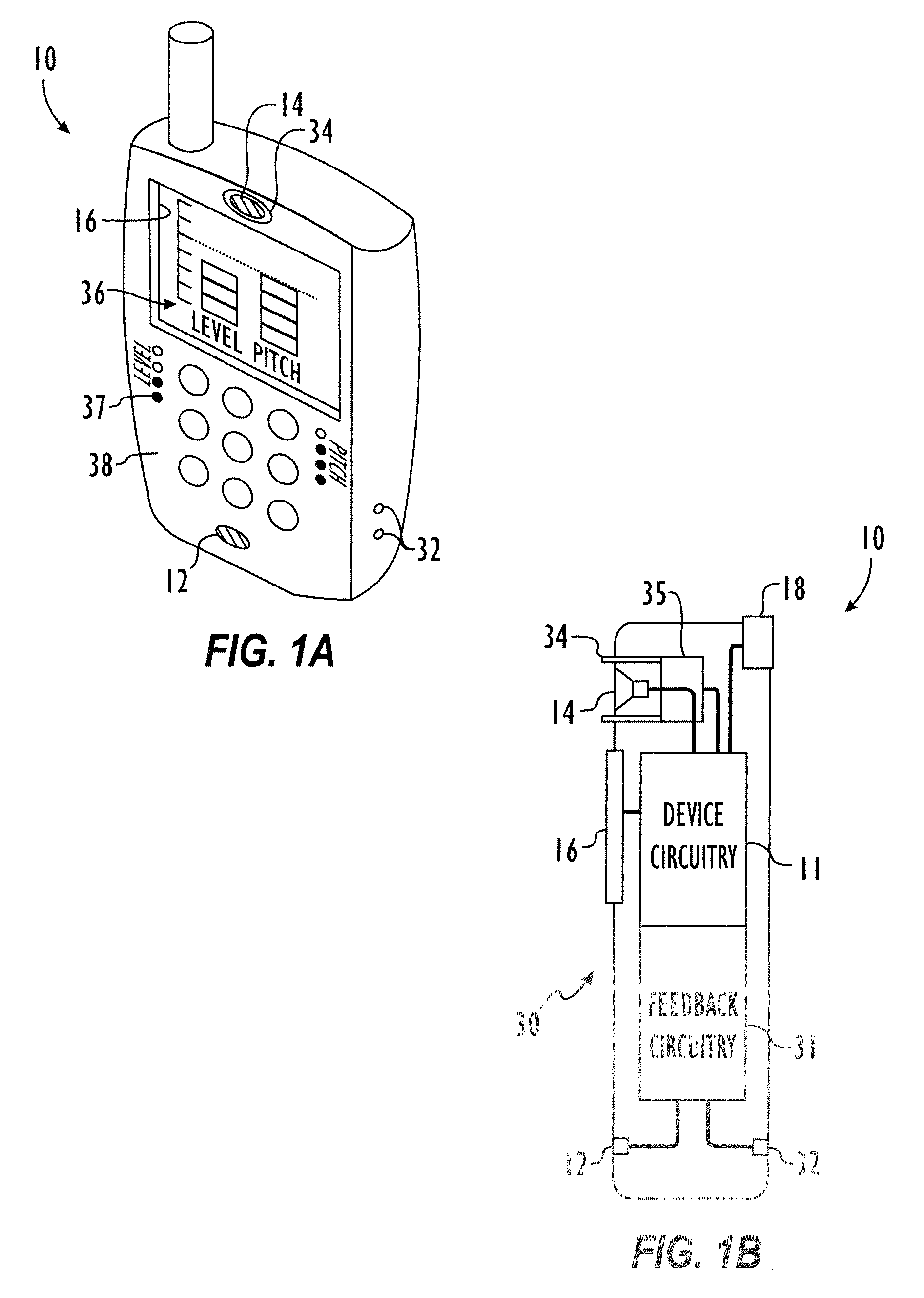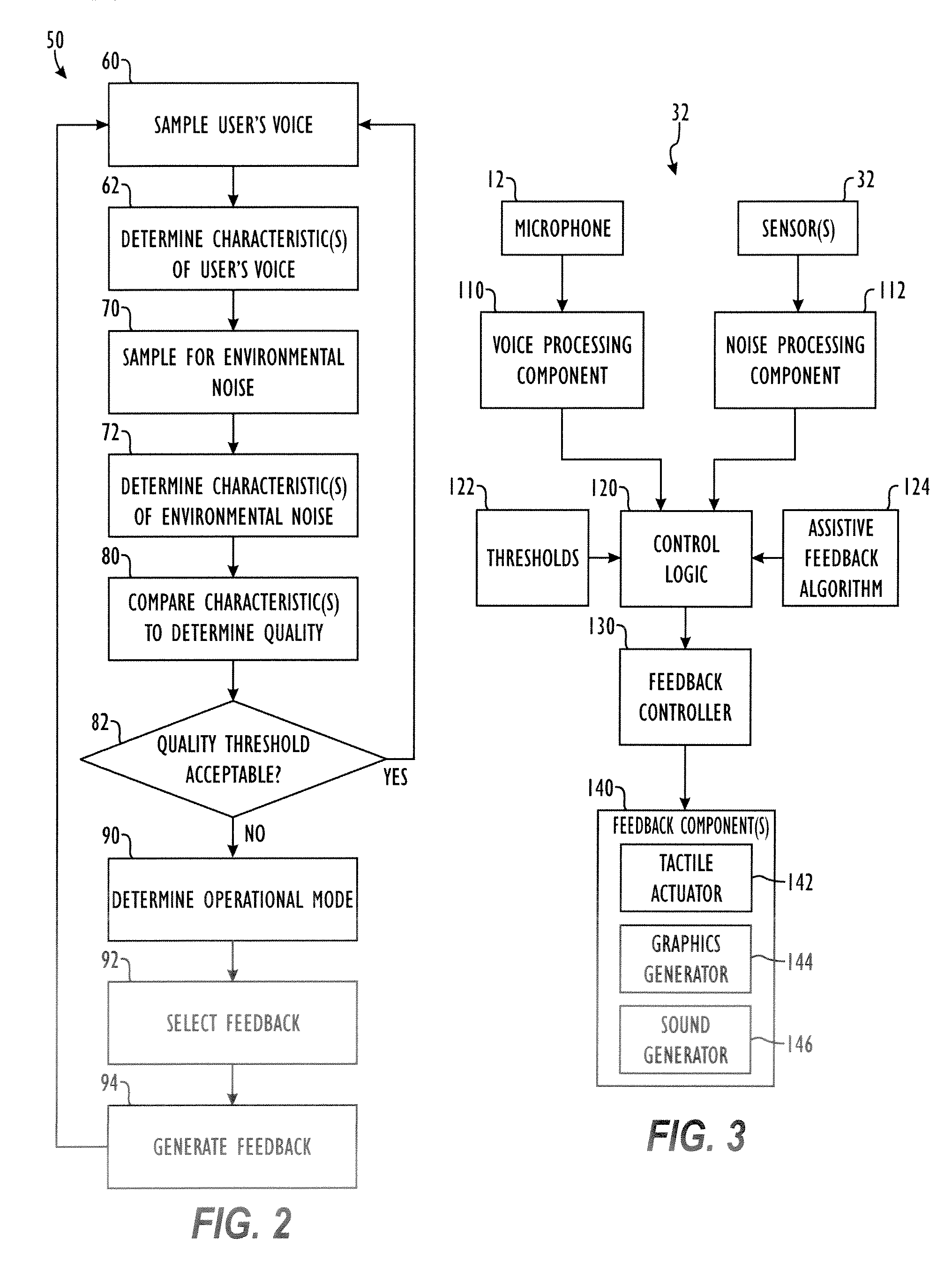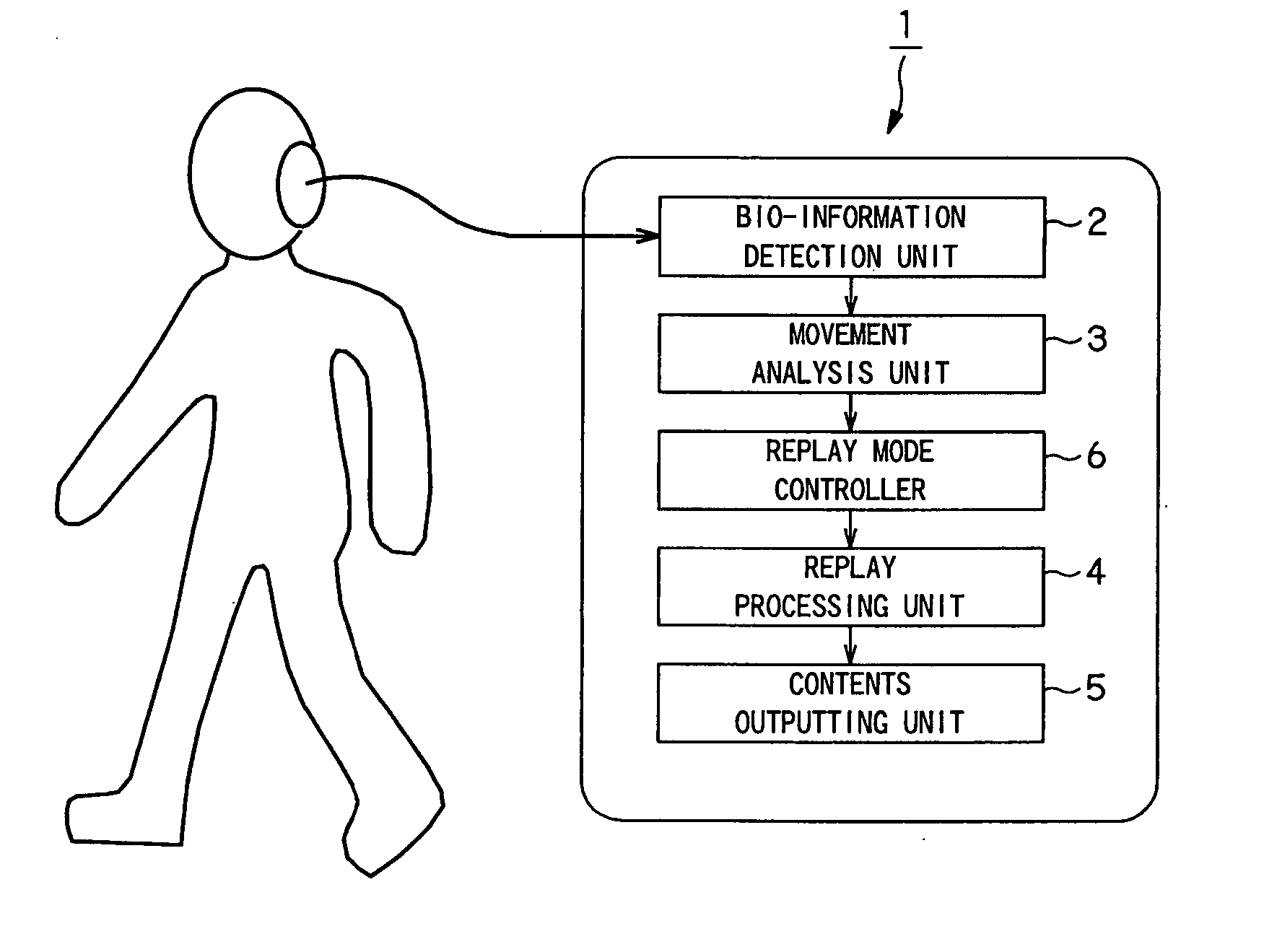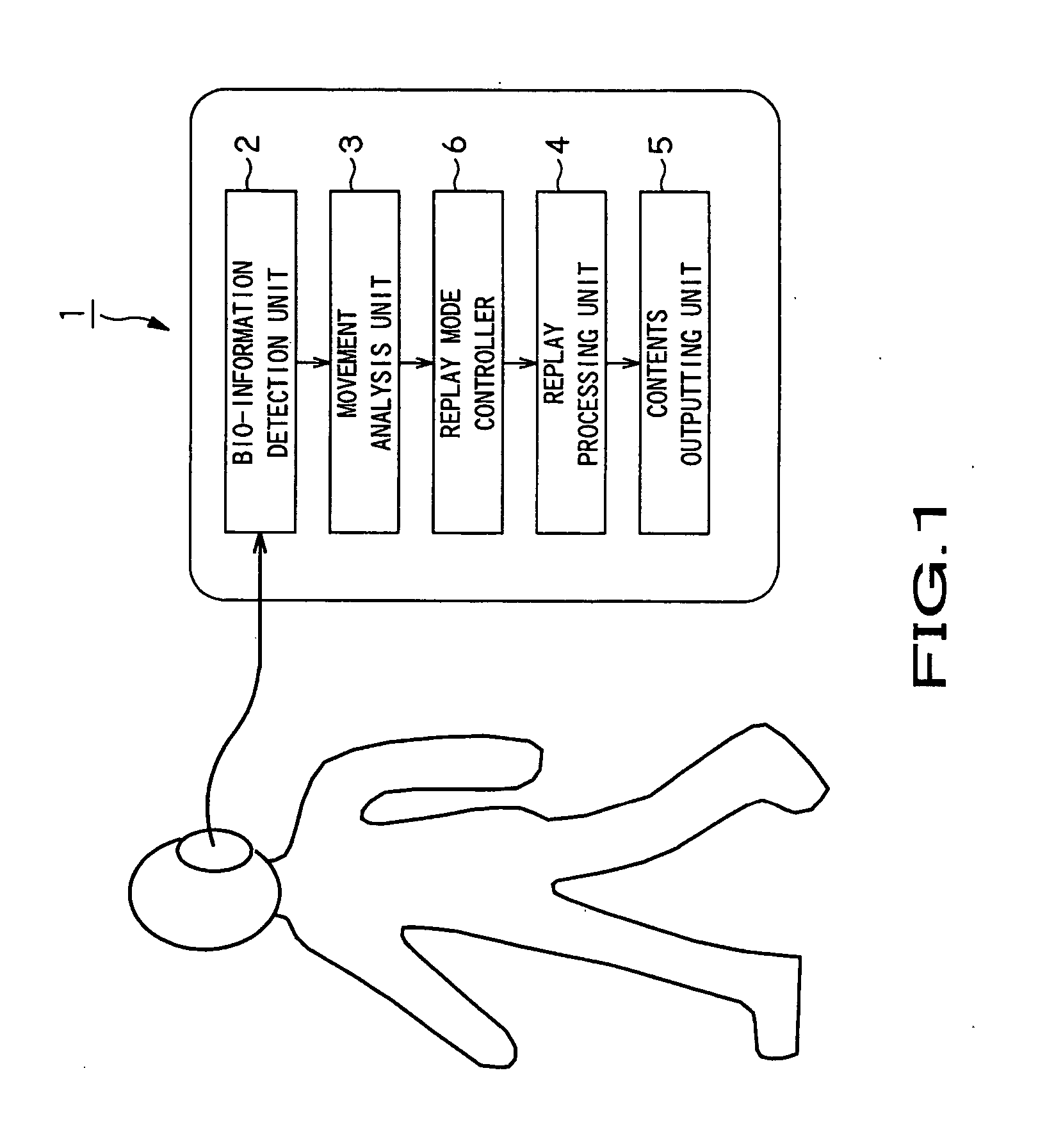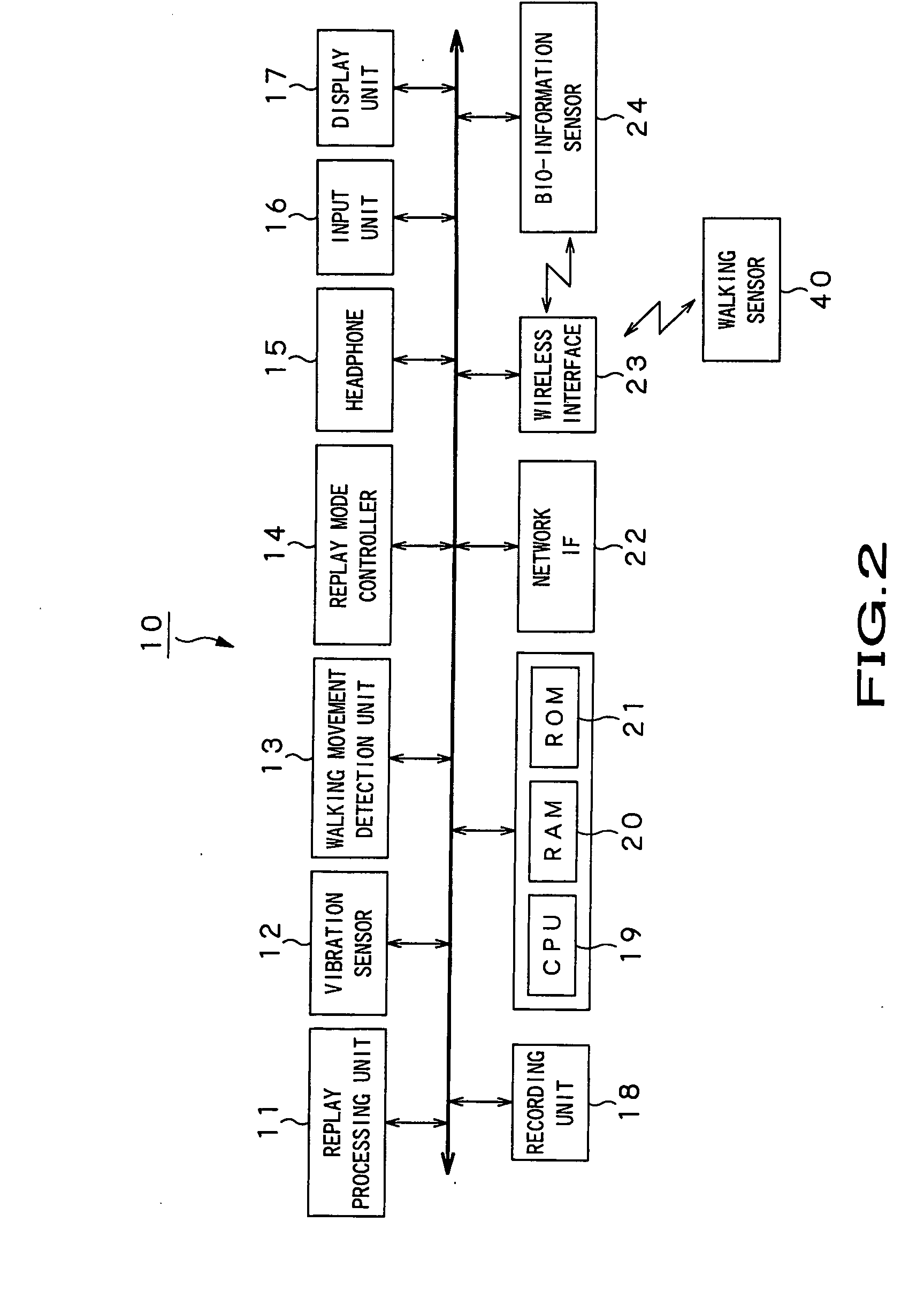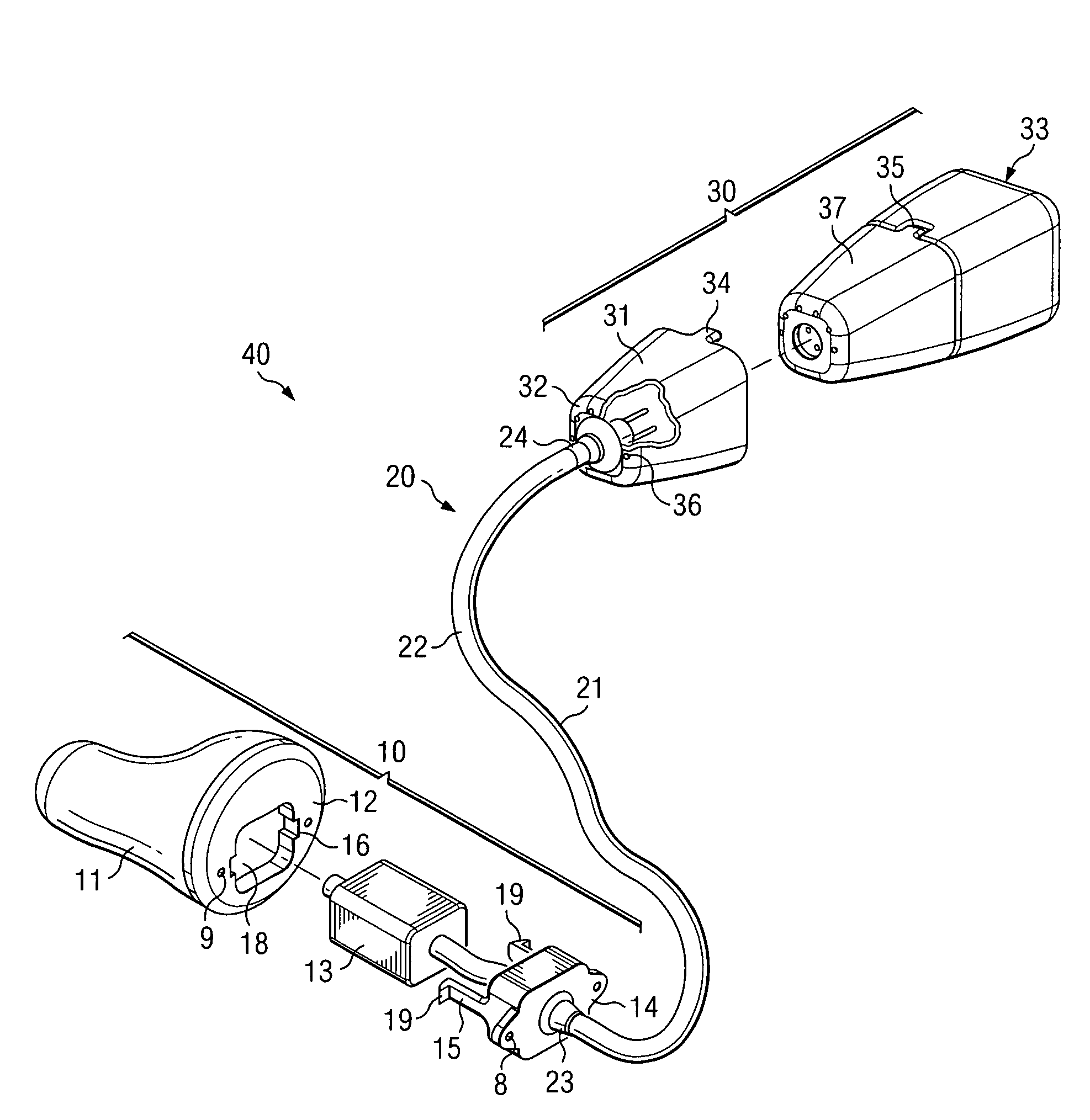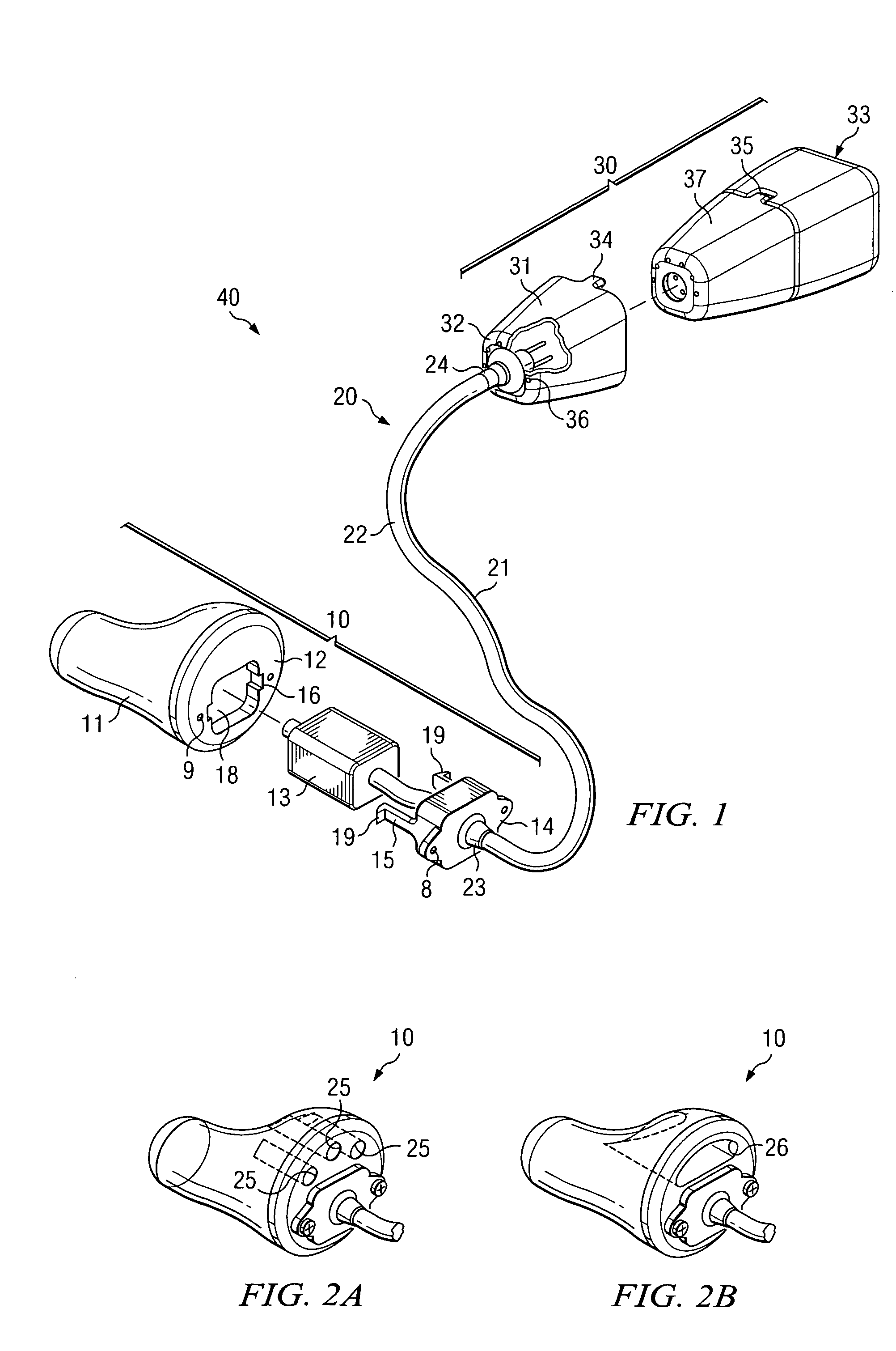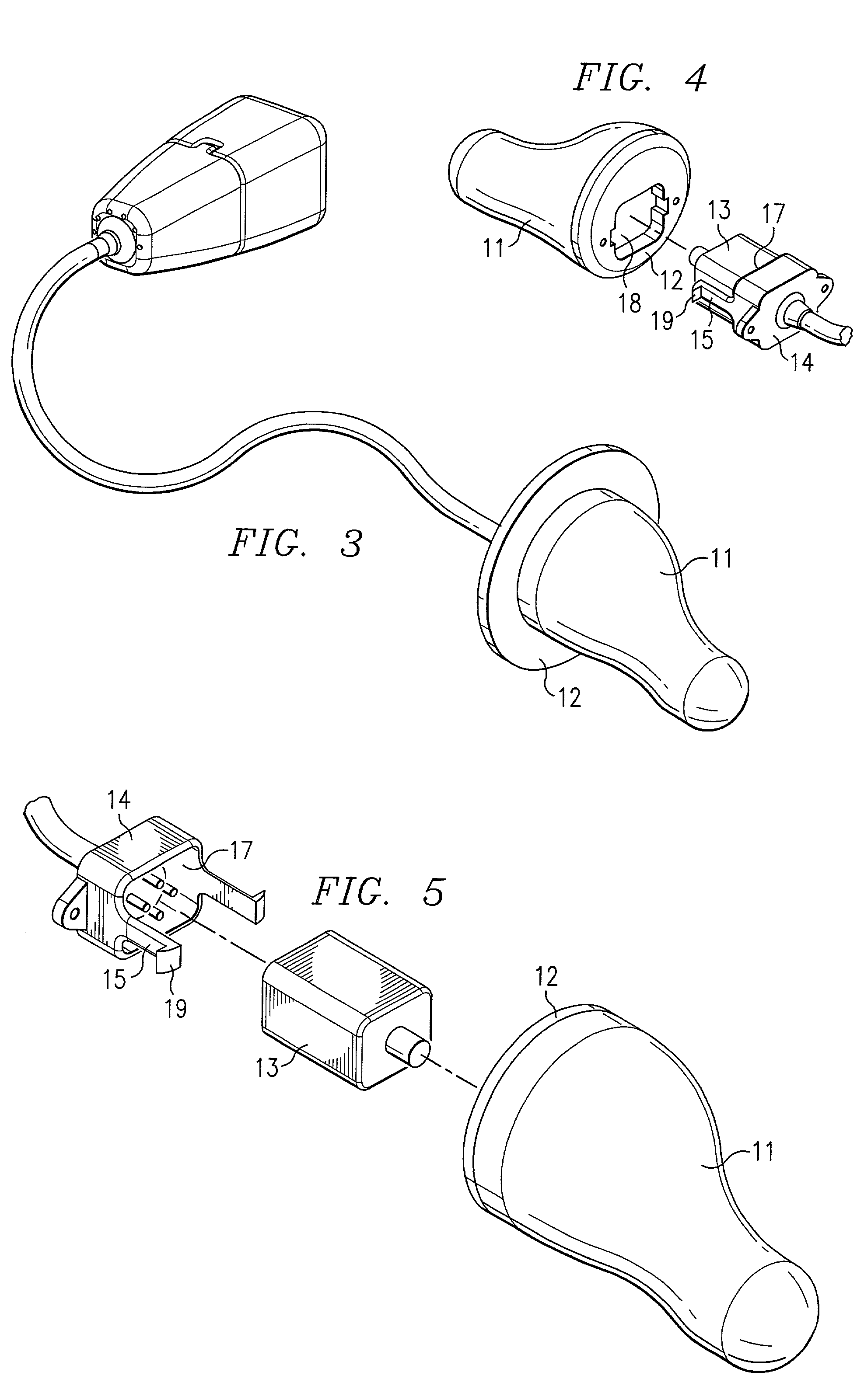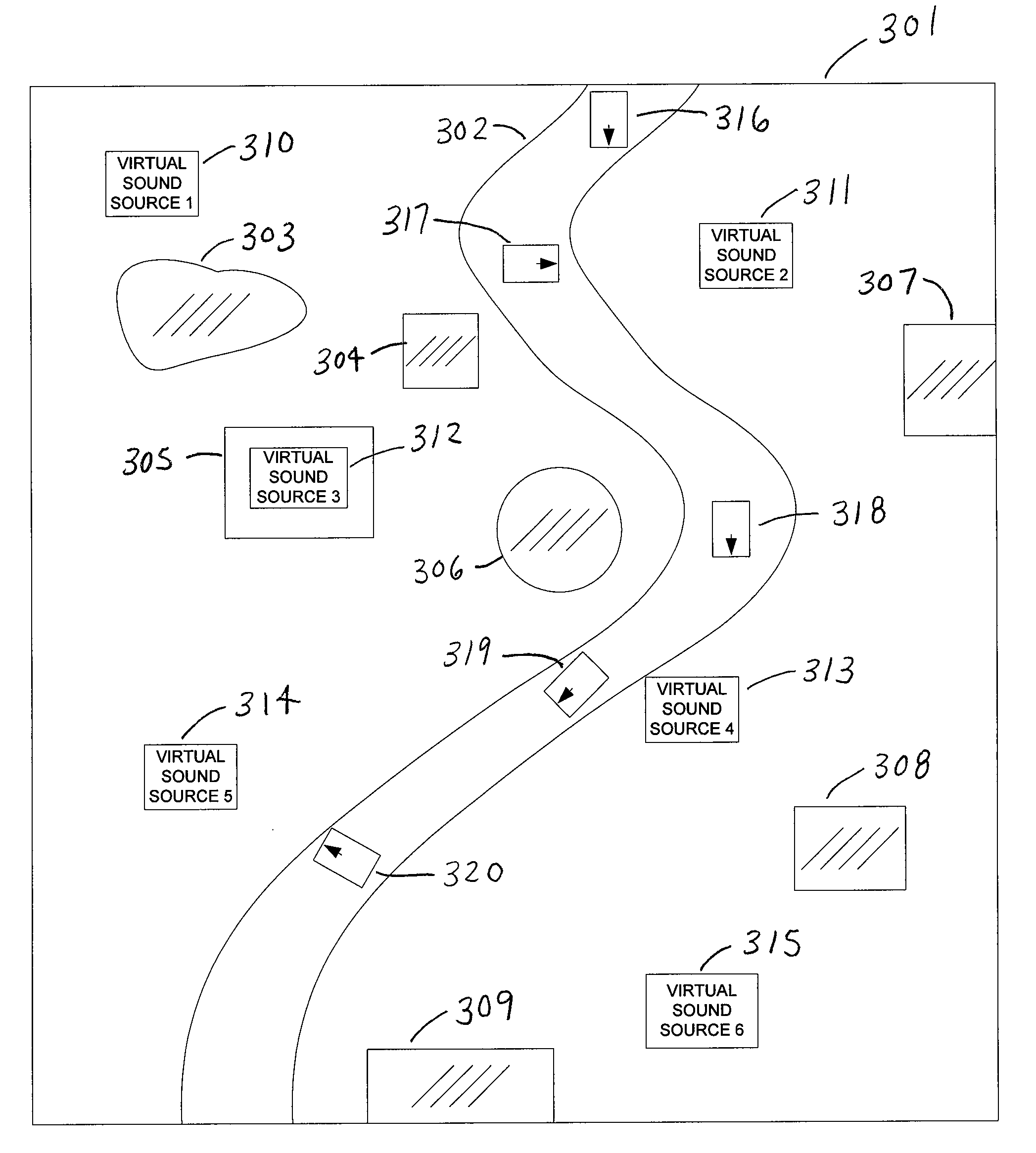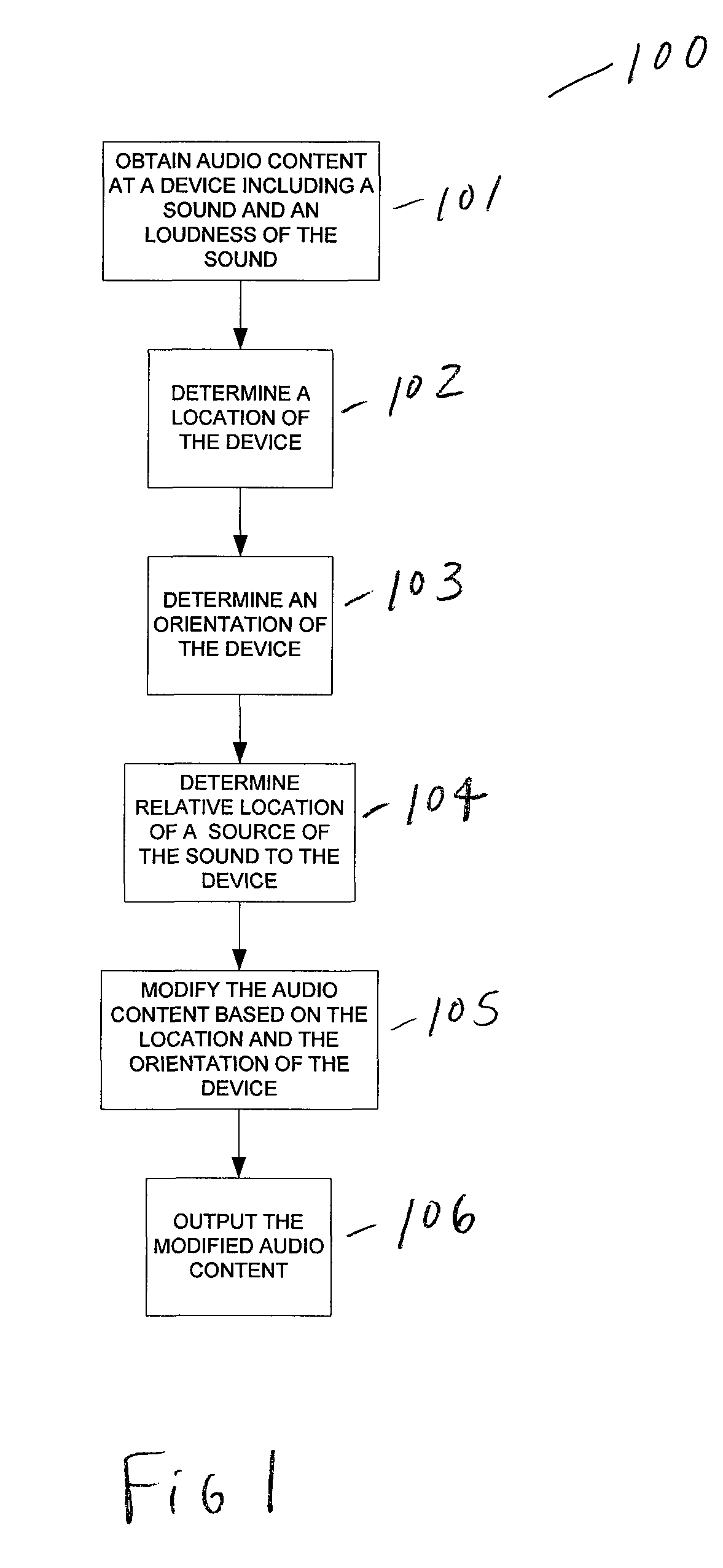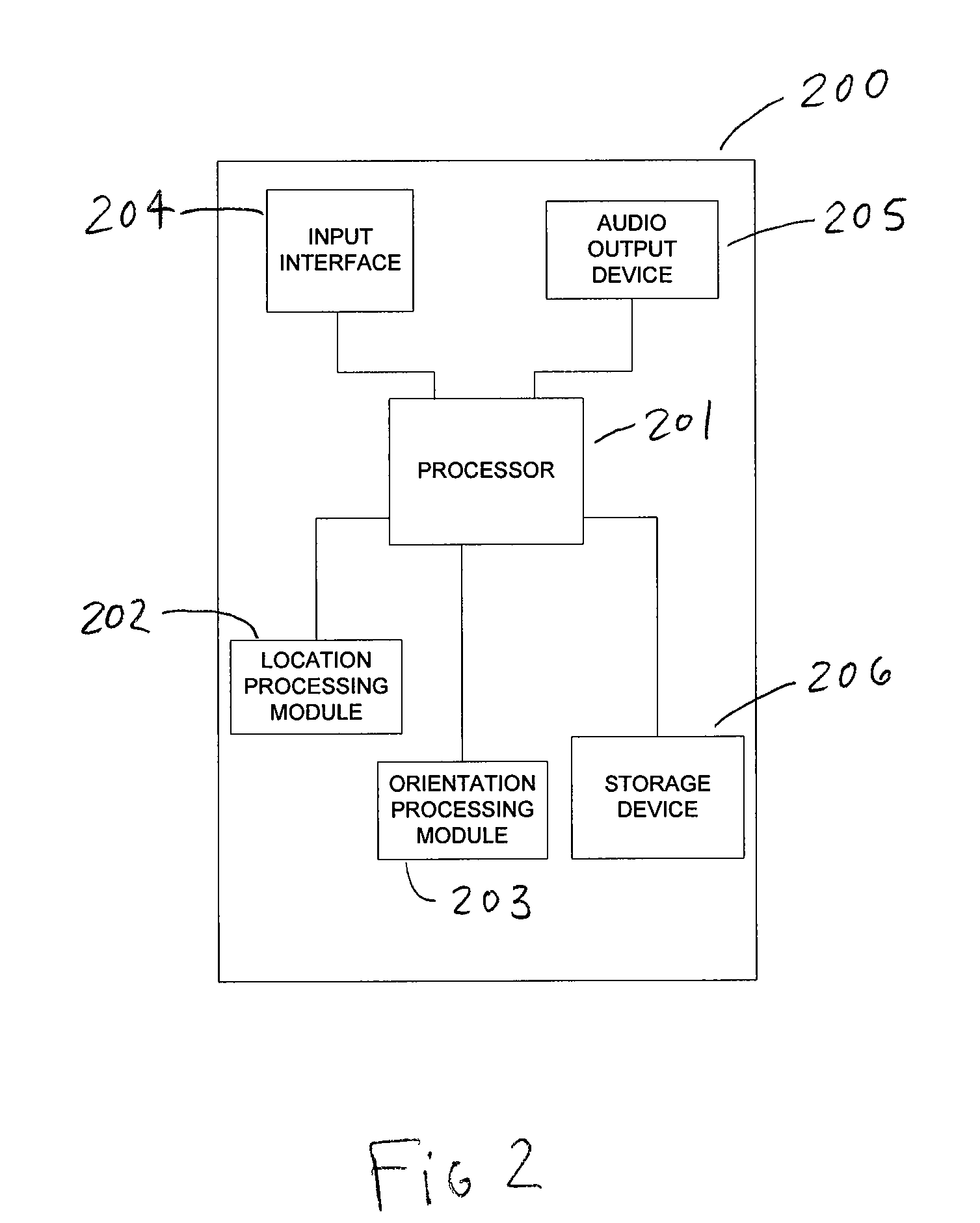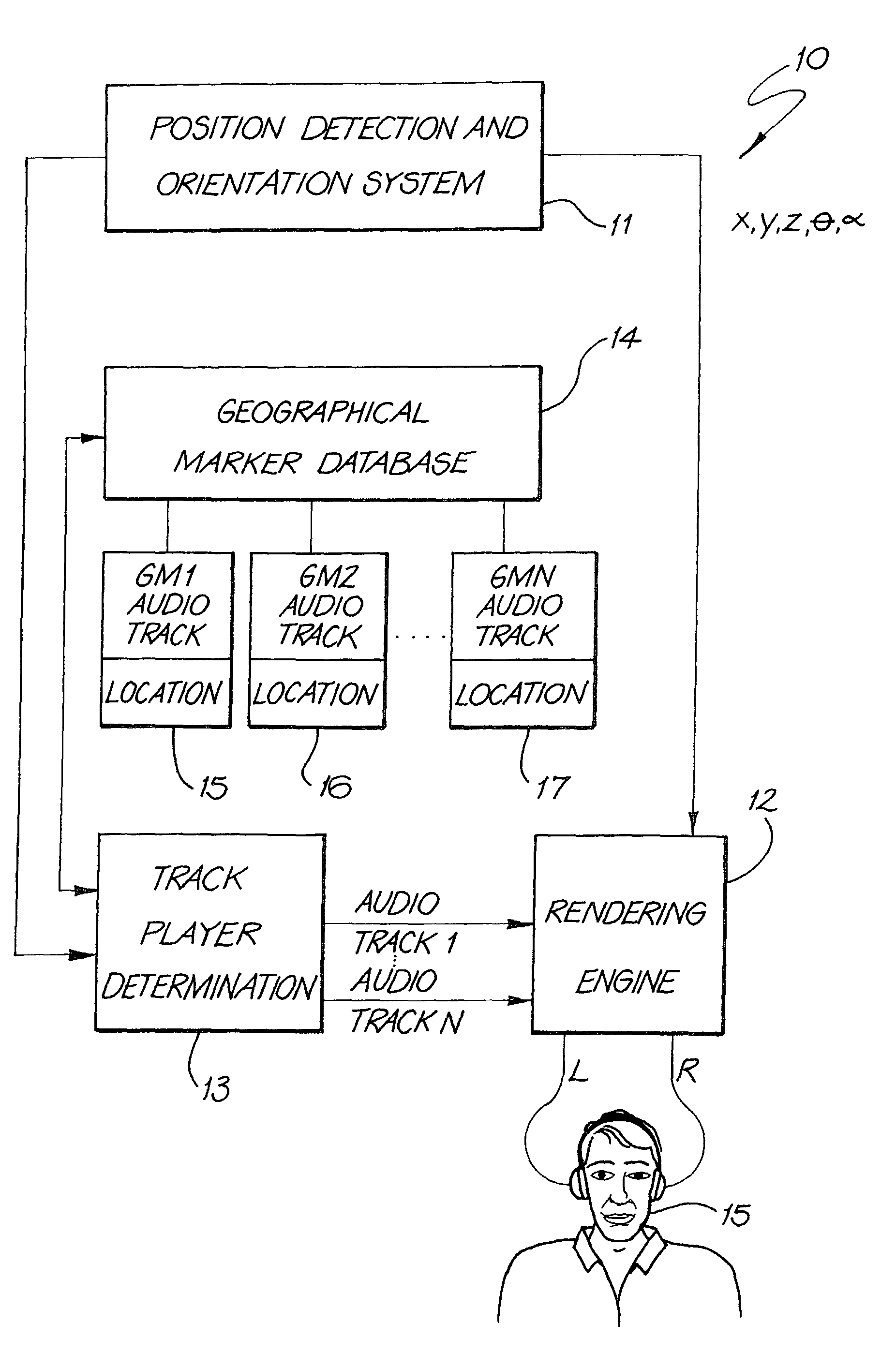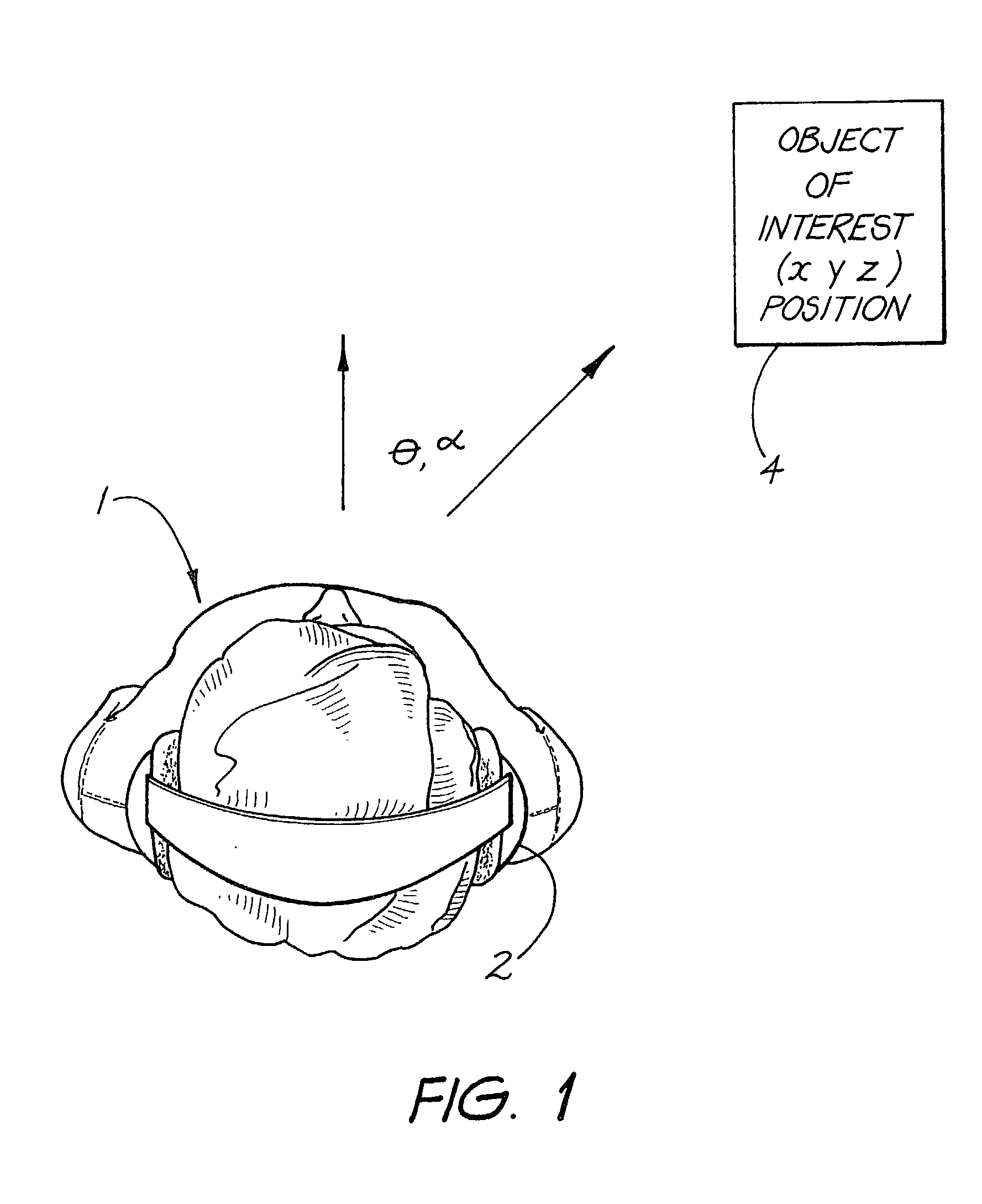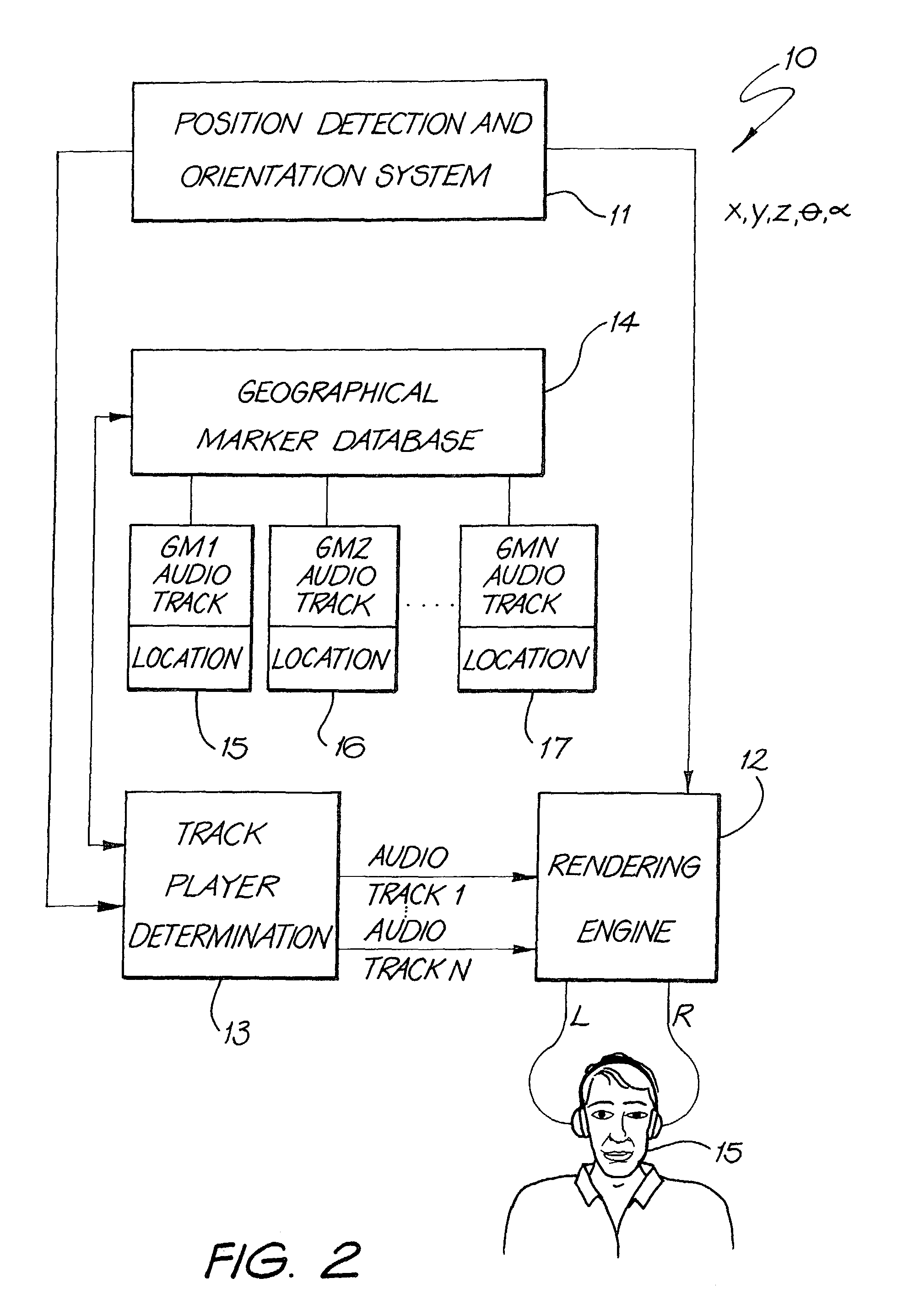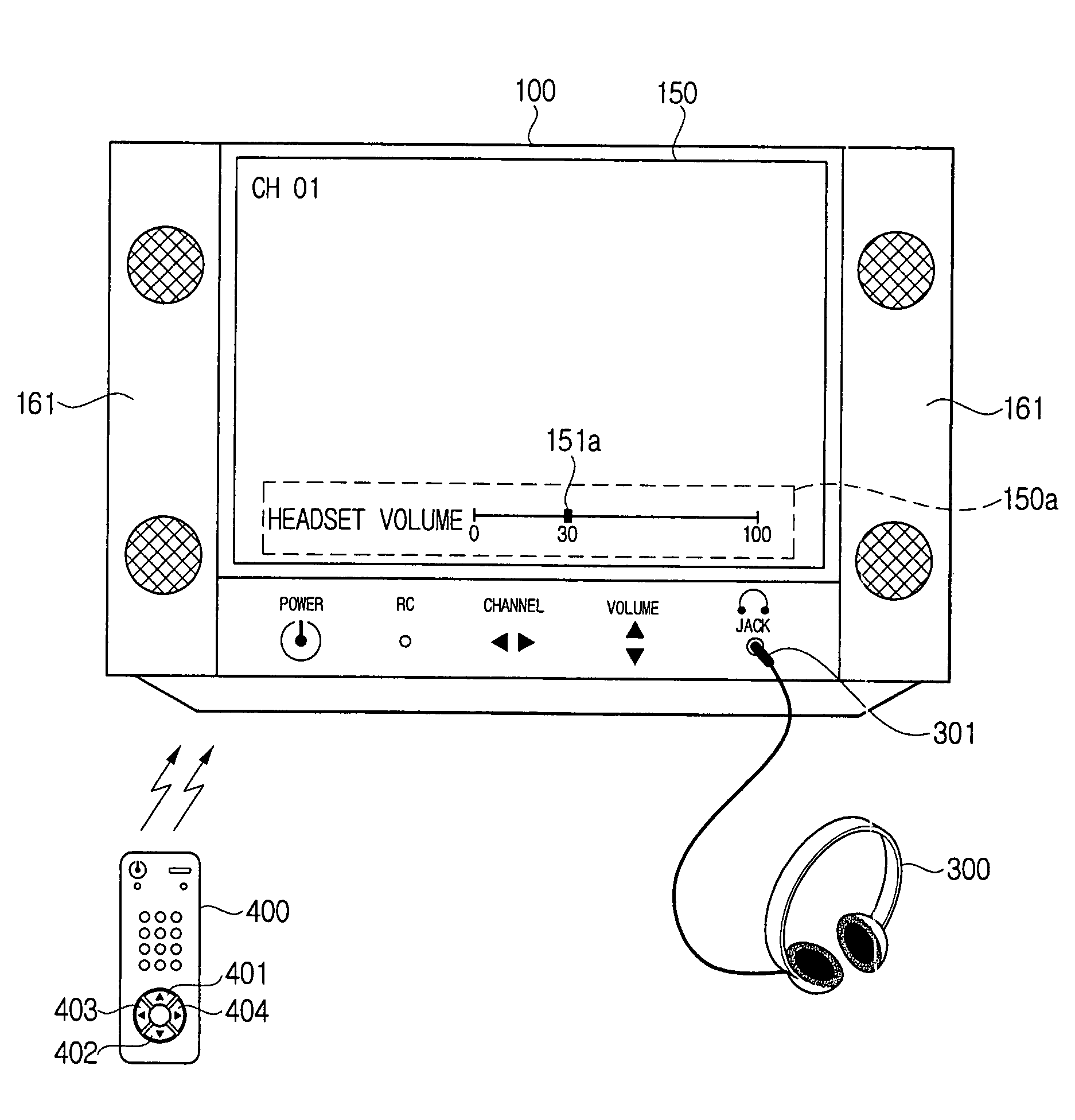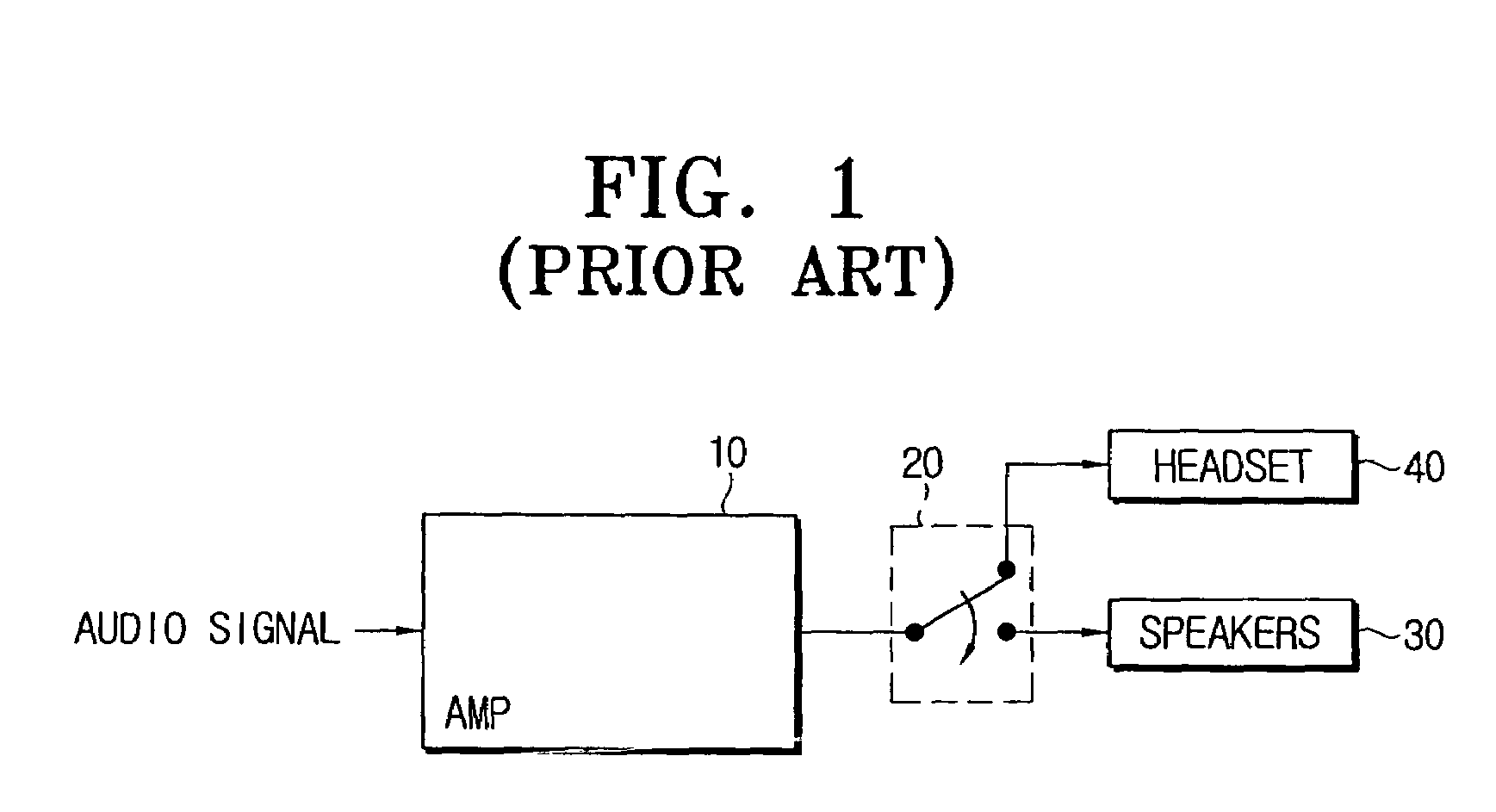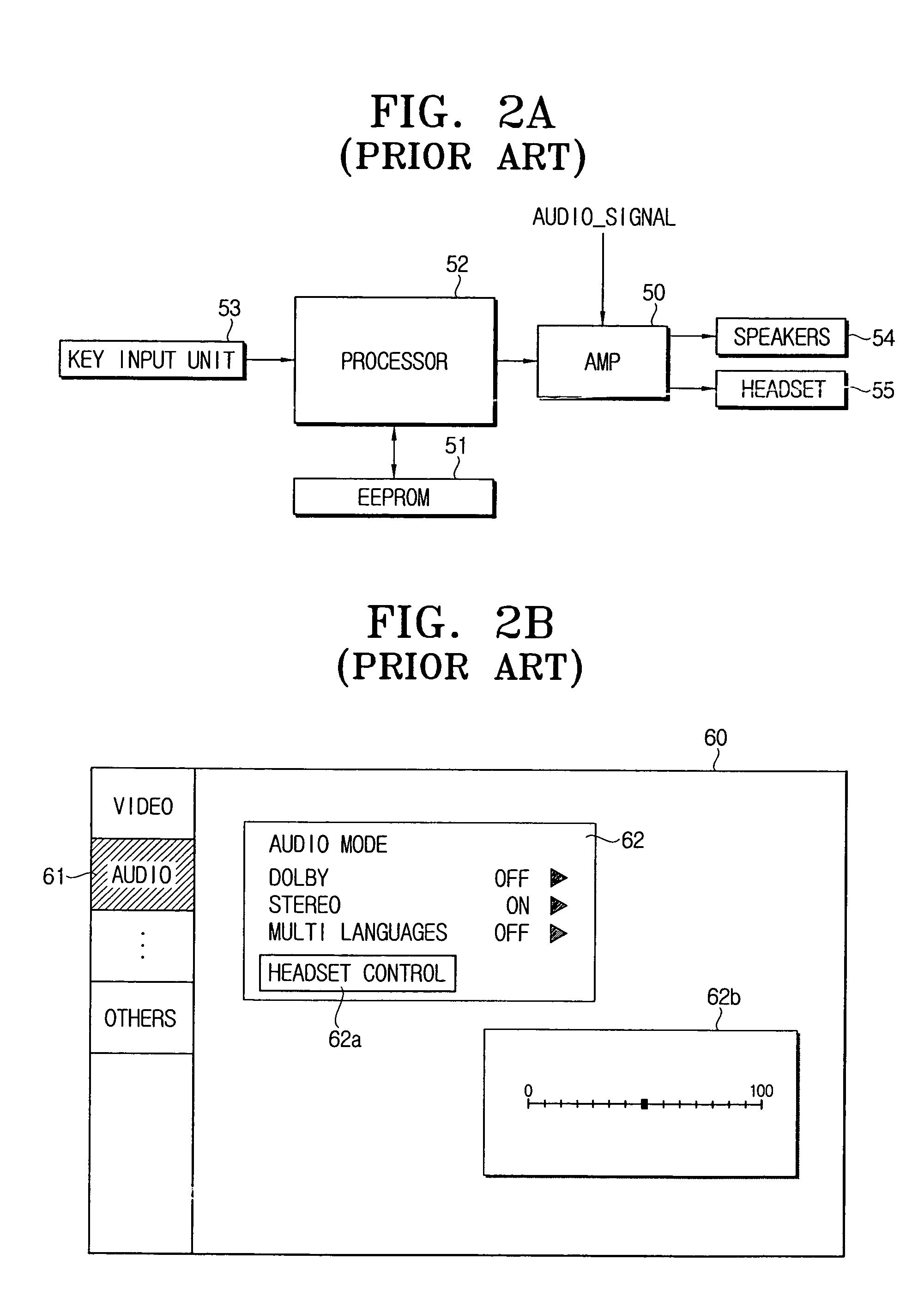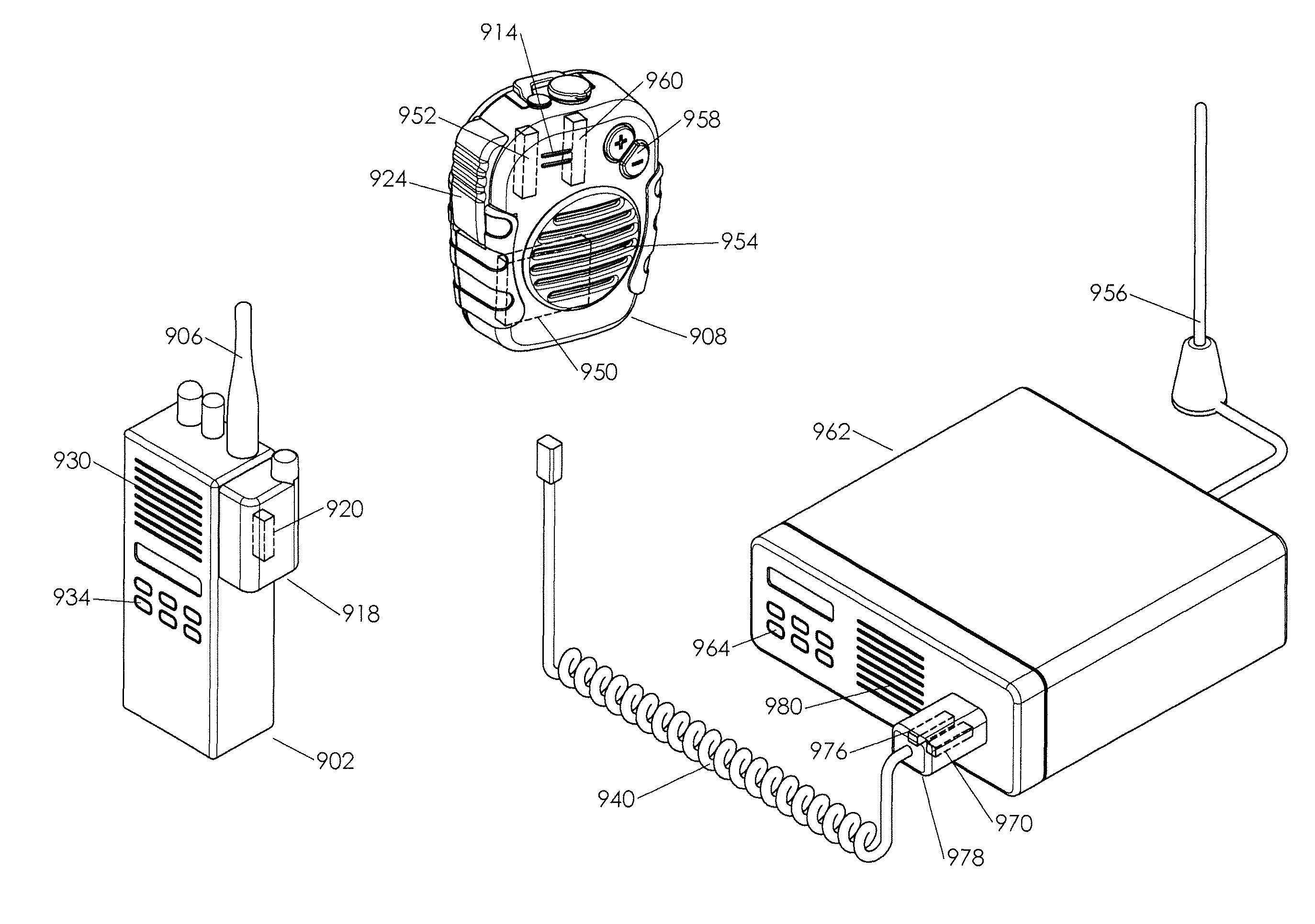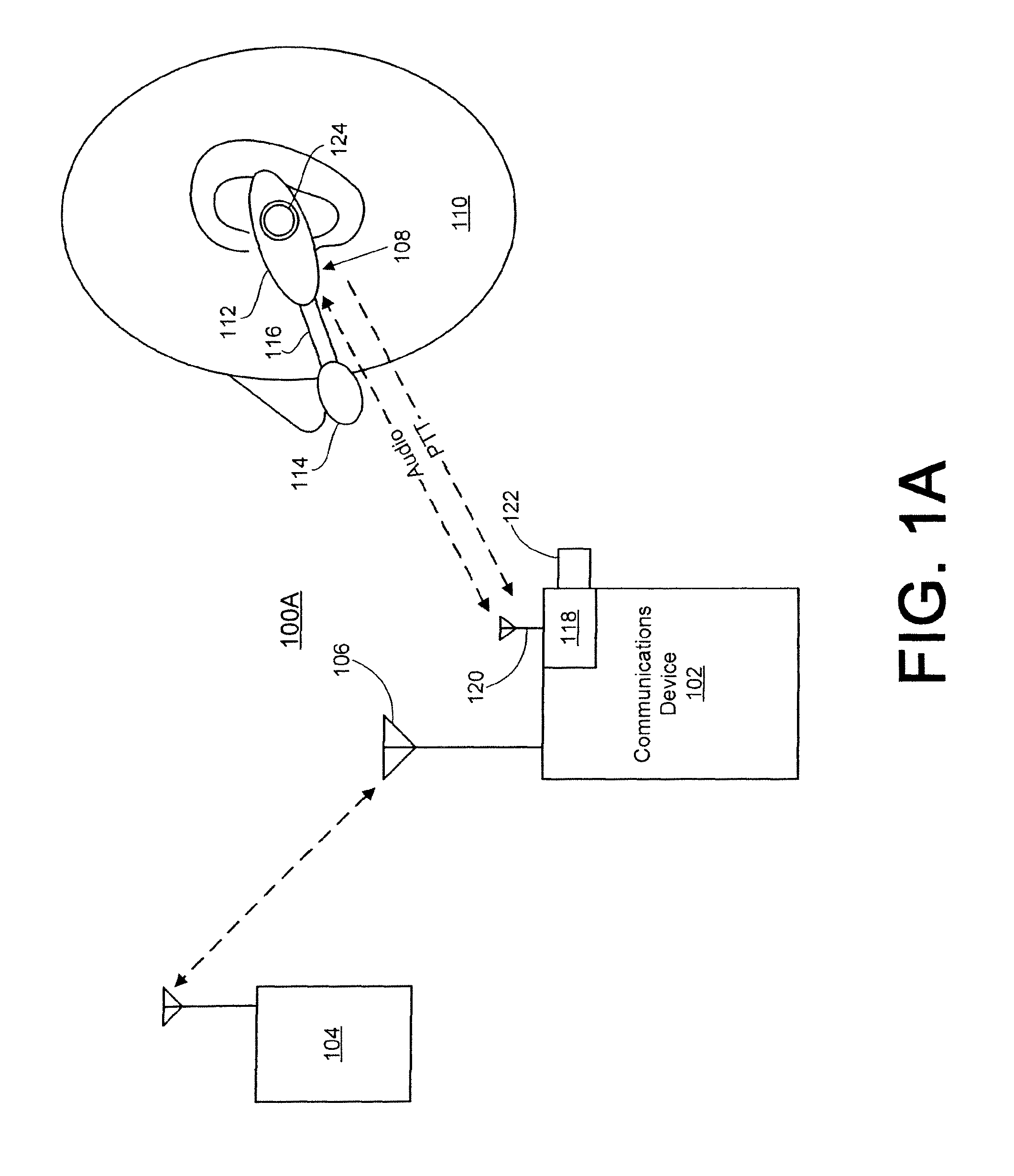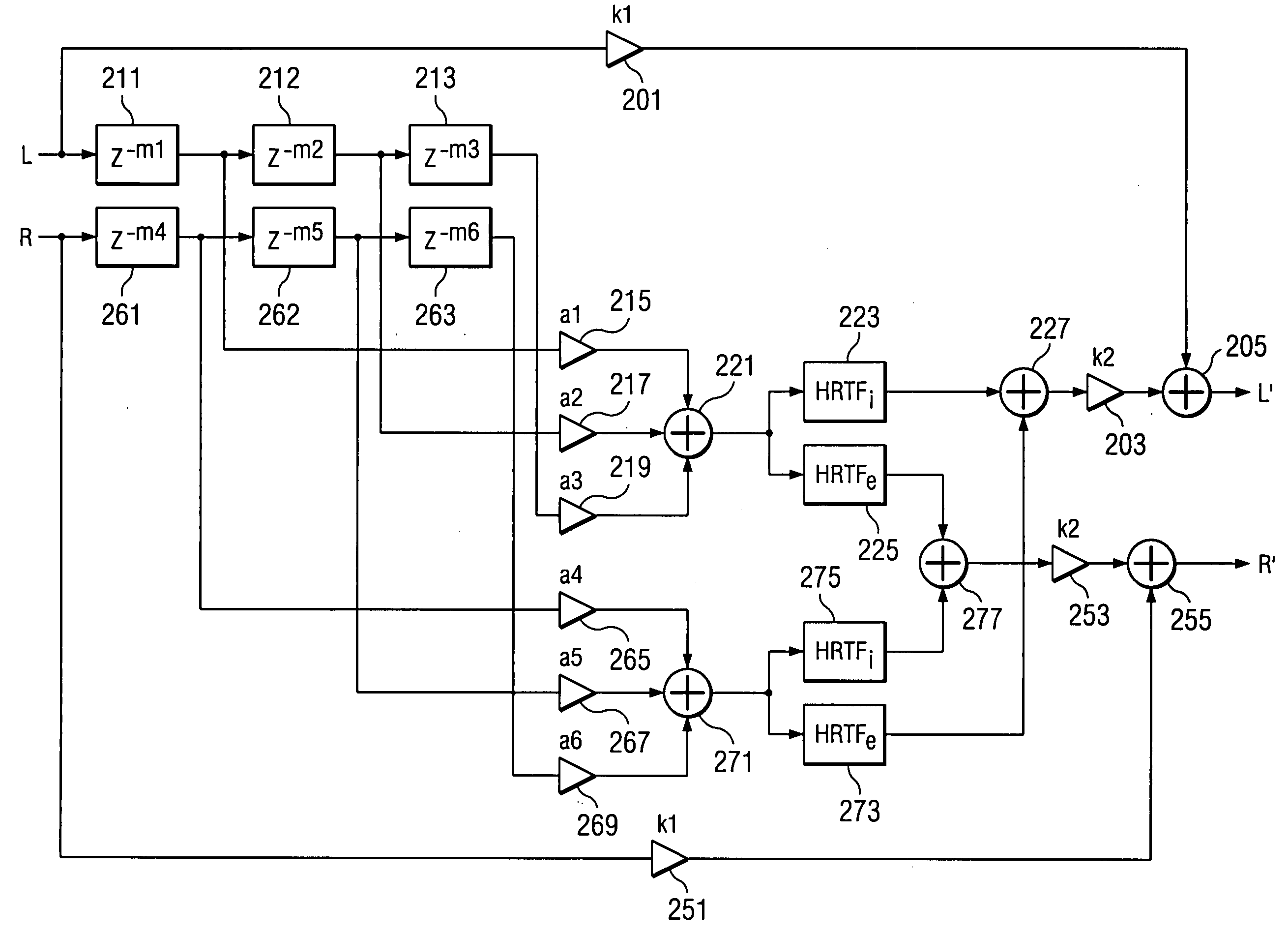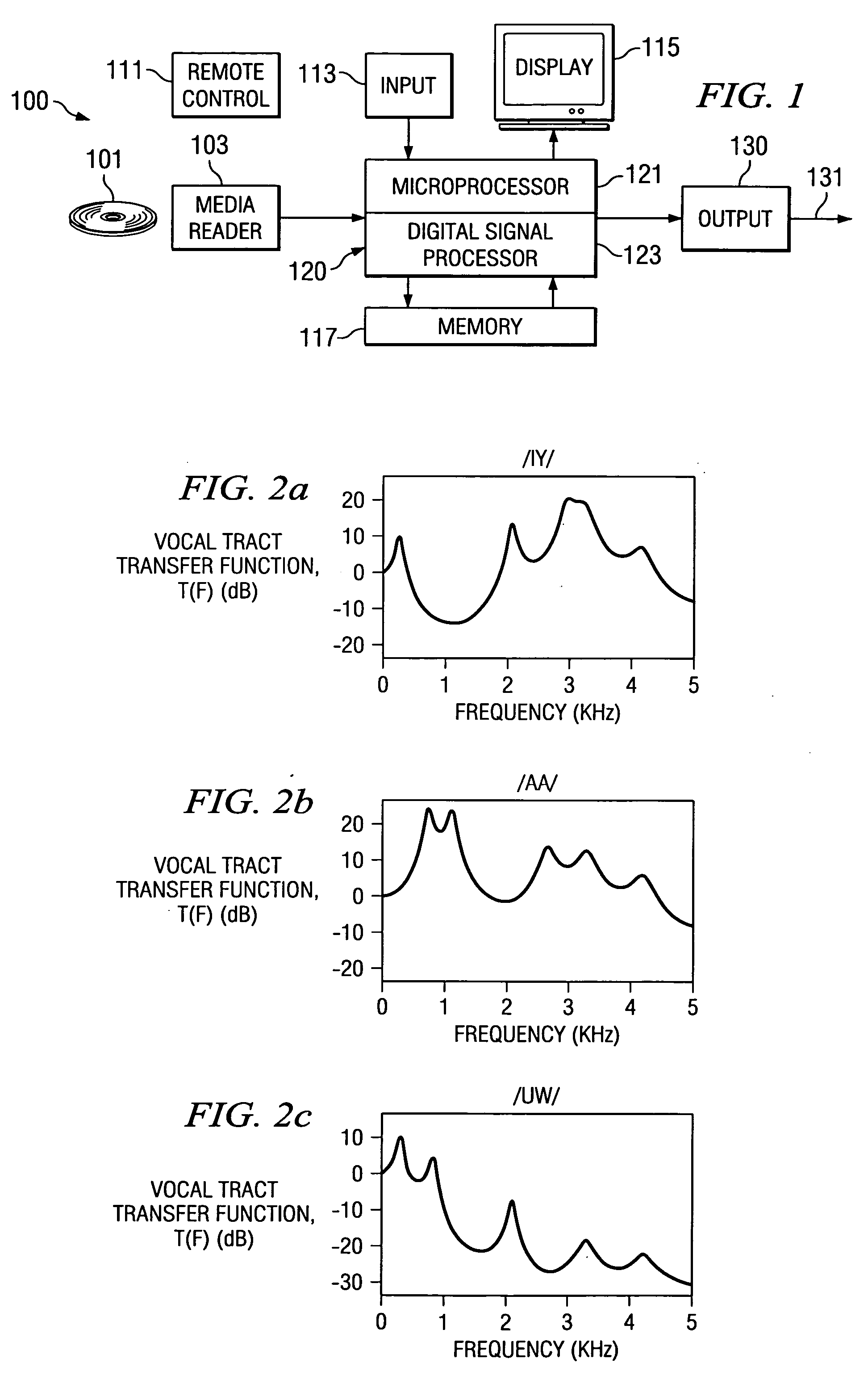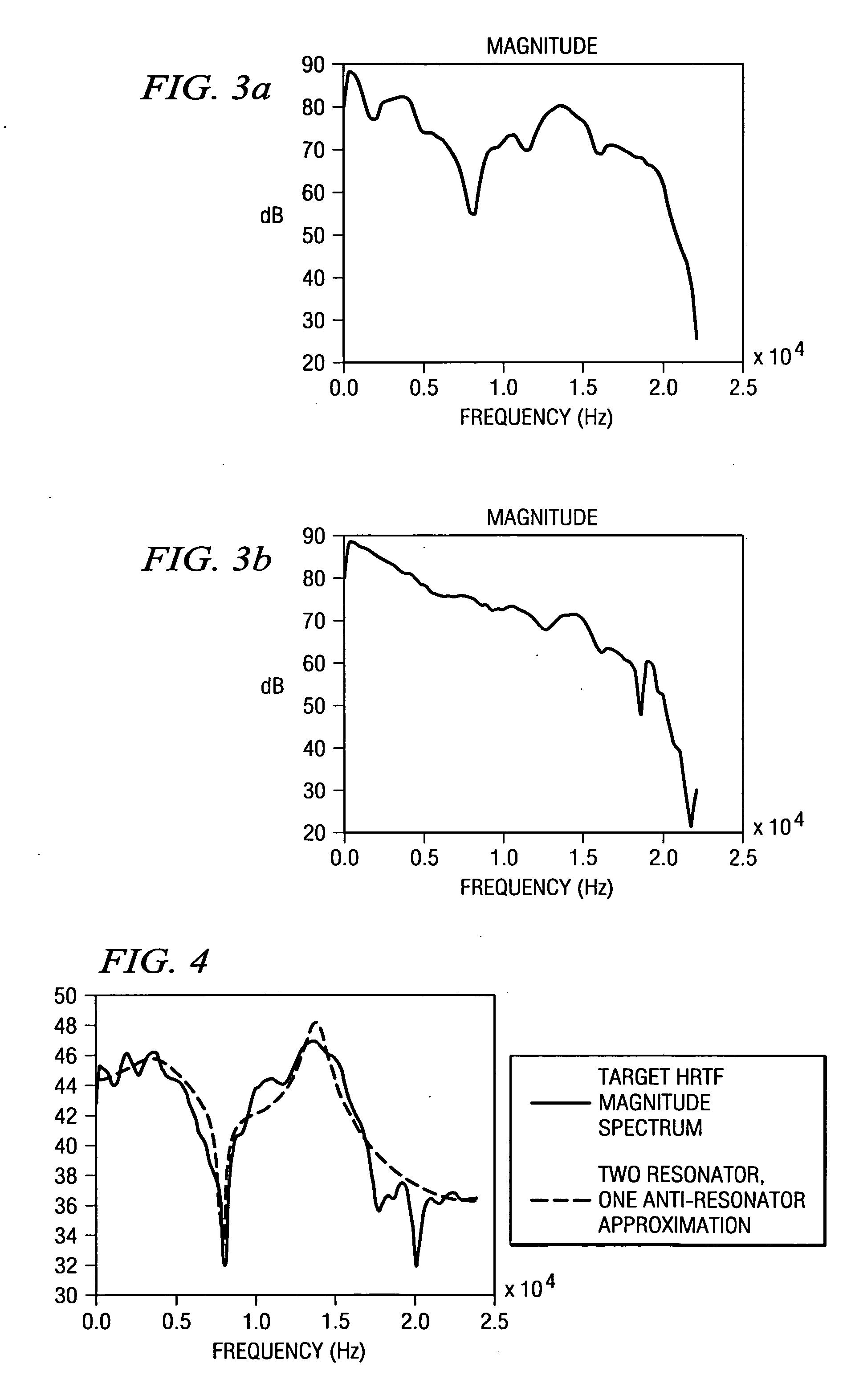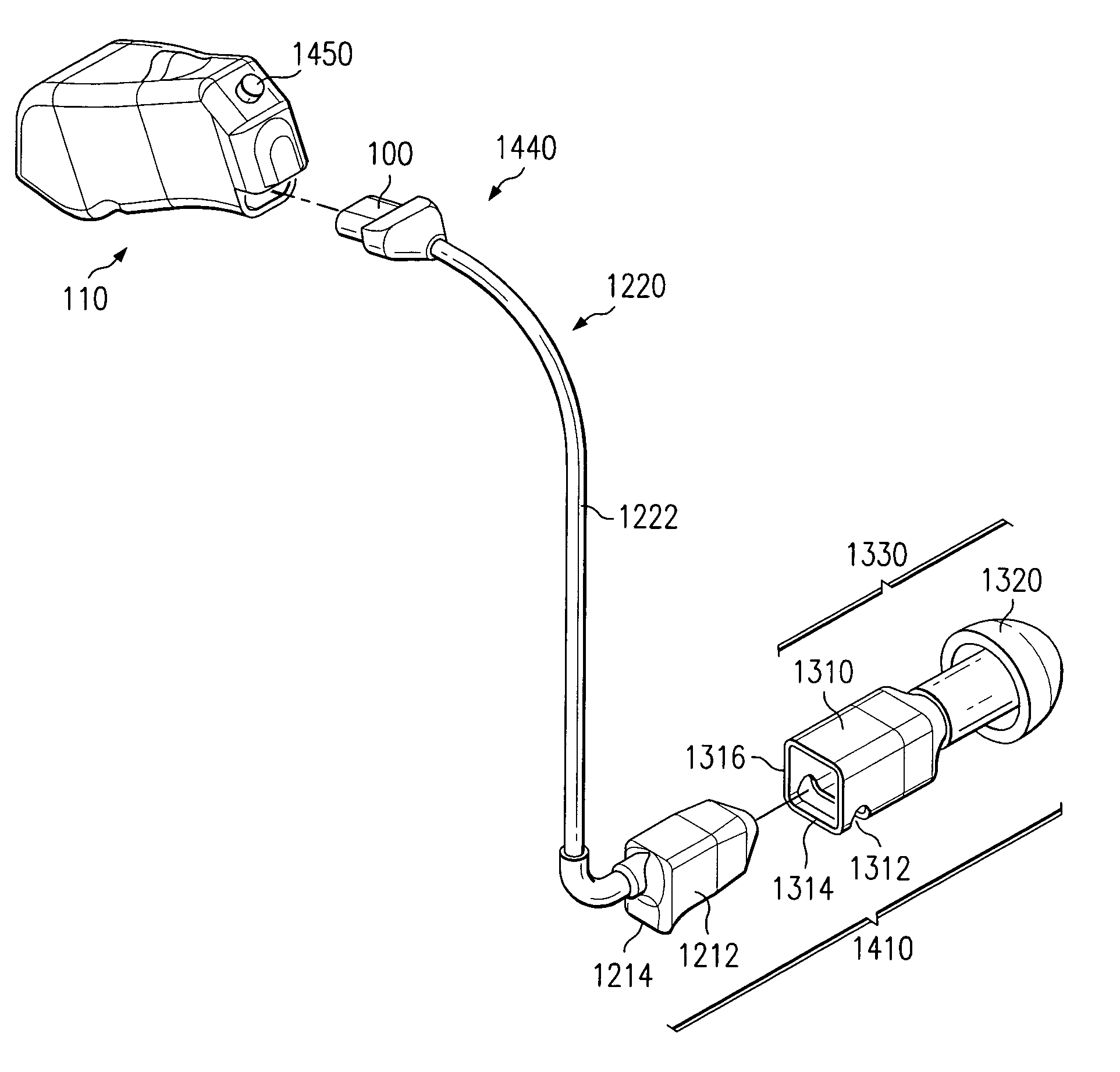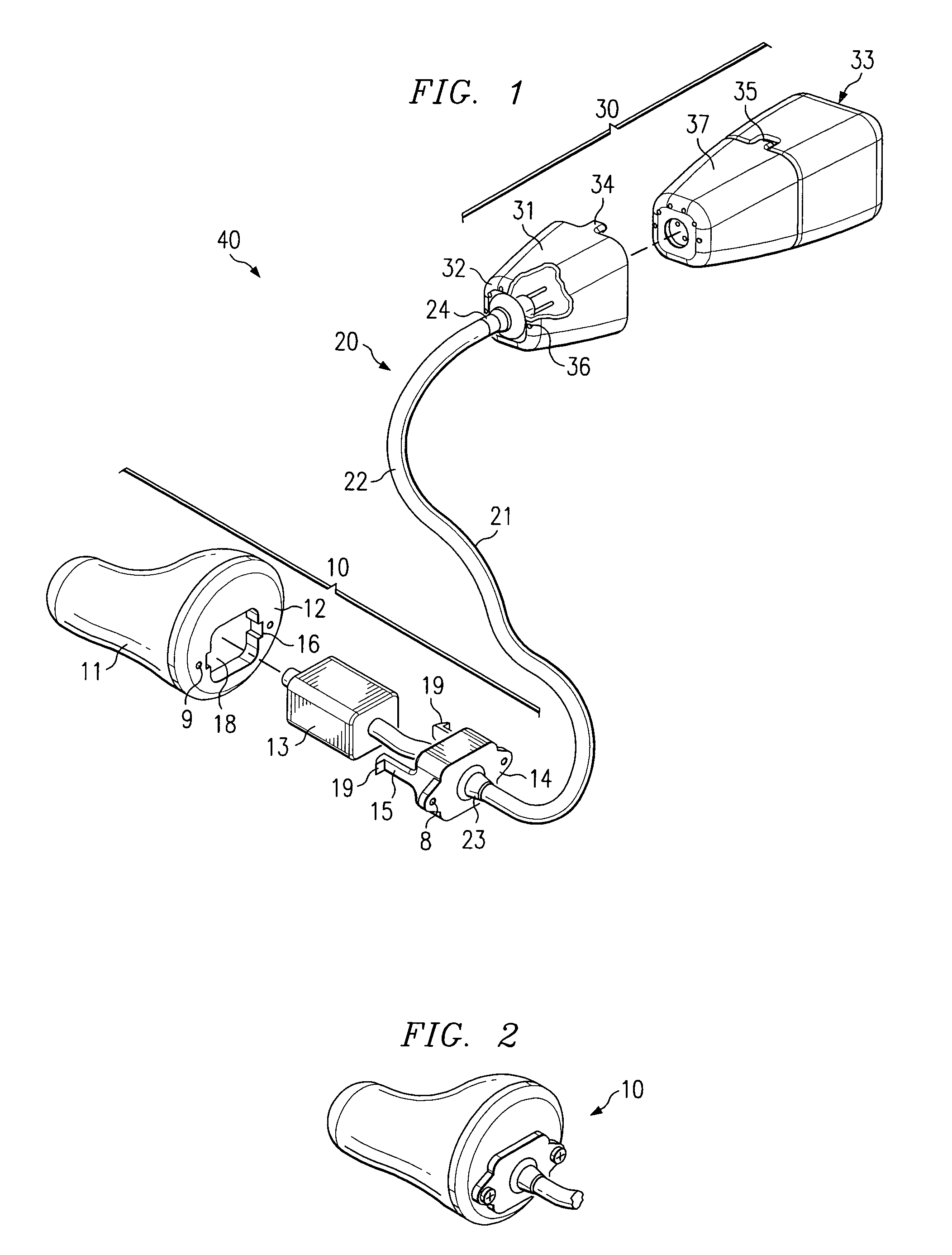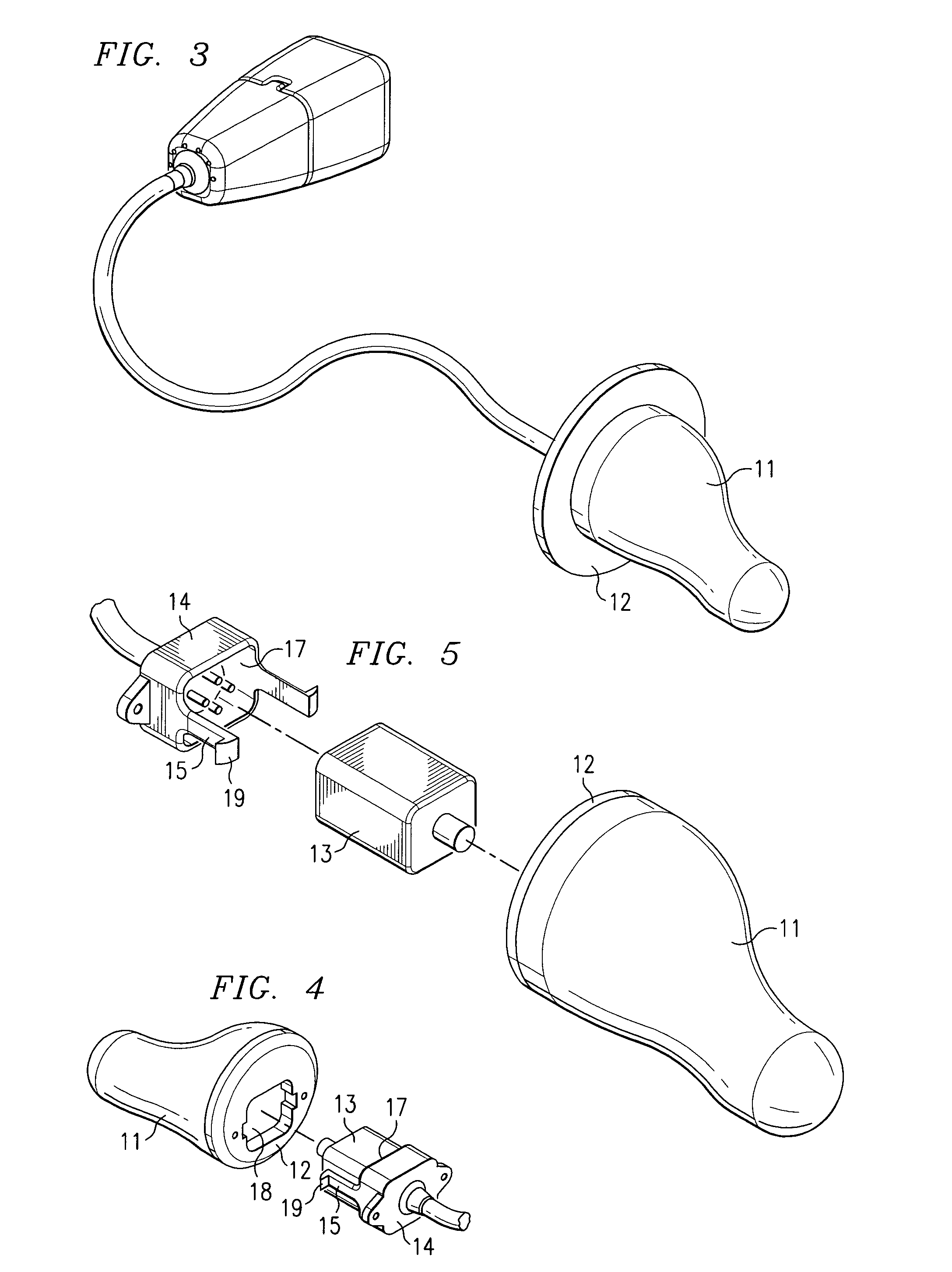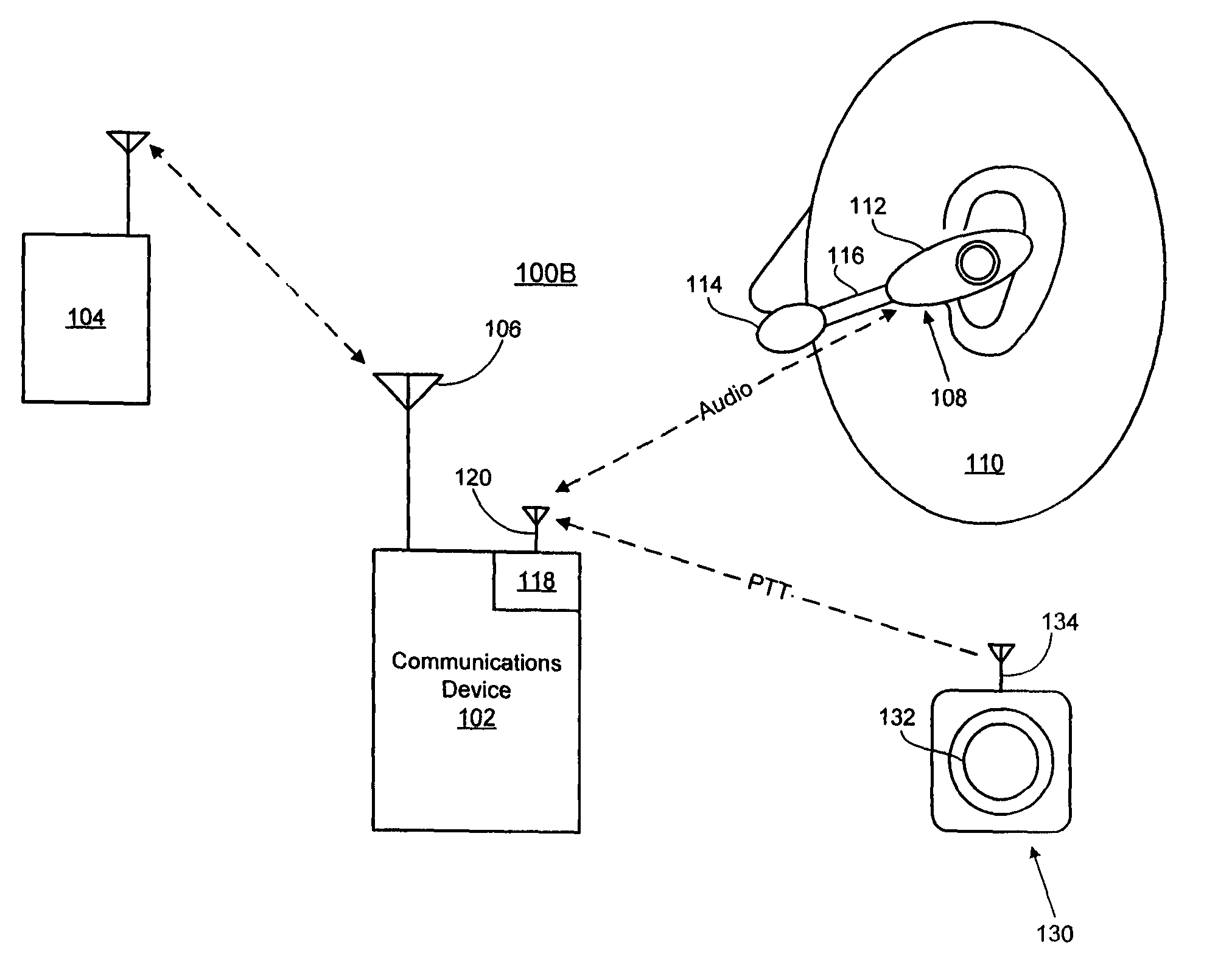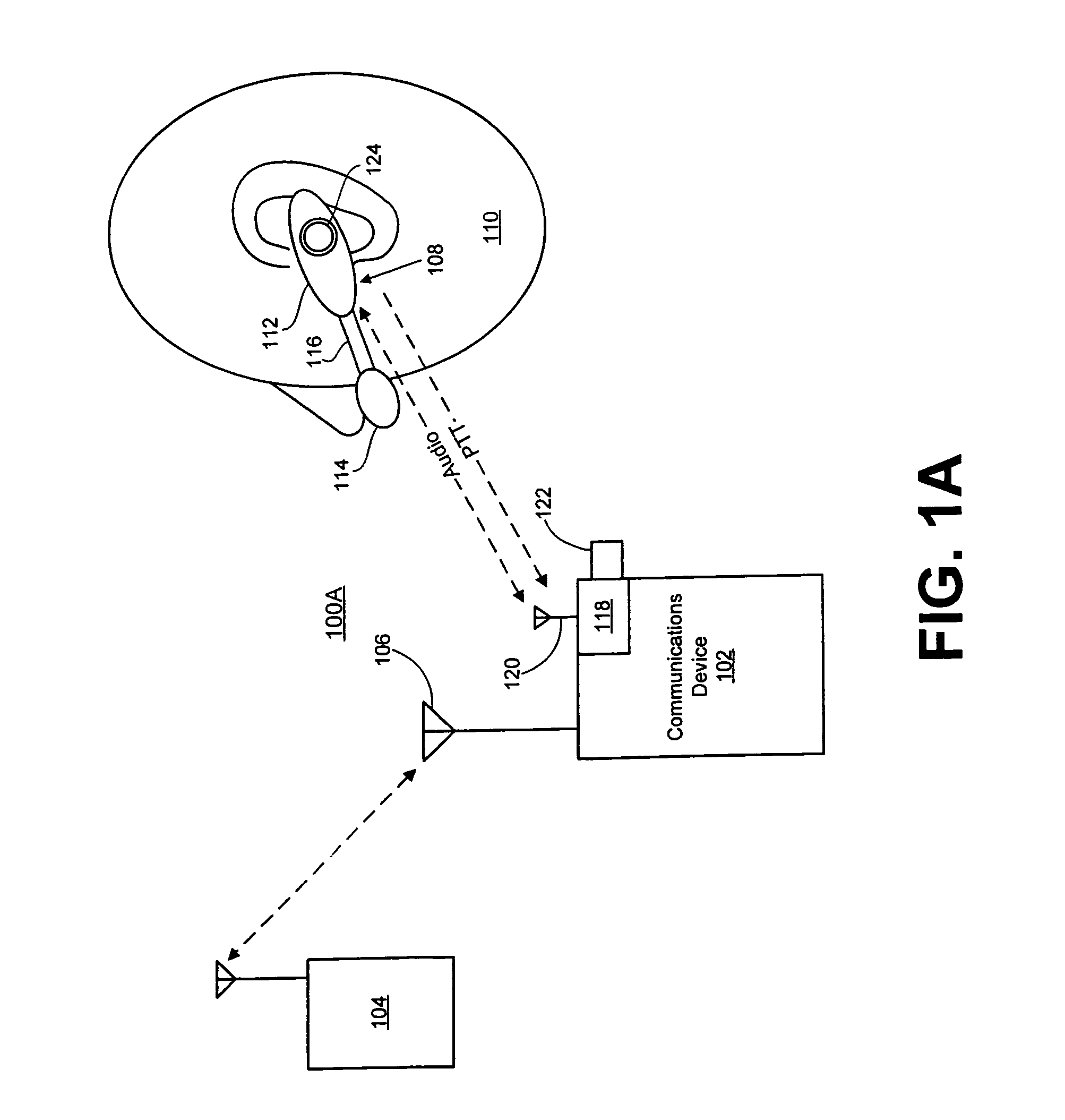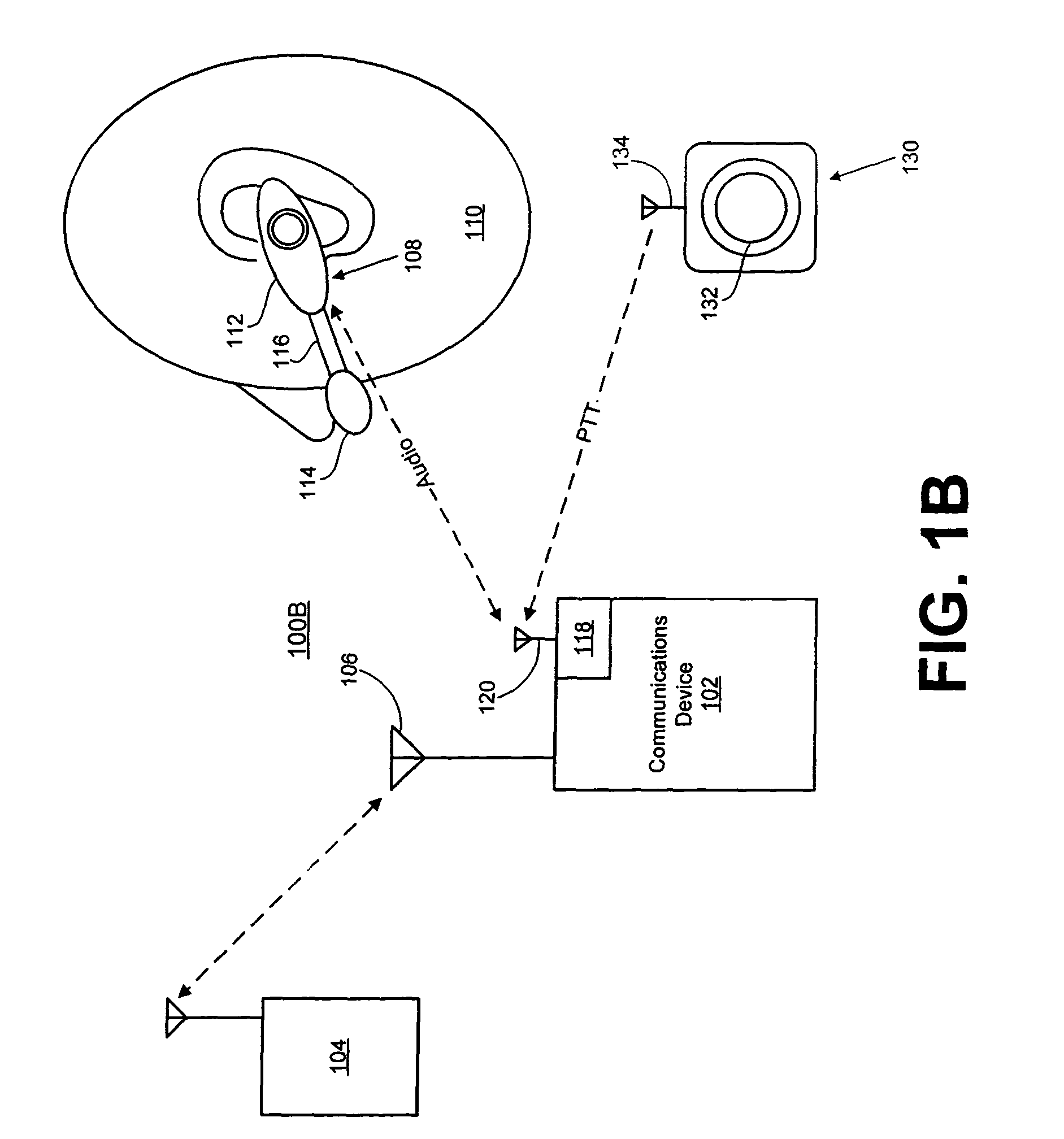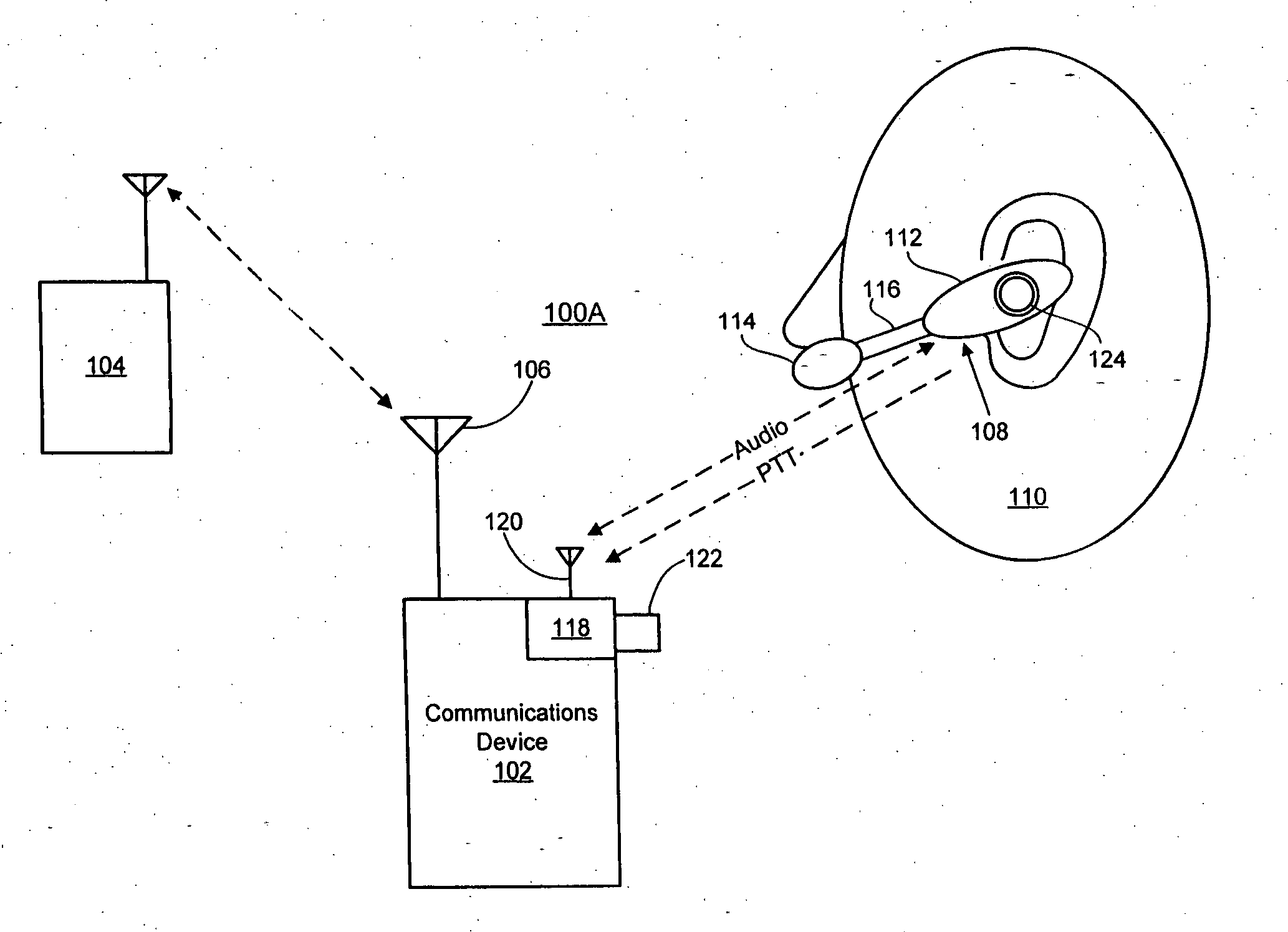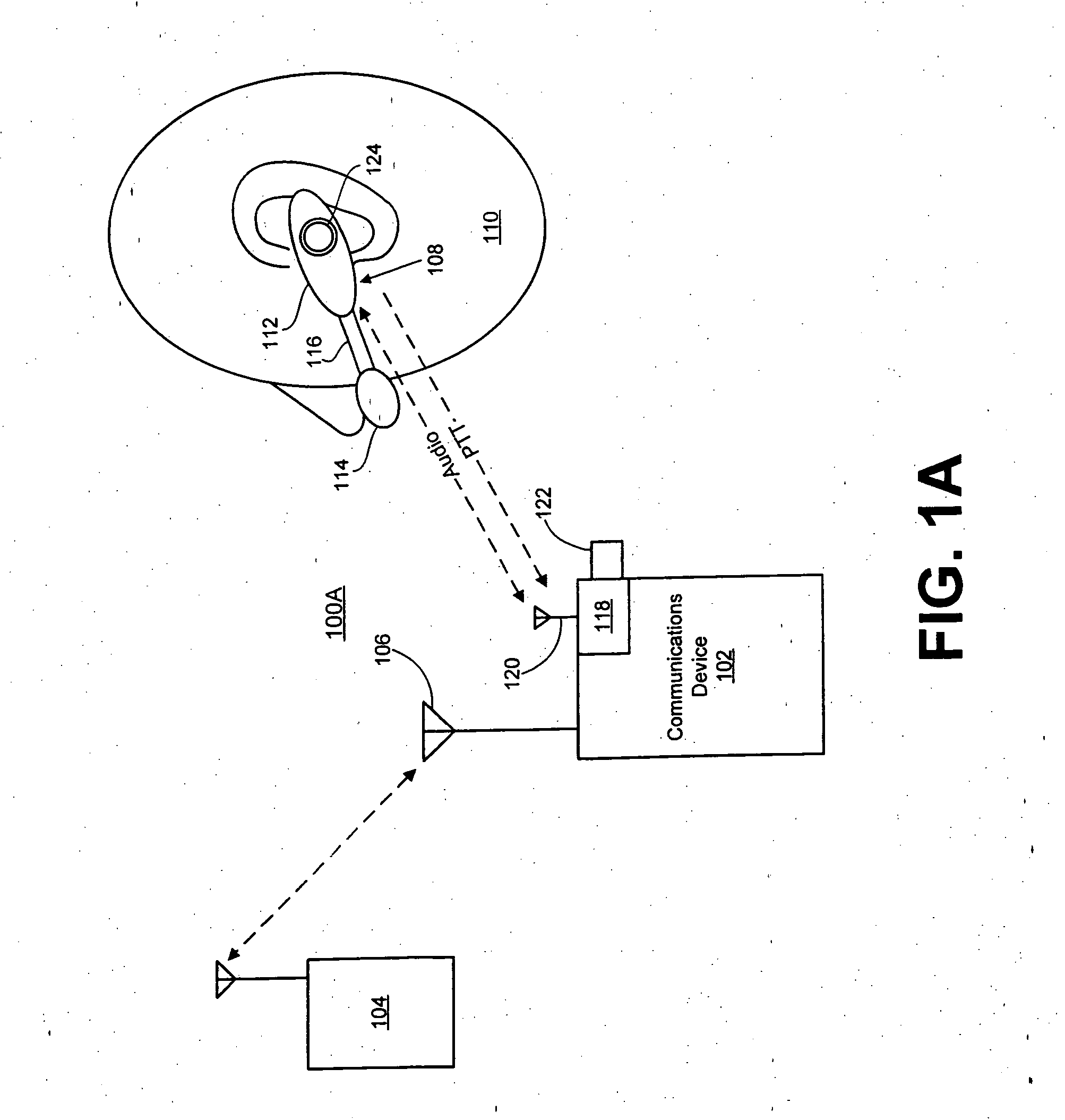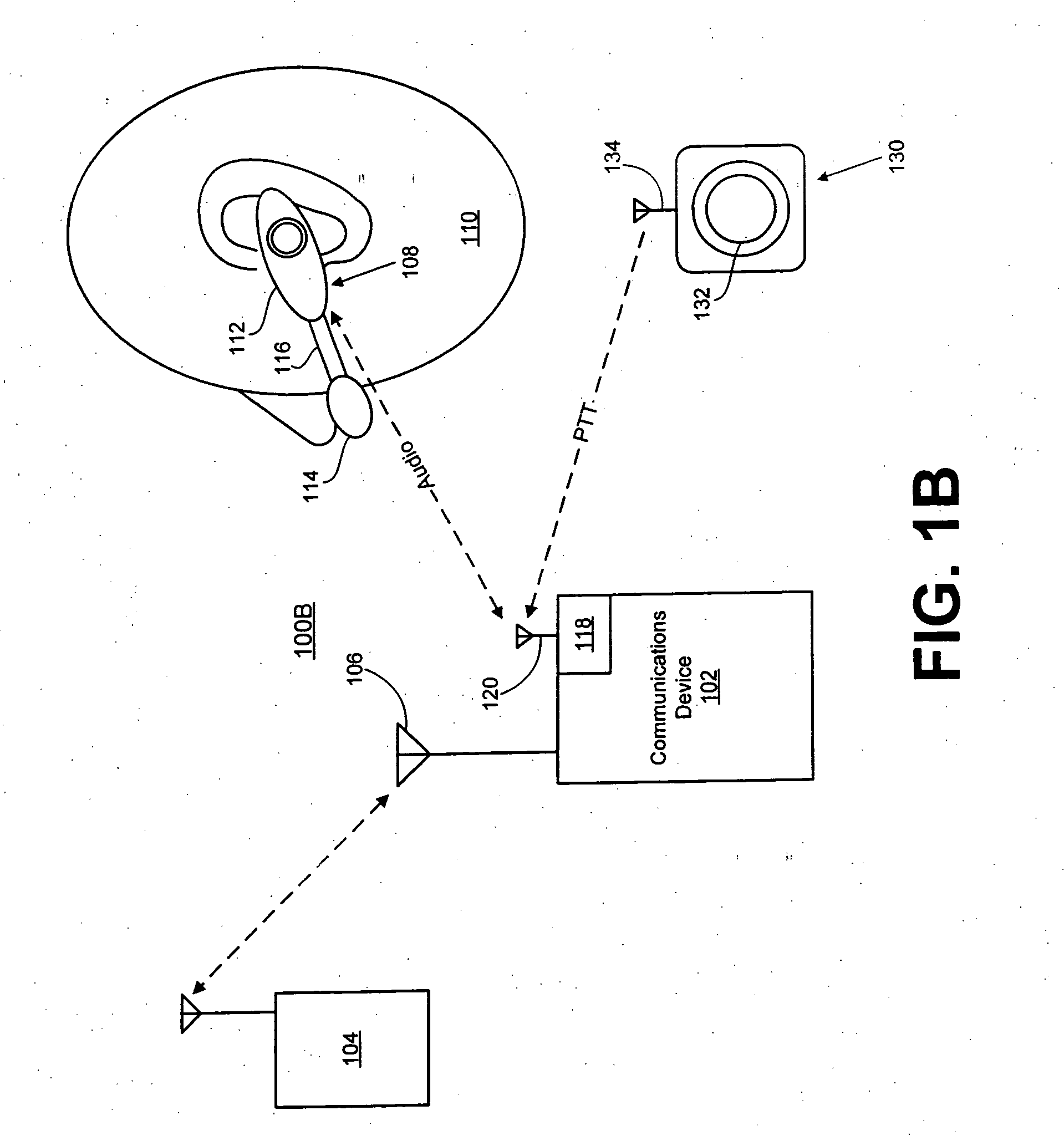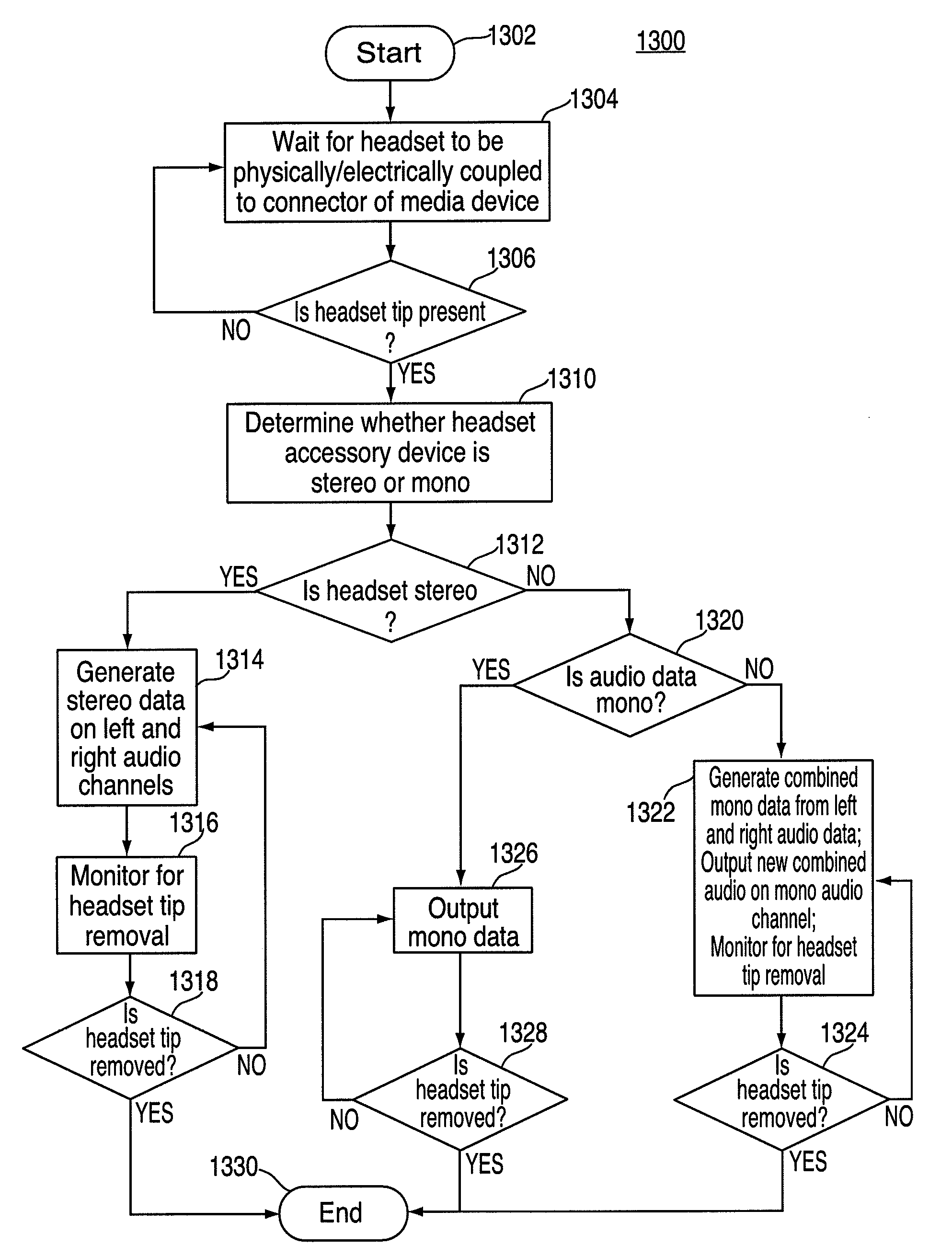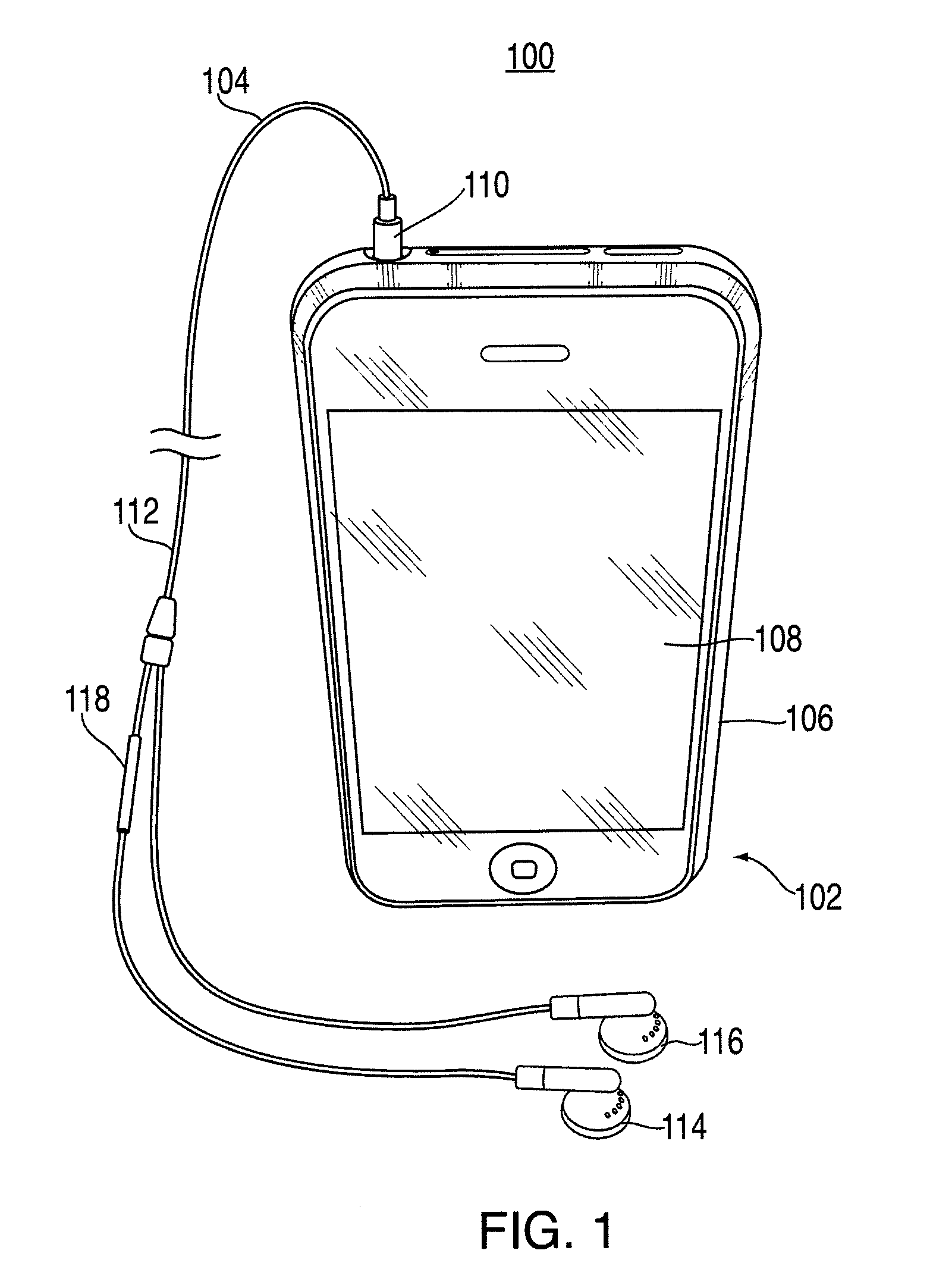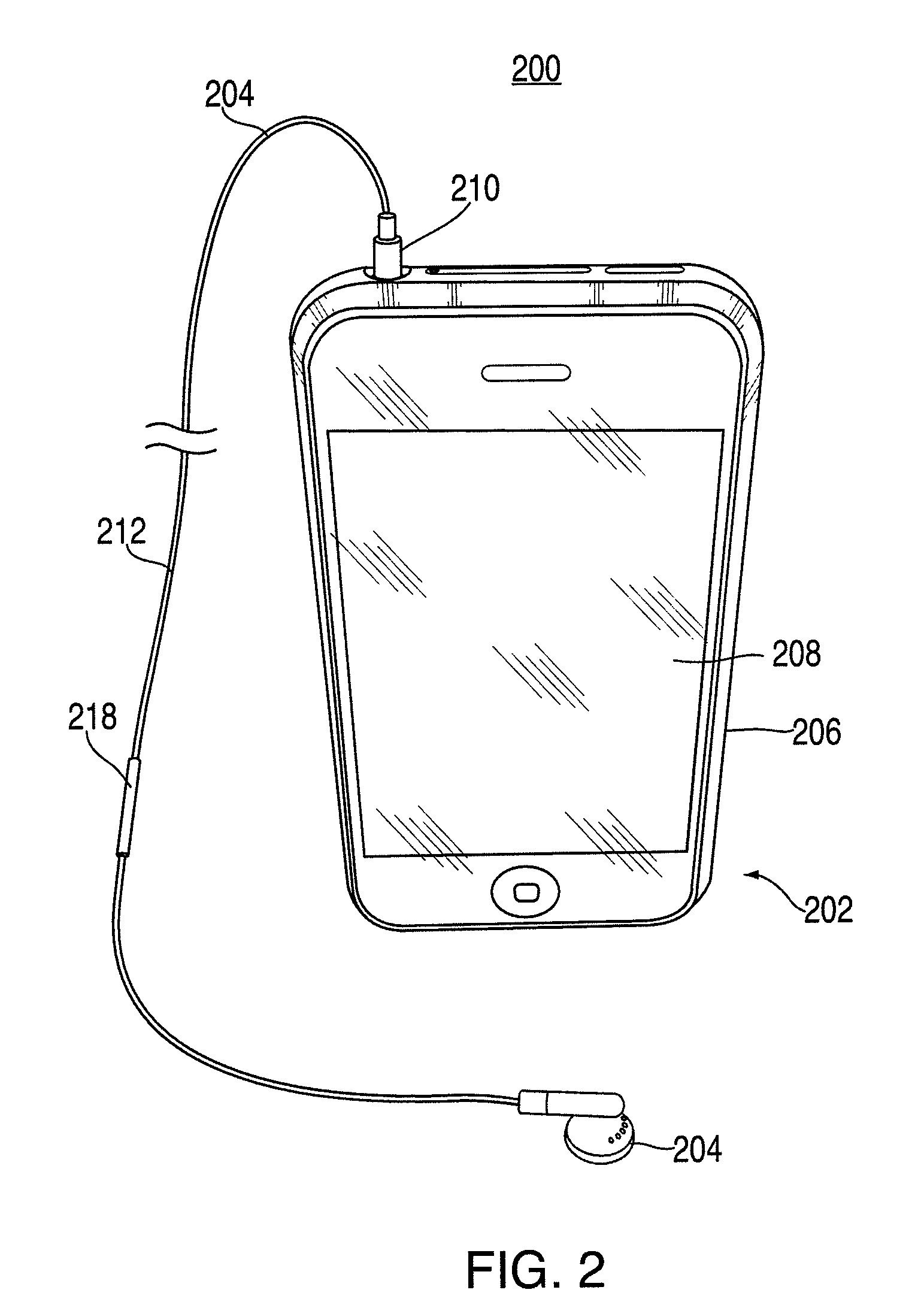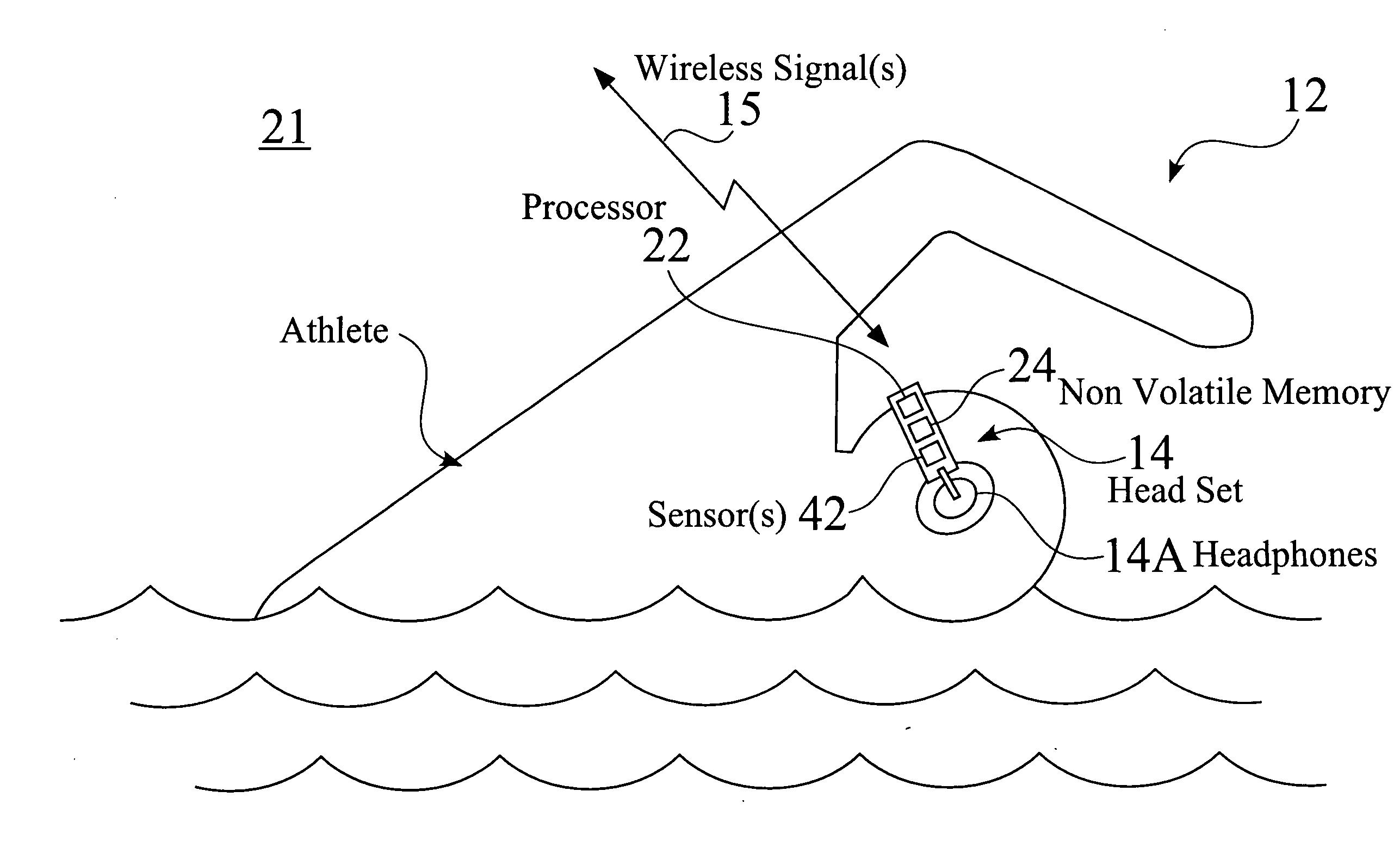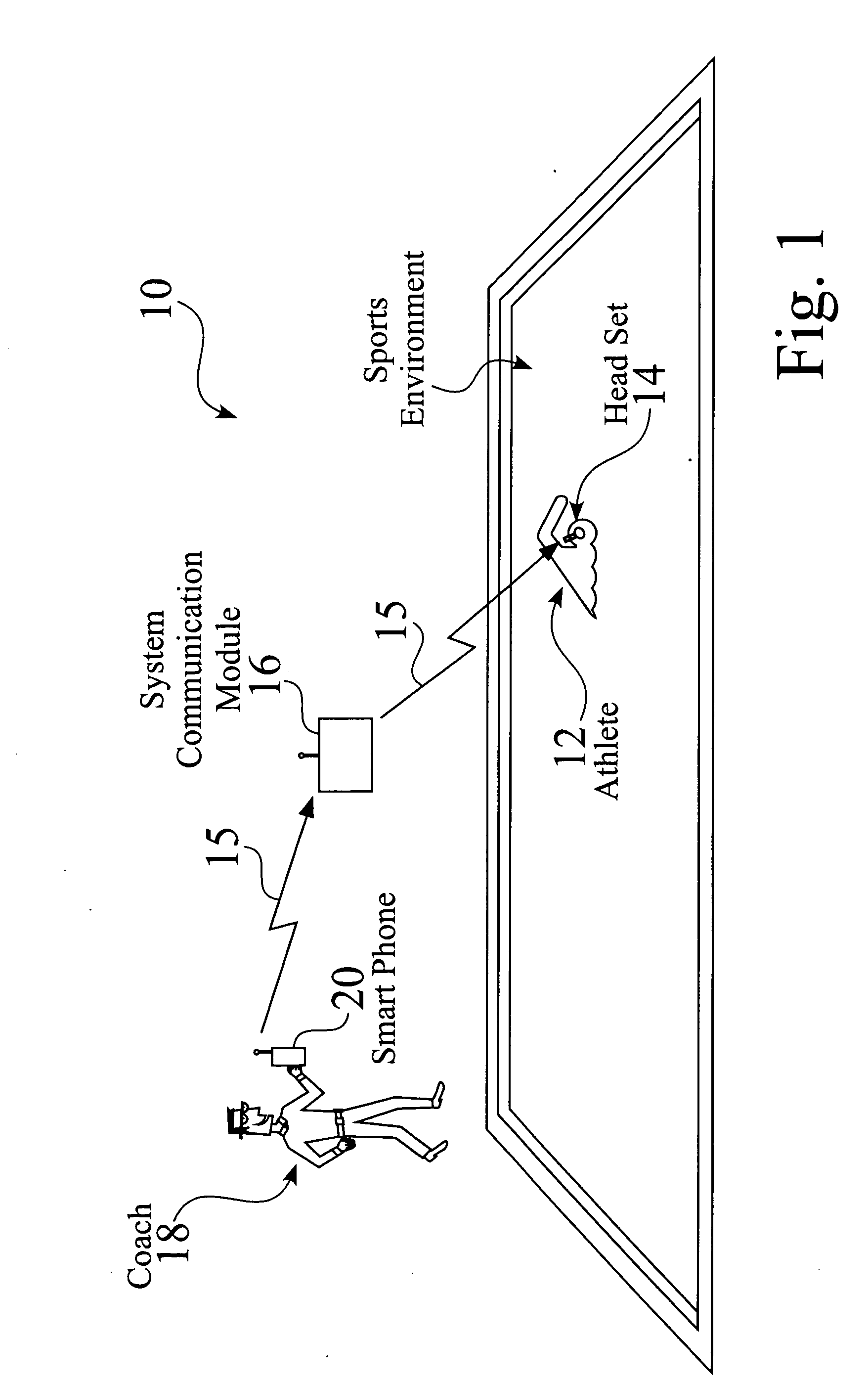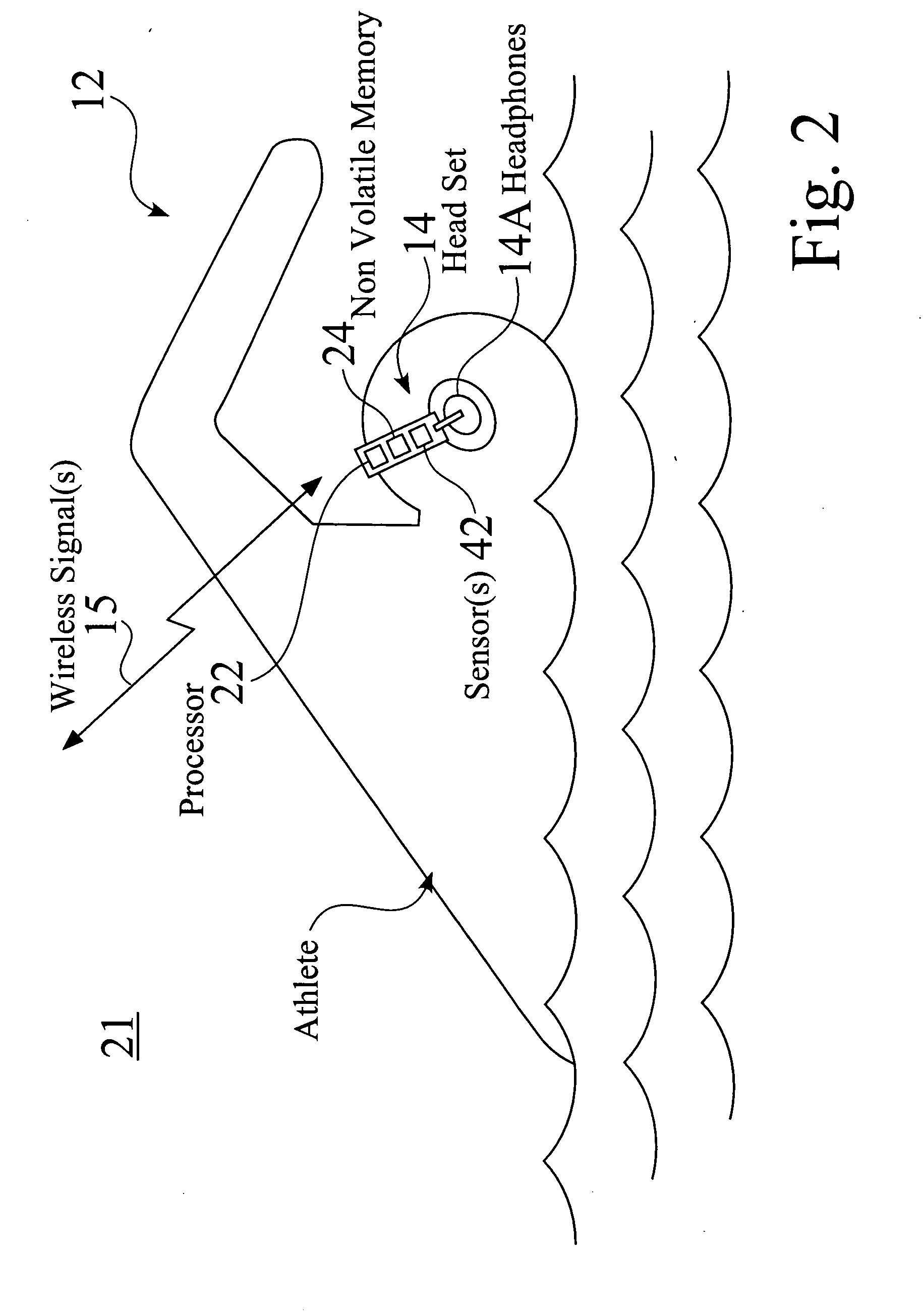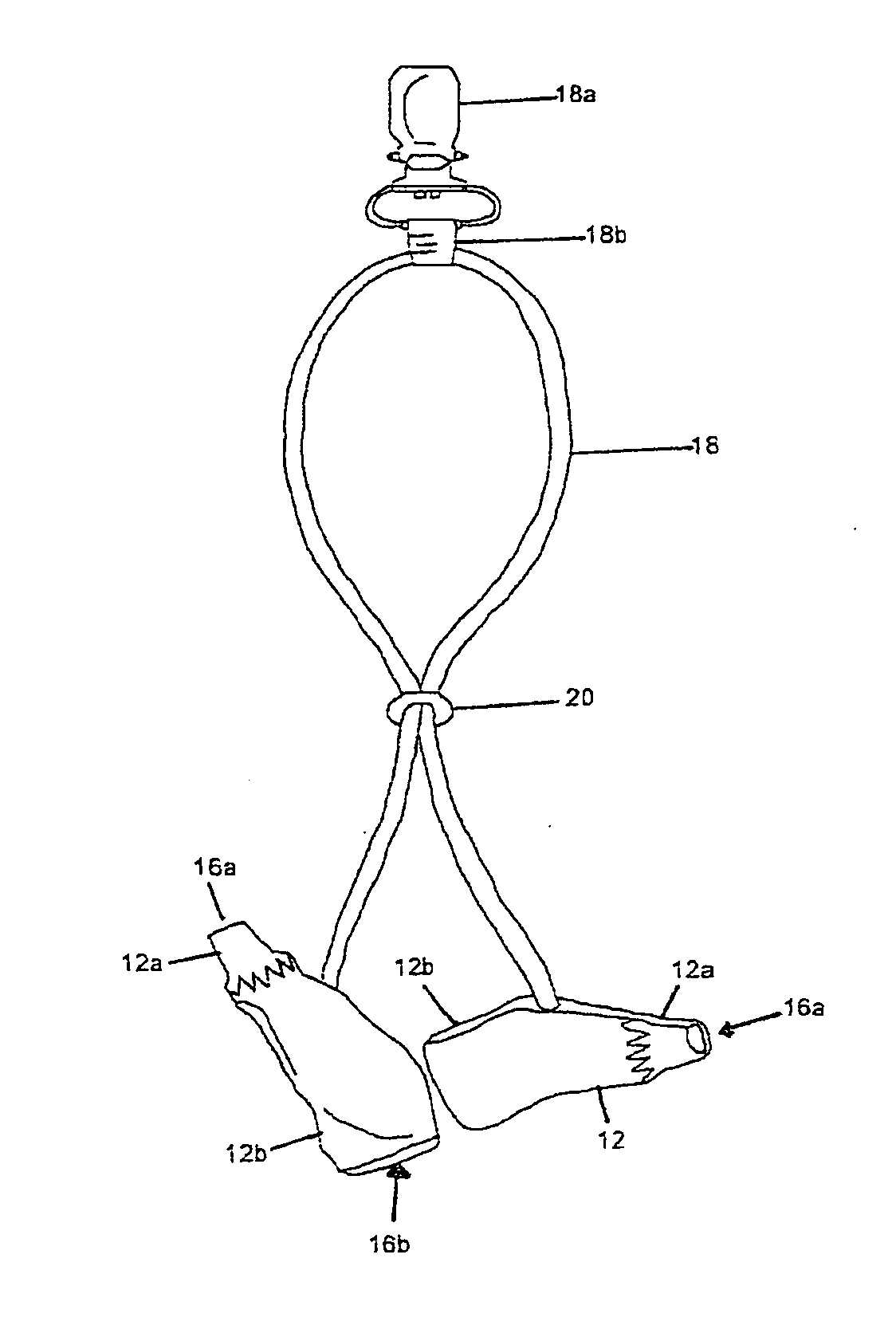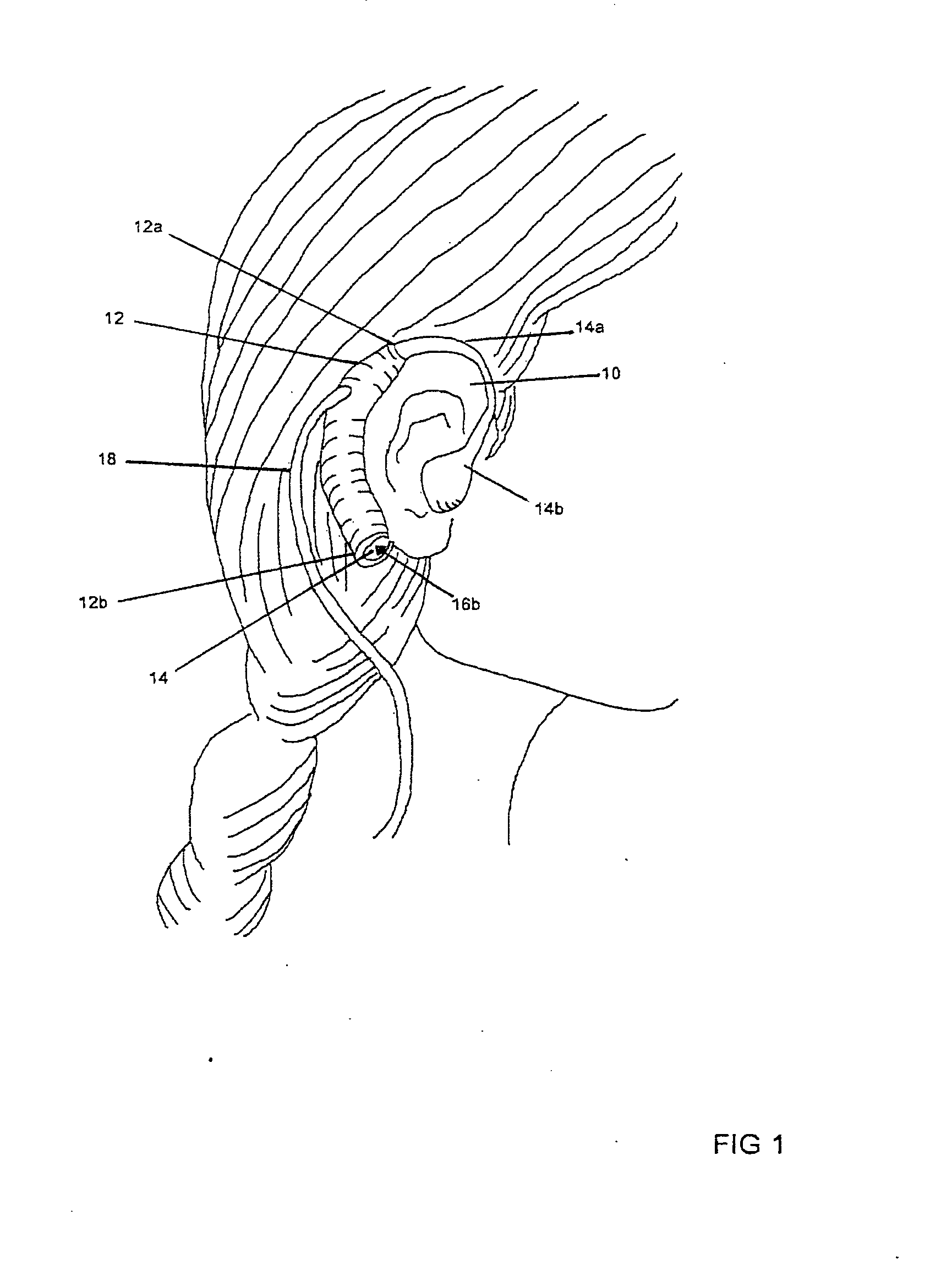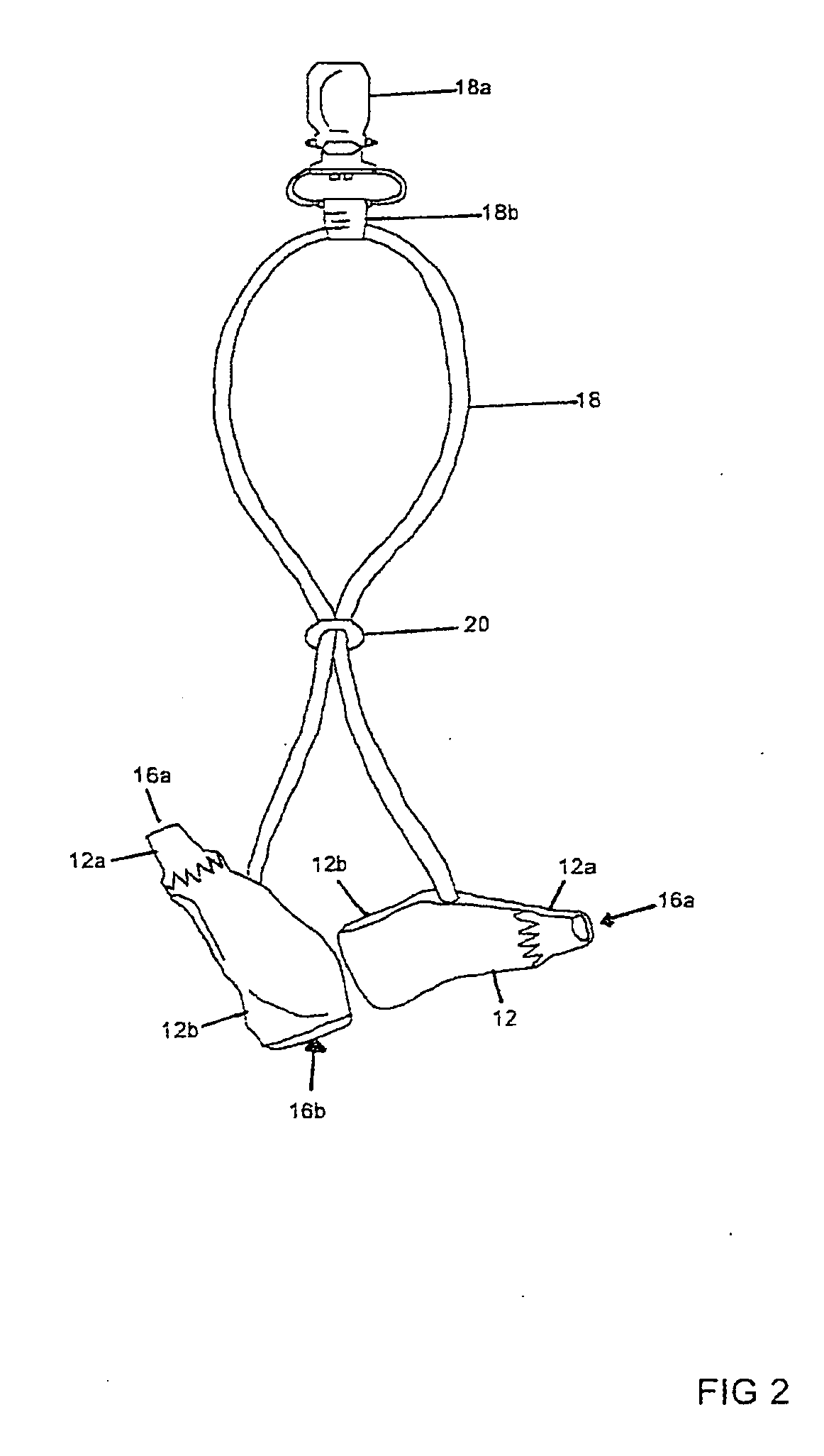Patents
Literature
Hiro is an intelligent assistant for R&D personnel, combined with Patent DNA, to facilitate innovative research.
5228results about "Earpiece/earphone attachments" patented technology
Efficacy Topic
Property
Owner
Technical Advancement
Application Domain
Technology Topic
Technology Field Word
Patent Country/Region
Patent Type
Patent Status
Application Year
Inventor
Telemetric apparatus for health and environmental monitoring
Wearable apparatus for monitoring various physiological and environmental factors are provided. Real-time, noninvasive health and environmental monitors include a plurality of compact sensors integrated within small, low-profile devices, such as earpiece modules. Physiological and environmental data is collected and wirelessly transmitted into a wireless network, where the data is stored and / or processed.
Owner:YUKKA MAGIC LLC
Headset signal multiplexing system and method
Owner:VOCOLLECT
Protective enclosure for electronic device
InactiveUS7609512B2Digital data processing detailsRecord information storageTablet computerDevices fixation
A protective enclosure for an electronic device such as a laptop computer or tablet computer that comprises a shell that is capable of enclosing and substantially surrounding the electronic device. The shell is substantially watertight, substantially rigid and substantially crush-resistant. The inside of the shell has a hook and loop liner with shock absorbing corner bumpers having hook and loop type bases so that the bumpers may attach at any point on the liner inside the shell to accommodate electronic devices of various sizes and to secure the device inside the enclosure in a shock absorbent suspended manner. The shell may further comprise a USB connector hub for connection to the USB port of a laptop computer or PC tablet enclosed in the protective shell.
Owner:OTTER PRODS
Wireless headset with automatic power control
InactiveUS7010332B1Life maximizationMinimize power consumptionPower managementNear-field transmissionAutomatic controlProximity sensor
A wireless headset for use with a separate communications device, such as a cellular telephone, includes automatic on / off capabilities to maximize battery life. By detecting a user's interaction, such as picking up the headset or placing it upon the user's body, the wireless headset automatically transitions from an inactive state to an active state. Techniques for automatic headset enabling include but are not limited to motion sensors, attitude or position sensors, proximity sensors, and contact sensors. These techniques may be used individually or in any combination. An internal timer allows the wireless headset to return to its inactive state a defined interval after cessation of movement or removal of the wireless headset. Including an optional sleep state further optimizes battery life. In the sleep state, only a portion of the wireless headset circuitry is enabled. Rather than transitioning from inactive to active, the headset transitions from inactive to sleep. In sleep, the headset periodically monitors for a signal from the separate communications device. Upon detection of such a signal, the wireless headset transitions to its active state, thereby providing full functionality to the user.
Owner:UNWIRED PLANET
Personalized headphone virtualization
ActiveUS20060045294A1Improve accuracySound qualityHeadphones for stereophonic communicationEarpiece/earphone attachmentsVirtualizationPersonalization
A listener can experience the sound of virtual loudspeakers over headphones with a level of realism that is difficult to distinguish from the real loudspeaker experience. Sets of personalized room impulse responses (PRIRs) are acquired for the loudspeaker sound sources over a limited number of listener head positions. The PRIRs are then used to transform an audio signal for the loudspeakers into a virtualized output for the headphones. Basing the transformation on the listener's head position, the system can adjust the transformation so that the virtual loudspeakers appear not to move as the listener moves the head.
Owner:SMYTH RES
Method and circuit for controlling an output of an audio signal of a battery-powered device
ActiveUS20100322438A1Shorten the timeHigh power consumptionSupply voltage controlEarpiece/earphone attachmentsEngineeringControl circuit
A method and a control circuit for controlling an output of an audio signal of a battery-powered device are described.
Owner:SONY CORP
Audio signal receiving apparatus, audio signal receiving method and audio signal transmission system
InactiveUS8116476B2Filamentary/web record carriersPublic address systemsSound sourcesAudio frequency
Owner:SONY CORP
Protective enclosure for electronic device
InactiveUS20060274493A1Digital data processing detailsRecord information storageTablet computerDevices fixation
A protective enclosure for an electronic device such as a laptop computer or tablet computer that comprises a shell that is capable of enclosing and substantially surrounding the electronic device. The shell is substantially watertight, substantially rigid and substantially crush-resistant. The inside of the shell has a hook and loop liner with shock absorbing corner bumpers having hook and loop type bases so that the bumpers may attach at any point on the liner inside the shell to accommodate electronic devices of various sizes and to secure the device inside the enclosure in a shock absorbent suspended manner. The shell may further comprise a USB connector hub for connection to the USB port of a laptop computer or PC tablet enclosed in the protective shell.
Owner:OTTER PRODS
Separation of target acoustic signals in a multi-transducer arrangement
ActiveUS7099821B2Efficiently reduce or eliminate the noise componentEfficient removalTwo-way loud-speaking telephone systemsSignal processingTransducerEngineering
The present invention provides a process for separating a good quality information signal from a noisy acoustic environment. The separation process uses a set of at least two spaced-apart transducers to capture noise and information components. The transducer signals, which have both a noise and information component, are received into a separation process. The separation process generates one channel that is substantially only noise, and another channel that is a combination of noise and information. An identification process is used to identify which channel has the information component. The noise signal is then used to set process characteristics that are applied to the combination signal to efficiently reduce or eliminate the noise component. In this way, the noise is effectively removed from the combination signal to generate a good qualify information signal. The information signal may be, for example, a speech signal, a seismic signal, a sonar signal, or other acoustic signal.
Owner:RGT UNIV OF CALIFORNIA +1
Charging cradle for a headset device and an earphone cover for the headset device
InactiveUS20080090622A1Easy to checkAvoid external damageBatteries circuit arrangementsEarpiece/earphone attachmentsHeadphonesBattery pack
Disclosed is a charging cradle for a headset device, which includes a housing with a surface providing a mounting depression, and a cover with a transparent surface pivotably connected to the housing so as to open and close the mounting depression. The headset device is mounted in the mounting depression so as to charge an internal battery pack provided in the headset device. The cradle protects the headset device under charging, enabling the user to observe the charging state without opening it. An earphone cover for a headset device includes a projected semi-circular fixing ring for preventing the earphone from being removed from the ear. The earphone cover is provided in various sizes to fit a user's ear size, and may be rotated to change the rotational position of the fixing ring so as to enable the user to put the headset device selectively on the right or left ear.
Owner:SAMSUNG ELECTRONICS CO LTD
Separation of target acoustic signals in a multi-transducer arrangement
ActiveUS20050060142A1Efficient removalQuality improvementSignal processingEarpiece/earphone attachmentsSeparation processEngineering
The present invention provides a process for separating a good quality information signal from a noisy acoustic environment. The separation process uses a set of a least two spaced-apart transducers to capture noise and information components. The transducer signals, which have both a noise and information component, are received into a separation process. The separation process generates one channel that is substantially only noise, and another channel that is a combination of noise and information. An identification process is used to identify which channel has the information component. The noise signal is then used to set process characteristics that are applied to the combination signal to efficiently reduce or eliminate the noise component. In this way, the noise is effectively removed from the combination signal to generate a good qualify information signal. The information signal may be, for example, a speech signal, a seismic signal, a sonar signal, or other acoustic signal.
Owner:RGT UNIV OF CALIFORNIA +1
Telemetric apparatus for health and environmental monitoring
Owner:YUKKA MAGIC LLC
Inductively chargeable audio devices
An inductively enabled audio speaker is disclosed configured to receive power inductively from an inductive power outlet. The audio speaker device has a voice coil which, as well as being able to produce an audible output, is further configured to function as a secondary inductor to inductively couple with a primary inductor. The inductively enabled audio speaker may be used to power an electrical device such as a Bluetooth earpiece, a telephone or the like.
Owner:POWERMAT TECHNOLOGIES
Audio system and method
InactiveUS6990211B2Easy to controlImprove distributionTransducers for sound channels pluralityHeadphones for stereophonic communicationLoudspeakerComputer science
The disclosed embodiments relates to orienting a sound field in relation to a user and a generated set of images. For instance, a system may include a sound subsystem, a location subsystem, and a speaker subsystem. The speaker subsystem may include a plurality of sensors and a plurality of speakers. The sound subsystem may include a surround sound circuit that may be connected to a signal source and the speaker subsystem. The location subsystem may receive position information reflective of the orientation of a user and provide a signal that may be used by the sound circuit to adjust the audio signal based on the orientation of the user.
Owner:HEWLETT PACKARD DEV CO LP +1
Method and apparatus for providing feedback of vocal quality to a user
Embodiments of the invention relate to a feedback mechanism that informs a user of a communication device to adjust the volume, pitch, tone or other characteristic of his voice so as to compensate for noise in the surrounding environment. The feedback mechanism includes feedback circuitry that analyzes audio signals from the microphone and preferably from one or more additional environmental noise sensors. From the analysis, the feedback circuitry determines characteristics of the user's voice and characteristics of the environmental noise, and provides an analysis of how the user might modify his voice to best compensate for environmental noise. This analysis results in an indication to the user, such as through a vibration, a sound, or graphical indication on the device, which tells the user whether and to what extent the user should adjust a characteristic of his voice to best overcome such environmental noise.
Owner:MOTOROLA SOLUTIONS INC
Playback mode control device and playback mode control method
InactiveUS20050126370A1Highly variegatedIncrease contentElectrophonic musical instrumentsDigital data information retrievalMode controlHeadphones
A replay mode control device in which the replay mode in reproducing music or video contents is controlled so as to be suitable for a user. A headphone of a mobile music reproducing device is provided with a vibration sensor for detecting movements of the user in the up-and-down direction. A walking movement detection unit detects the walking interval of the user based on an output of the vibration sensor. A replay mode controller manages control to adjust the replay rate of music contents to the walking interval of the user.
Owner:SONY CORP
BTE/CIC auditory device and modular connector system therefor
An inventive earpiece auditory device is provided. In one embodiment, the earpiece auditory device includes a behind-the-ear component, the behind-the-ear component preferably being shaped to fit behind an ear of a user. In some embodiments, the behind-the-ear component includes a module that includes processing circuitry. In a preferred embodiment, the earpiece auditory device also includes a completely-in-canal component, the completely-in-canal component preferably being shaped to fit into the ear canal of the user in such a manner as to touch the bony portion of the ear canal of the user. In some embodiments, the completely-in-canal component includes an ear mold. Moreover, in one embodiment, the earpiece auditory device includes a connector physically coupling the behind-the-ear component to the completely-in-canal component. In a preferred embodiment, the connector includes at least one end detachably coupled to the behind-the-ear component or the completely-in-canal component.
Owner:HEAR WEAR TECH
Augmented reality enhanced audio
A device and method for providing augmented reality enhanced audio. The device is portable and may include a location processing module capable of receiving location information and determining a location of the device in an environment, an orientation processing module capable of determining an orientation of the device at the location, a processor capable of modifying audio content based on the location of the device in the environment and the orientation of the device at the location, and an audio output device capable of outputting the modified audio content. The orientation of the device includes an azimuth and an elevation of the device.
Owner:SONY CORP
Sonic landscape system
InactiveUS20030031334A1Position data use in hearing devicesPublic address systemsAcoustic waveLoudspeaker
A system for providing a listener with an augmented audio reality in a geographical environment said system comprising a position locating system for determining a current position and orientation of a listener in. said geographical environment; an audio track creation system for creating an audio track having a predetermined spatialization component dependent on an apparent location of an apparent source associated with said audio track in said geographical environment; an audio track rendering system adapted to render an audio signal based on said audio track to a series of speakers surrounding said listener such that said listener experiences an apparent preservation of said spatialization component; and an audio track playback system interconnected to said position locating system and said audio track creation system and adapted to forward a predetermined audio track to said audio rendering system for rendering depending on said current position and orientation of said listener in said geographical environment.
Owner:GUANGDONG OPPO MOBILE TELECOMM CORP LTD
Audio/video device having a volume control function for an external audio reproduction unit by using volume control buttons of a remote controller and volume control method therefor
ActiveUS7672470B2Easy volume controlSubstation/switching arrangement detailsGain controlLoudspeakerVideo equipment
An audio / video (A / V) device having a volume control function for external audio reproduction units by using volume control buttons of a remote controller is provided. The A / V device includes speakers, an audio output port for externally outputting an audio signal, an audio signal processing unit for reproducing and amplifying the audio signal and applying the amplified audio signal to the speakers or the audio output port, a memory unit for storing volume control values, and a control unit for applying to the audio signal processing unit any of the volume control values stored in the memory based on whether the external audio reproduction unit is plugged in the audio output port. The control unit controls the audio signal processing unit to adjust the volume control values for the audio output port by the volume control buttons when the external audio reproduction unit is plugged in the audio output port.
Owner:SAMSUNG ELECTRONICS CO LTD
Methods and apparatus for processing spatialised audio
The invention relates to an apparatus for sound reproduction of a sound information signal having spatial components, the apparatus includes: sound input means adapted to input the sound information signal; headtracking means for tracking a current head orientation of a listener listening to the sound information signal via sound emission sources and to produce a corresponding head orientation signal; sound information rotation means connected to the sound input means and the headtracking means and adapted to rotate said sound information signal to a substantially opposite degree to the degree of orientation of said current head orientation of the listener to produce a rotated sound information signal; and sound conversion means connected to the sound information rotation means for converting the rotated sound information signal to corresponding sound emission signals for outputting by the sound emission sources such that the spatial components of the sound information signal are substantially maintained in the presence of movement of the orientation of head of the listener.
Owner:DOLBY LAB LICENSING CORP
Techniques for wirelessly controlling push-to-talk operation of half-duplex wireless device
ActiveUS7818037B2Improve economyTransparent operationSubstation speech amplifiersEarpiece/earphone attachmentsCommunications systemWireless control
Owner:FREELINC HLDG LLC
Supervisor training terminal and monitor for voice-driven applications
ActiveUS9361882B2Natural language translationEarpiece/earphone attachmentsSpoken languageTelecommunications link
A system for supervising an operator in a speech-driven environment includes an operator terminal configured for running a bi-directional speech task with an operator in a first spoken language wherein the speech task includes a plurality of successive nodes that are encountered by the operator, indicating progress through the task. A supervisor terminal is configured for running a bi-directional speech task with a supervisor in a second spoken language that is different from the first spoken language. A communication link exists between the operator terminal and supervisor terminal for communicating information therebetween. The operator terminal communicates, to the supervisor terminal, information regarding progress through the operator terminal speech task. The supervisor terminal progresses through the supervisor terminal speech task synchronized with the progress of the operator terminal speech task. A monitor is configured for displaying the operator's node-by-node progression upon receipt of speech data from said operator terminal.
Owner:VOCOLLECT
Binaural sound localization using a formant-type cascade of resonators and anti-resonators
ActiveUS20050117762A1No detectable deterioration of output qualitySave considerable memoryEarpiece/earphone attachmentsTwo-channel systemsFrequency spectrumTerm memory
This invention is a method for binaural localization using a cascade of resonators and anti-resonators to implement an HRTF (head-related transfer function). The spectrum of the cascade reproduces the magnitude spectrum of a desired HRTF. The proposed method provides a considerably more computationally efficient implementation of HRTF filters with no detectable deterioration of output quality while saving memory when storing a large quantity of HRTFs due to the parameterization of its resonators and anti-resonators. Finally, the method offers additional flexibility since the resonators and anti-resonators can be manipulated individually during the design process, making it possible to interpolate smoothly between HRTFs, reduce spectral coloring or achieve higher accuracy at perceptually relevant frequency regions. These HRTF are useful in stereo enhancement and multi-channel virtual surround simulation.
Owner:TEXAS INSTR INC
BTE/CIC auditory device and modular connector system therefor
InactiveUS7016512B1Sufficient structural rigidityPrevent removalMicrophonesAdditive manufacturing apparatusEngineeringLoudspeaker
In representative embodiments, the present invention is directed to an at least partially in-the-canal module. The module may include a speaker module that generates audio signals from an electrical driving signal. The speaker module has a tubular body with a diameter that is smaller than the ear canal of the user. The speaker module also includes an arcuate raised ridge. A cushion tip of deformable material may be used to enclose the speaker module within a tubular portion that applies an elastic force to the arcuate raised ridge to prevent removal of the speaker from the cushion tip. Also, the tubular portion is longer than the speaker module to cause the cushion tip to deflect during navigation through the canal. Further, the tip portion of the cushion tip possesses sufficient structural rigidity to prevent the speaker from being pushed through the cushion tip during navigation through the canal.
Owner:HEAR WEAR TECH
Techniques for wirelessly controlling push-to-talk operation of half-duplex wireless device
ActiveUS7818036B2Improve economyTransparent operationNear-field transmissionSubstation speech amplifiersCommunications systemWireless control
Disclosed herein is a communications system implementing a headset wirelessly connected to a half-duplex communications device, such as a two-way radio or a radio-simulating cellular phone. The headset may incorporate a transmit / receive switch wherein a transmit signal is wirelessly transmitted from the headset to the communications device to direct the communications device to enter into a transmit mode. Alternatively, a wireless transmit / receive switch may be implemented separately from the wireless headset, where the wireless transmit / receive switch may be positioned in the proximity of the communications device and the headset and may be engaged by a user to direct the communications device to enter a transmit mode.
Owner:FREELINC HLDG LLC
Wireless headset for communications device
ActiveUS20060073787A1Transparent operationLow costNear-field transmissionSubstation speech amplifiersCommunications systemEngineering
Disclosed herein is a communications system implementing a headset wirelessly connected to a half-duplex communications device, such as a two-way radio or a radio-simulating cellular phone. The headset may incorporate a transmit / receive switch wherein a transmit signal is wirelessly transmitted from the headset to the communications device to direct the communications device to enter into a transmit mode. Alternatively, a wireless transmit / receive switch may be implemented separately from the wireless headset, where the wireless transmit / receive switch may be positioned in the proximity of the communications device and the headset and may be engaged by a user to direct the communications device to enter a transmit mode.
Owner:FREELINC HLDG LLC
Detecting stereo and mono headset devices
ActiveUS20090175456A1Headphones for stereophonic communicationStereophonic circuit arrangementsVocal tractHeadphones
The present invention includes apparatuses and methods comprising a means for detecting the presence of speakers and microphones coupled to a portable multi-function device (such as Apple's iPhone™). In response, a portable multi-function device can adapt its output depending on the nature of the coupled headset device. In particular, a portable multi-function device containing the present invention can, upon detecting only one speaker in a coupled headset accessory device, combine the multiple channels of a stereo audio signal into a single mono audio signal. Likewise, a portable multi-function device containing the present invention can alert users to the absence of a coupled microphone.
Owner:APPLE INC
Activity monitoring & directing system
ActiveUS20140348367A1Comprehensive understandingHeadphones for stereophonic communicationEarpiece/earphone attachmentsTelecommunications linkActivity monitoring
A system for monitoring and directing athletic or other physical activities is disclosed. In one embodiment of the invention, a headset worn by an athlete includes one or more sensors, a microprocessor, a non-volatile memory and a communication link. The athlete's headset receives and transmits signals to a coach while the athlete is performing an activity. In this embodiment, the present invention provides coordinated audio streams to the athlete during his / her activity and training. In one implementation, the system coordinates audio for entertainment (such as music), audio expression of real-time performance information (such as count of laps, heart rate, etc.), optional pre-planned activity instructions and interrupt audio such as a coach's advice / instruction, or cell phone messages. In this implementation, the system records the output of the performance sensors for later analysis and allows for real-time display of the data for the coach. In one implementation, the system includes a underwater communication link for communication with a swimmer while in the water.
Owner:ZONAAR
Security and protection device for an ear-mounted audio amplifier or telecommunication instrument
InactiveUS20120057740A1Comfortable to wearLight weightEarpiece/earphone attachmentsHearing aids housingAudio power amplifierEngineering
A security and protection device for an ear-mounted audio amplifier or telecommunication instrument. The device includes a resilient water-pervious hollow sleeve sized and shaped to snugly conform to the shape of an audio amplifier or telecommunication instrument having an earpiece insertable in to the ear of a user when the sleeve is slid over the instrument. The sleeve has a top opening at a top end of the sleeve and a bottom opening at an opposite bottom end of the sleeve. The bottom opening is sized to snugly receive the instrument into the hollow sleeve so as to substantially completely cover the instrument when journalled in the sleeve. The top opening is sized to snugly receive through the top opening a corresponding upper end of the instrument. The upper end of the instrument is connected to the instrument earpiece.
Owner:ROSAL MARK BRYAN
Features
- R&D
- Intellectual Property
- Life Sciences
- Materials
- Tech Scout
Why Patsnap Eureka
- Unparalleled Data Quality
- Higher Quality Content
- 60% Fewer Hallucinations
Social media
Patsnap Eureka Blog
Learn More Browse by: Latest US Patents, China's latest patents, Technical Efficacy Thesaurus, Application Domain, Technology Topic, Popular Technical Reports.
© 2025 PatSnap. All rights reserved.Legal|Privacy policy|Modern Slavery Act Transparency Statement|Sitemap|About US| Contact US: help@patsnap.com
